
-
We're Open 😎 Call Us ! Click to Call
- Mon to Thurs 9:00am - 7:00pm
- Friday 9:00am - 6:00pm
- Email deals
- Log in
-
020 7770 6888
We're Open 😎 Call Us ! Click to Call
- Mon to Thurs 9:00am - 7:00pm
- Friday 9:00am - 6:00pm
-
Holidays
- Holidays
- Beach holidays
- All inclusive holidays
- Ski holidays
- Family holidays
- Last minute holidays
- Luxury holidays
- Summer holidays
- Package holidays
- 2025 holidays
- 2025 holidays
-
more holiday Types
- more holiday Types
- Walking holidays
- Lake holidays
- Golf holidays
- Activity holidays
- Winter sun holidays
- Santa & Lapland
- Adult-only & Couples
- Honeymoon holidays
- Babymoon holidays
- Self-catering holidays
- LGBTQ+ & gay-friendly
-
Hotels
- Hotels
- Beach hotels
-
All-inclusive hotels
- All-inclusive hotels
- All-inclusive beach hotels
- Family all-inclusive hotels
- Luxury beach hotels
- Caribbean all-inclusive hotels
- Europe all-inclusive hotels
- USA all-inclusive deals
- Indian Ocean inclusive hotels
- Arabia all-inclusive hotels
- Asia all-inclusive hotels
- 2025 all-inclusive hotels
- Group all-inclusive hotels
- Last-minute inclusive hotels
- Family hotels
- Ski hotels
- Luxury hotels
- Last minute hotels
- Caribbean hotels
- European hotels
- Indian Ocean hotels
- Asia hotels
- Arabia hotels
- USA hotels
-
Destinations
- Destinations
- Beach destinations
- Ski resorts
- All-inclusive destinations
- Family destinations
- Luxury destinations
- Group destinations
- Last minute destinations
-
more destination types
- More destination types
- Honeymoon destinations
- Wedding destinations
-
Deals
- Deals
- Beach deals
-
All-inclusive deals
- All-inclusive deals
- Caribbean all-inclusive deals
- Indian Ocean all-inclusive deals
- Europe all-inclusive deals
- USA all-inclusive deals
- Asia all-inclusive deals
- Arabia all-inclusive deals
- Beach all-inclusive deals
- All-inclusive Ski deals
- Luxury all-inclusive deals
- Family all-inclusive deals
- Group all-inclusive deals
- Last-minute all-inclusive deals
- Ski deals
- Holiday deals
- Hotel deals
- Luxury deals
- Family deals
-
Deals from Your local airport
- Deals from Your local airport
- Holidays from London
- Holidays from Midlands
- Holidays from South West
- Holidays from the North
- Holidays from Scotland
- Holidays from Ireland
-
Extras
- Holiday Extras coming soon
- Travel Insurance
- Airport Parking
- Airport Lounges
- Airport Hotels
- UK Airport Taxis
- Airport Transfers
- Car Hire
- Travel Money
Room 1
- Holidays
- Beach
- Maldives
- Central Atolls
- Conrad Maldives Rangali Island
Conrad Maldives Rangali Island




 5 out of 5
5 out of 5 4.7 out of 5
4.7 out of 5Official Description
Conrad Maldives Rangali Island is an idyllic island paradise, with lush tropical greenery and unparalleled views of and access to the Indian Ocean. Nestled in the South Ari Atoll, renowned for its abundant flora and fauna, the resort combines awe-inspiring surroundings and intuitive service that connects guests with the charm of the Maldives. Applauded for its pioneering achievements, Rangali Island was the first resort to offer undersea dining at its restaurant Ithaa. Its celebrity chef Chinese restaurant, Ufaa by Jereme Leung was a Maldives first, and it complements the other 10 restaurant and bars. Two spas, including one over the sea with glass-floored treatment rooms, offer relaxation and rejuvenation, and the rare and diverse marine wildlife on show cements Conrad Maldives Rangali Island as one of the premier island destinations worldwide. A celebration of the Maldives, Rangali Island will ignite the imagination with adventure to be had, local culture to be explored and soul-enriching discoveries designed with meaning and purpose. Conrad Maldives Rangali Island connects global wanderers to the pulse of the Maldives through an inspired experience that quenches curiosity and nourishes the senses. Arrive and transform, and indulge in the adventure that stirs within. Discover a paradise unlike any other. Go on, Dive In.
Amenities
- Banana boating
- Waterskiing
- Jet ski
- Diving
- Windsurfing
- Sailing
- Canoeing
- Pedal boating
- Table tennis
- Fitness
- Billiards
- Golf
- Tennis
- Safari
- Sauna
- Steam bath
- Hot tub
- Massage
Room Prices & Availability
Rooms
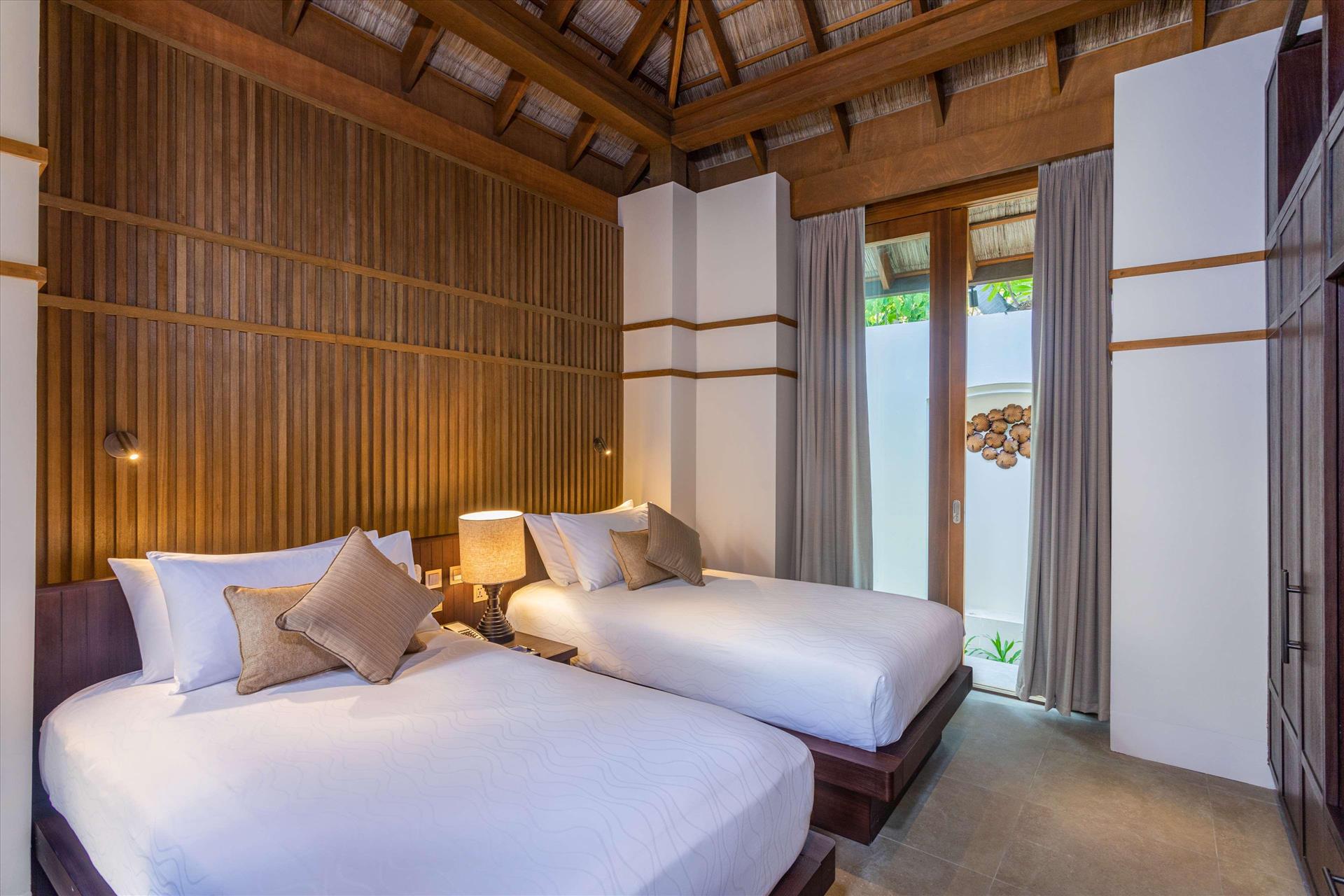
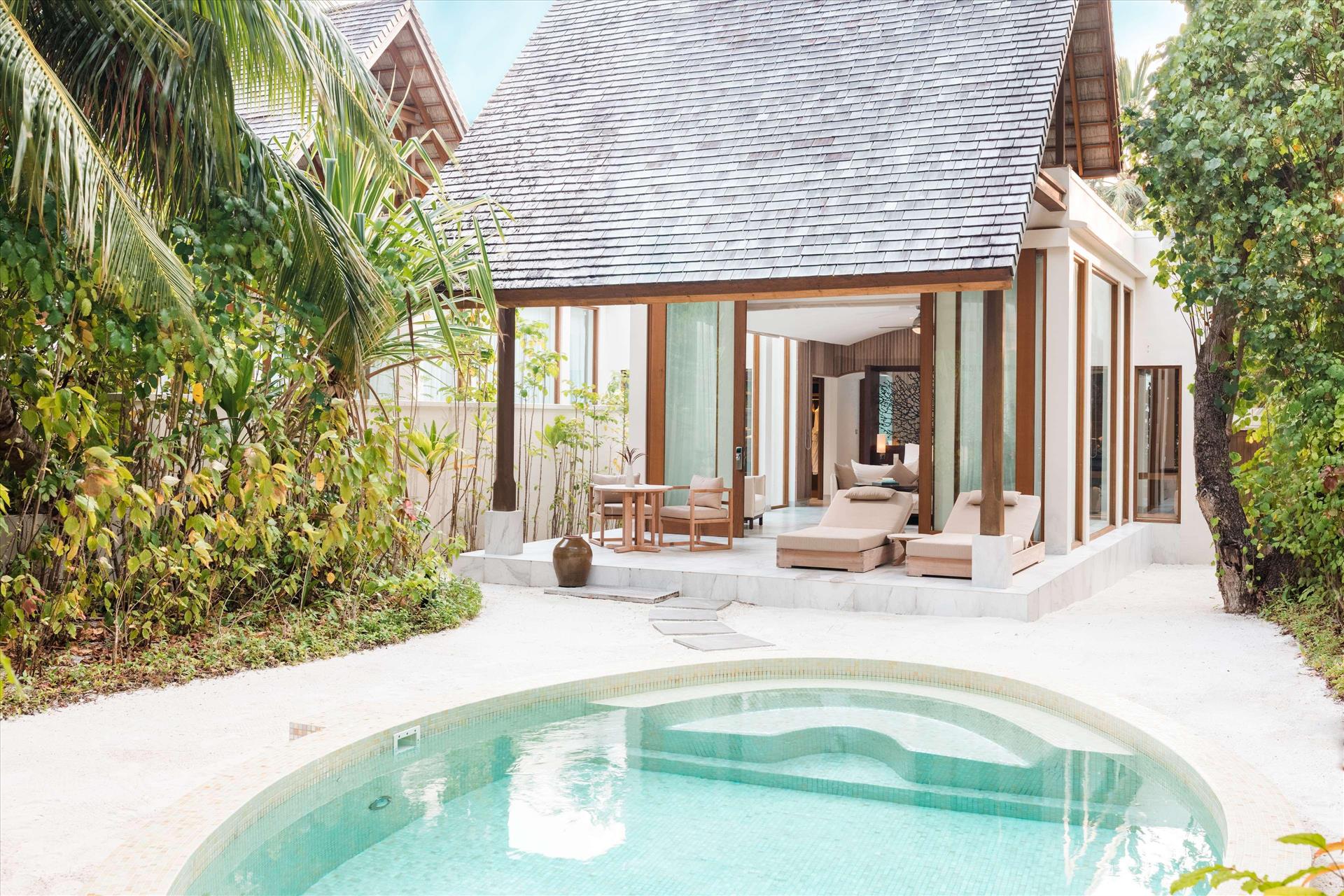
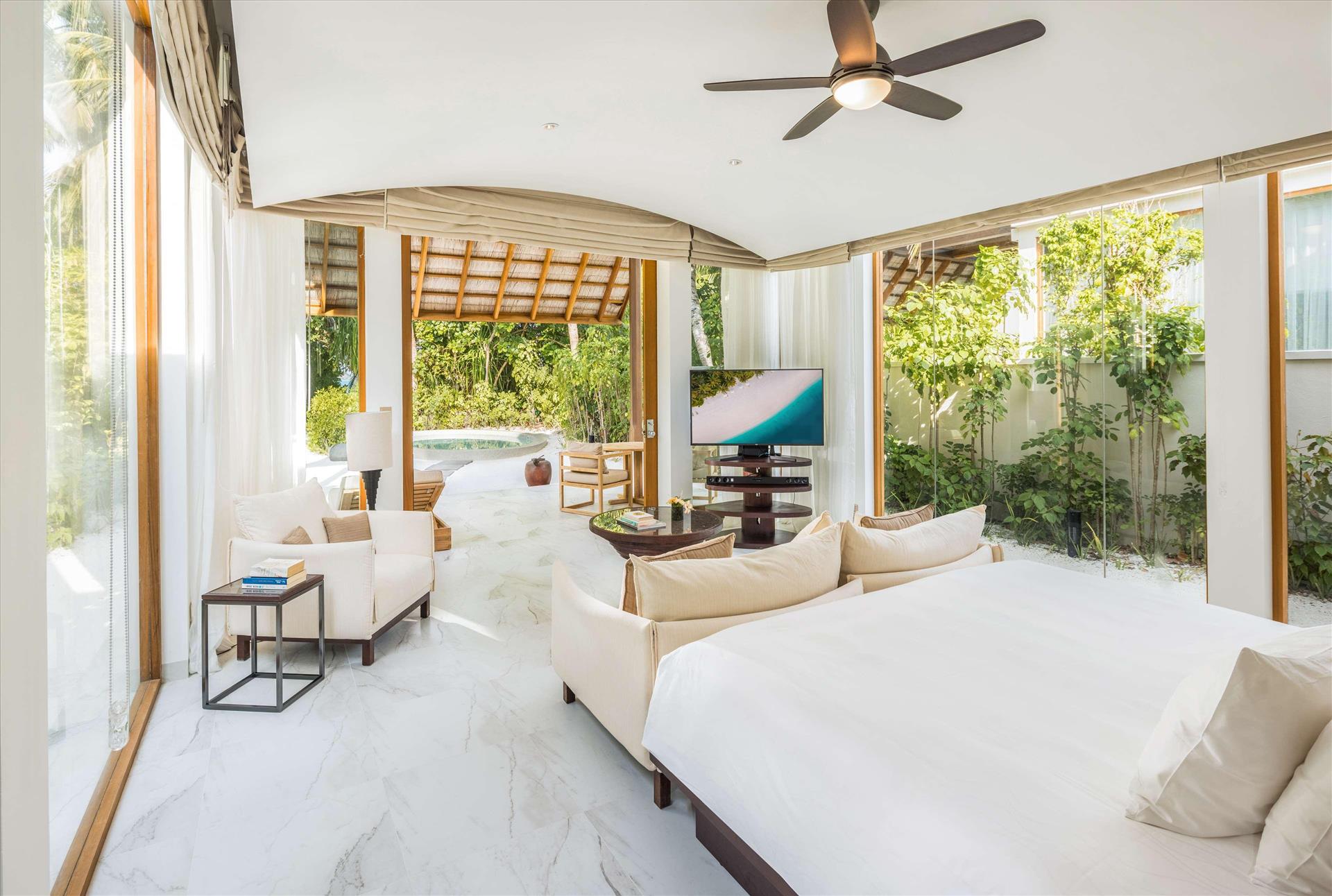
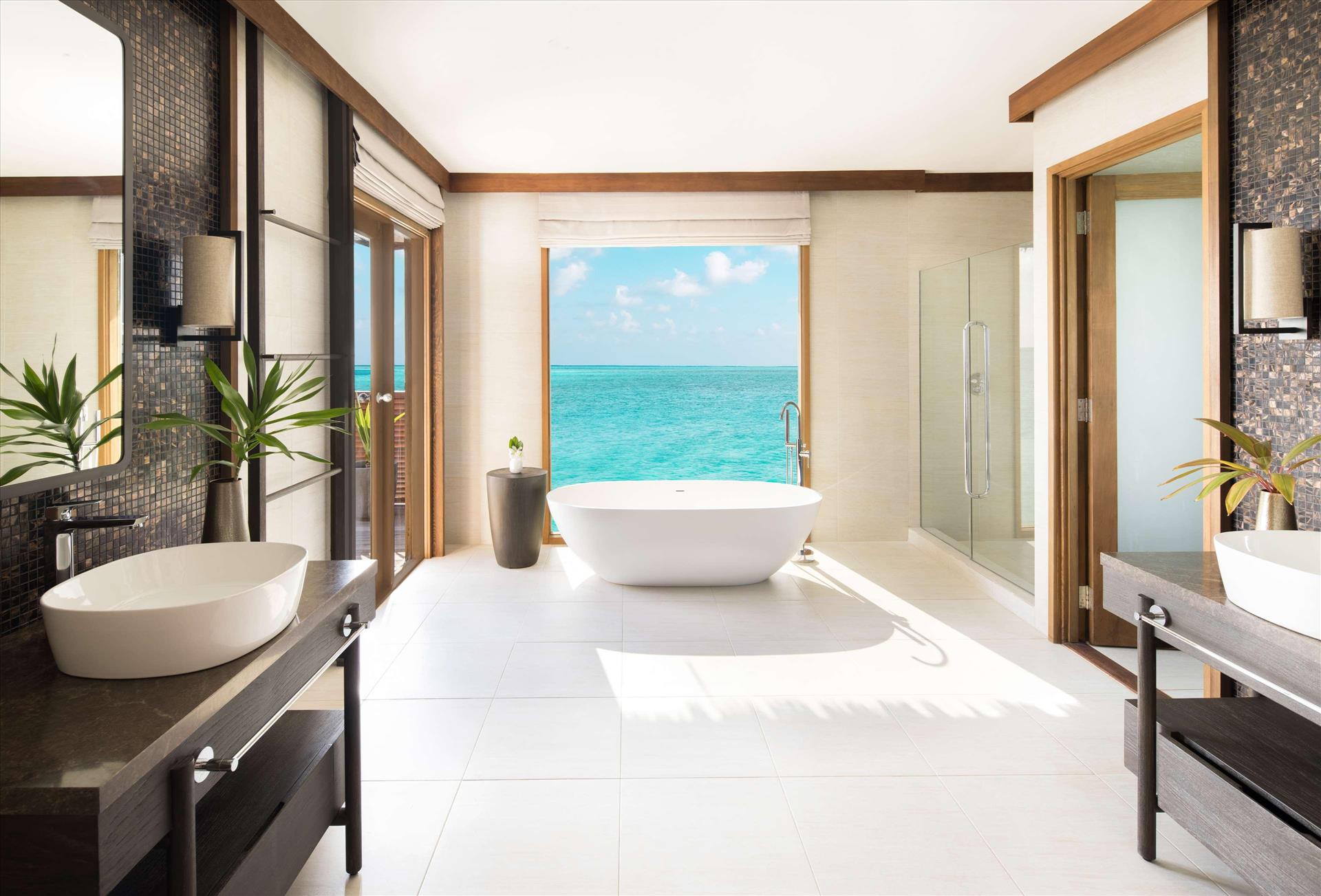
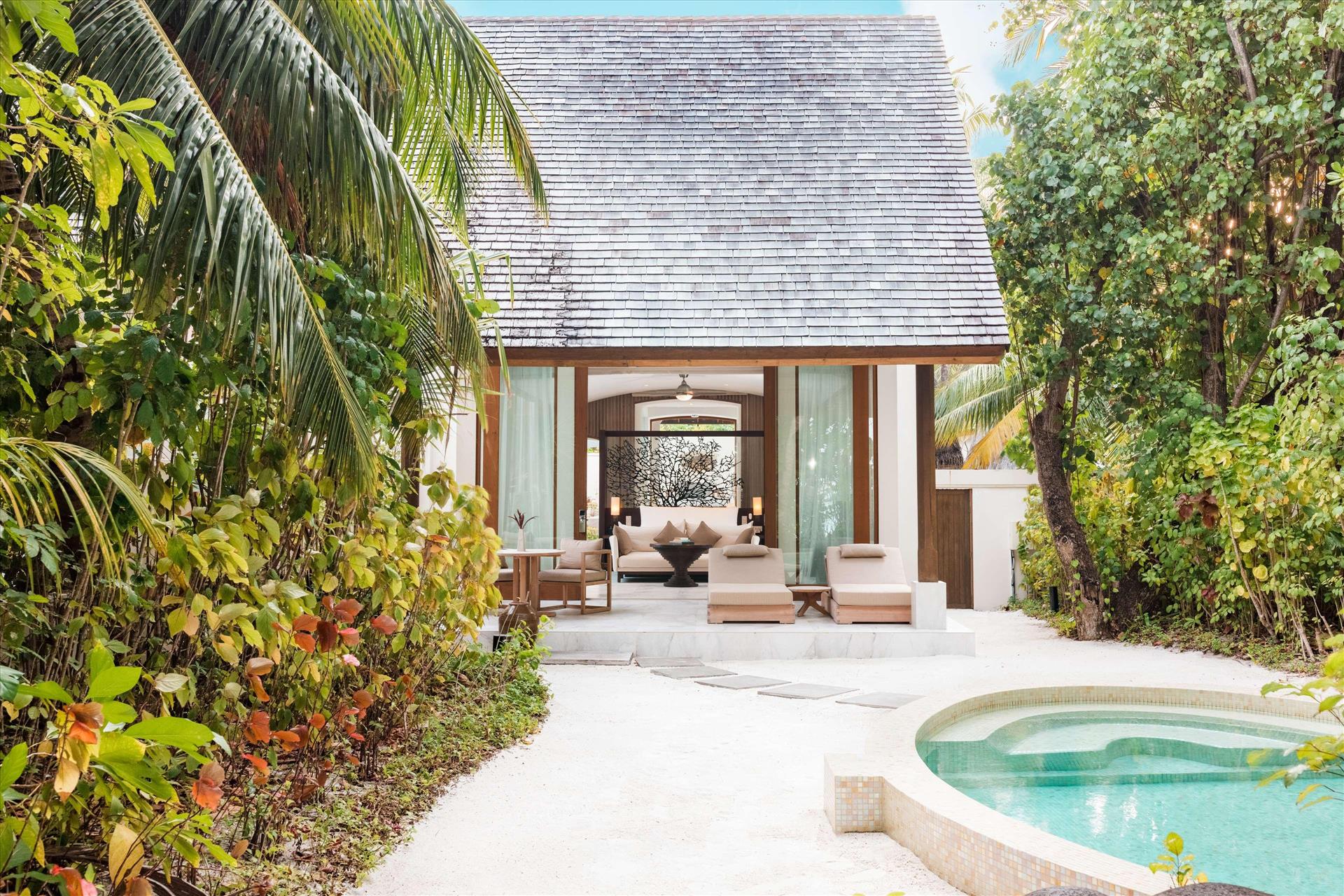
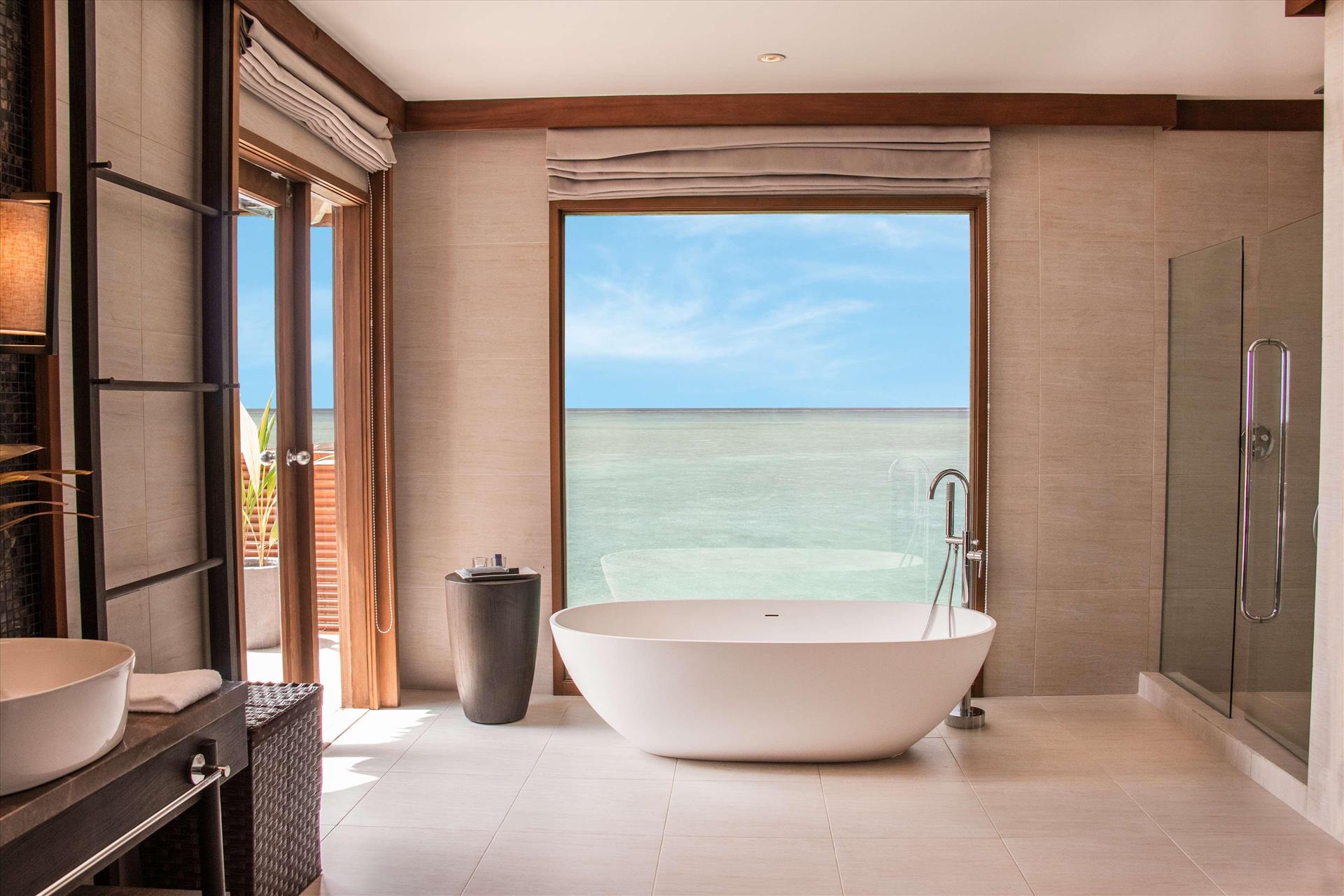
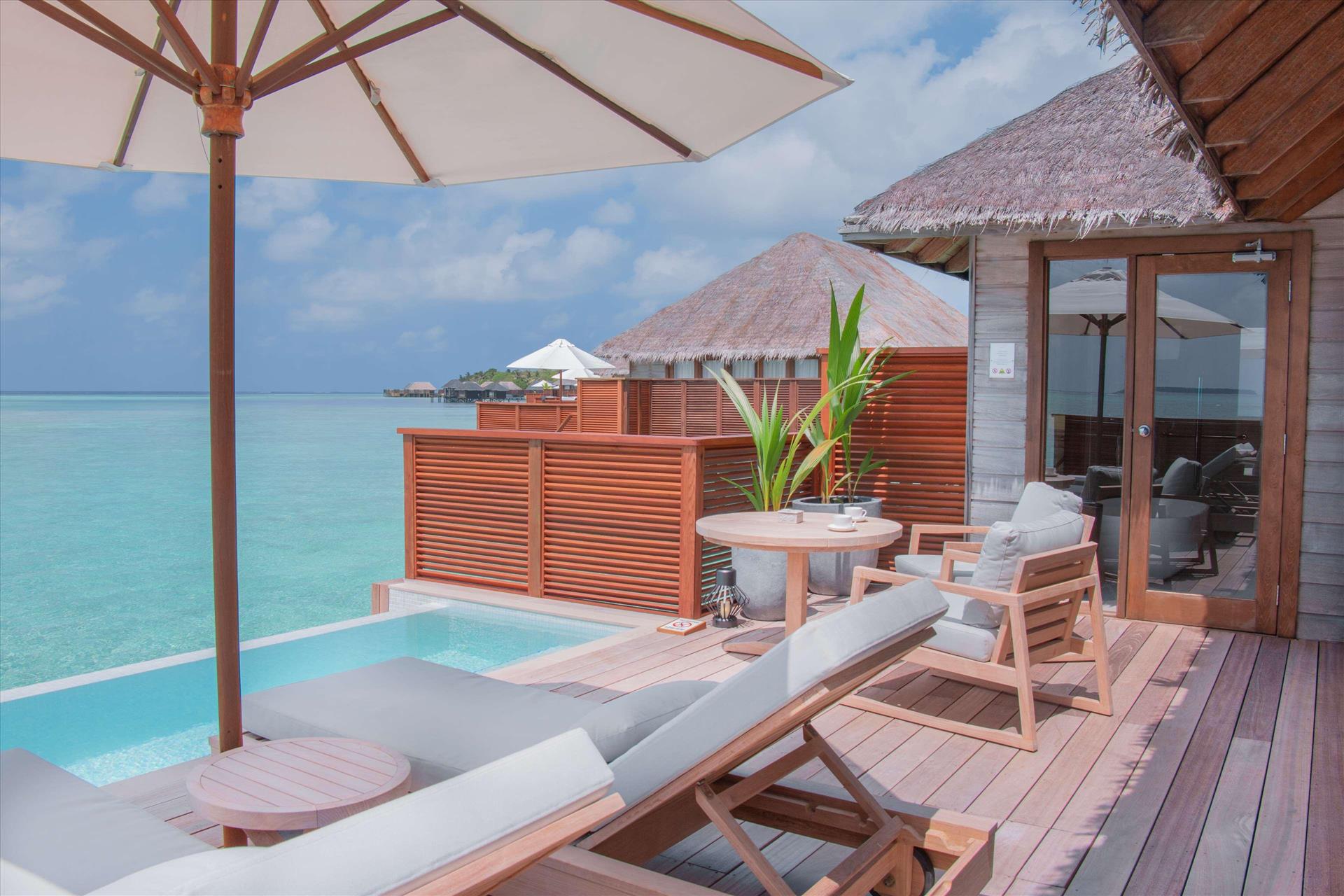
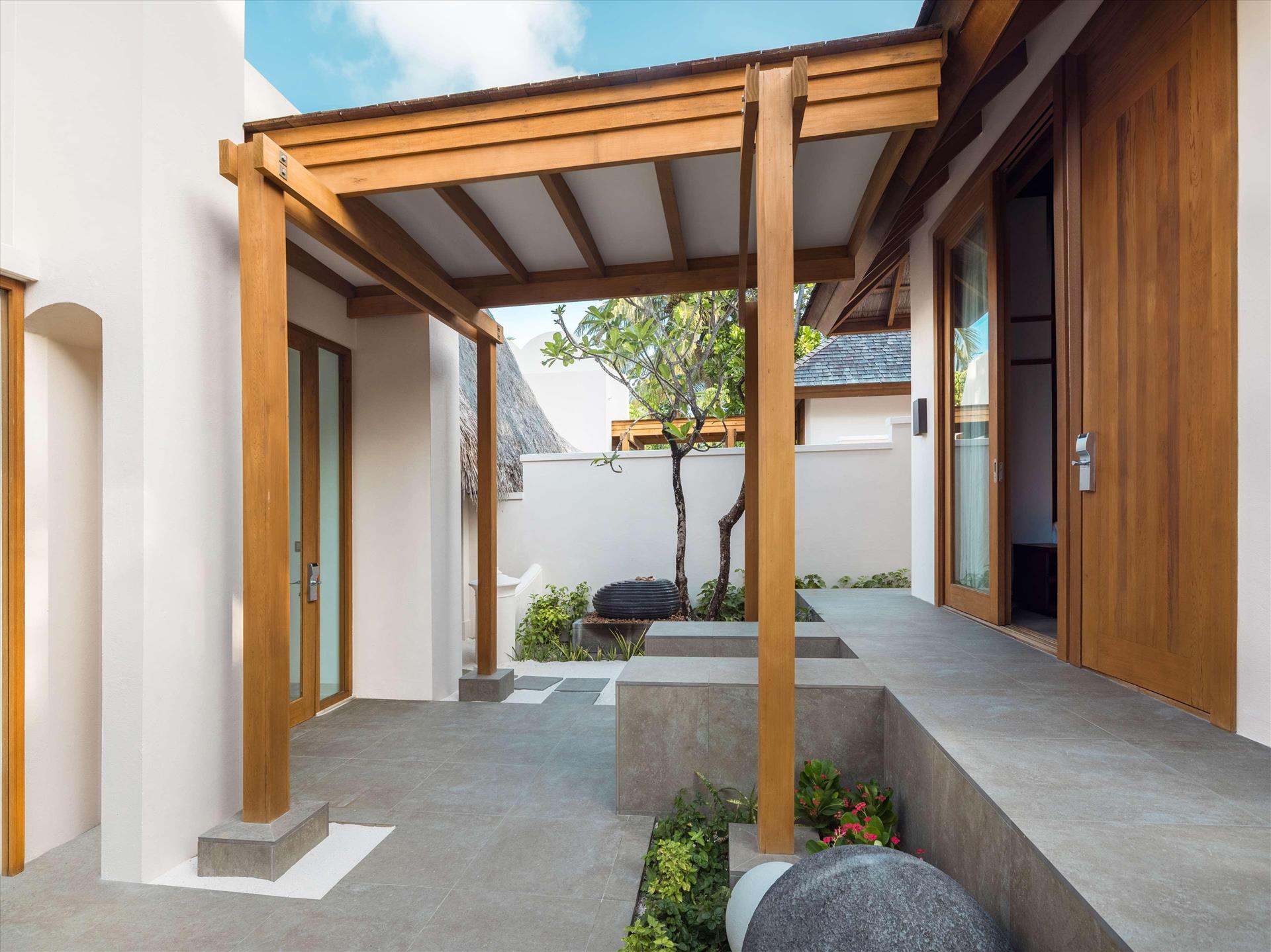
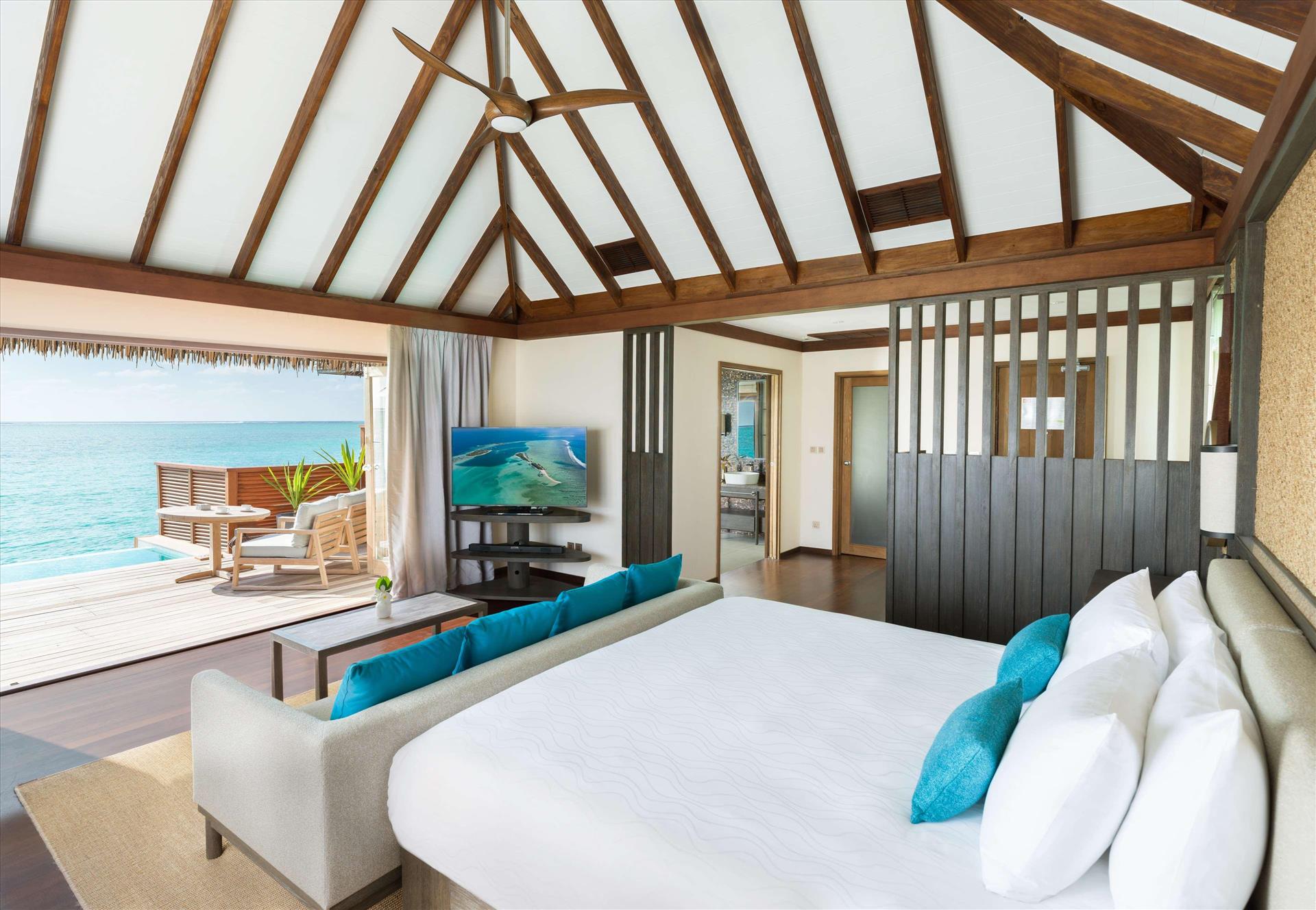
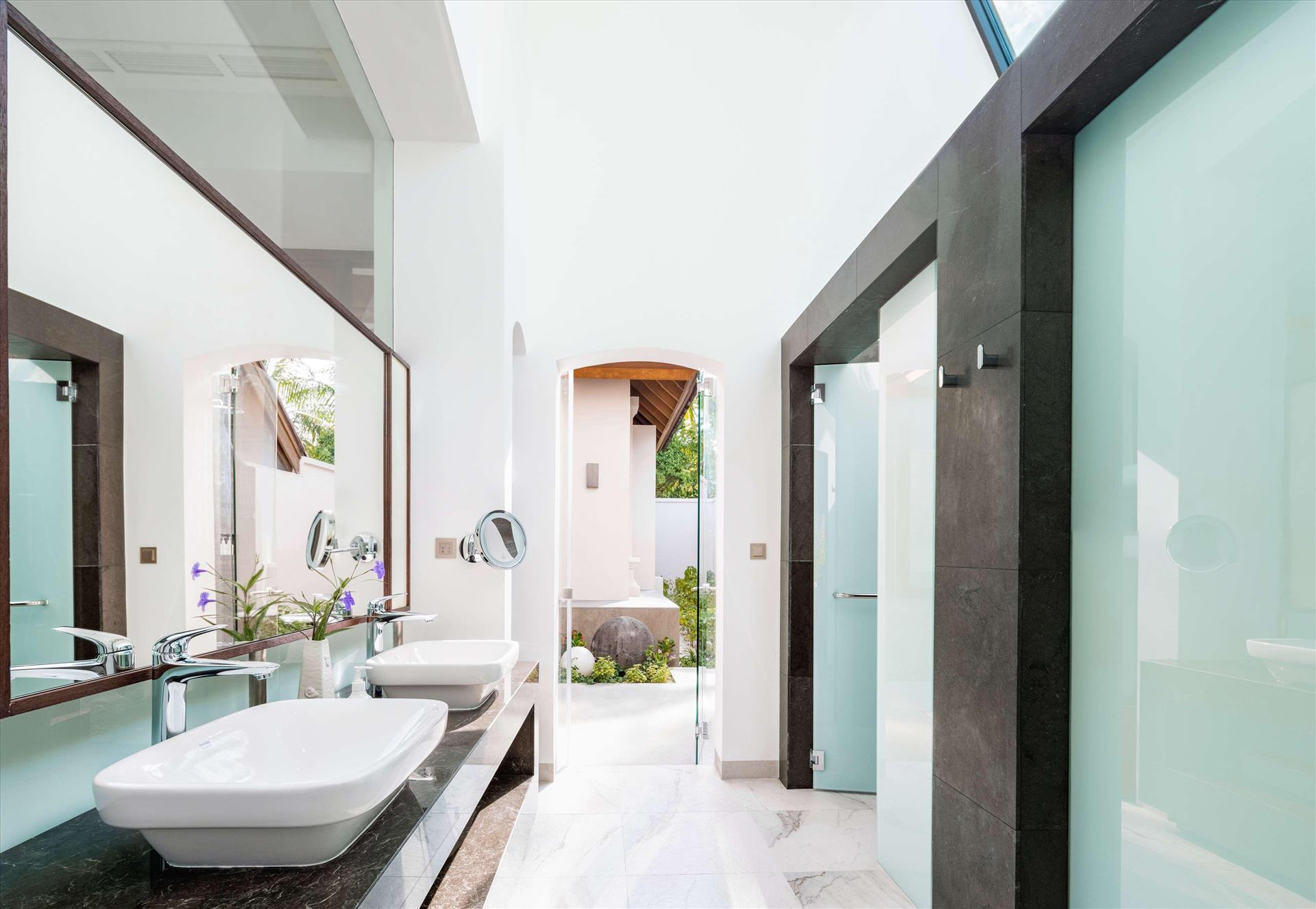
Villa Deluxe Water Villa With Pool
Facilities
- Room size (sqm) : 300
- Number of bedrooms : 1
- Bathroom
- Shower
- Bathtub
- Hairdryer
- Toiletries
- Bathrobes
- Slippers
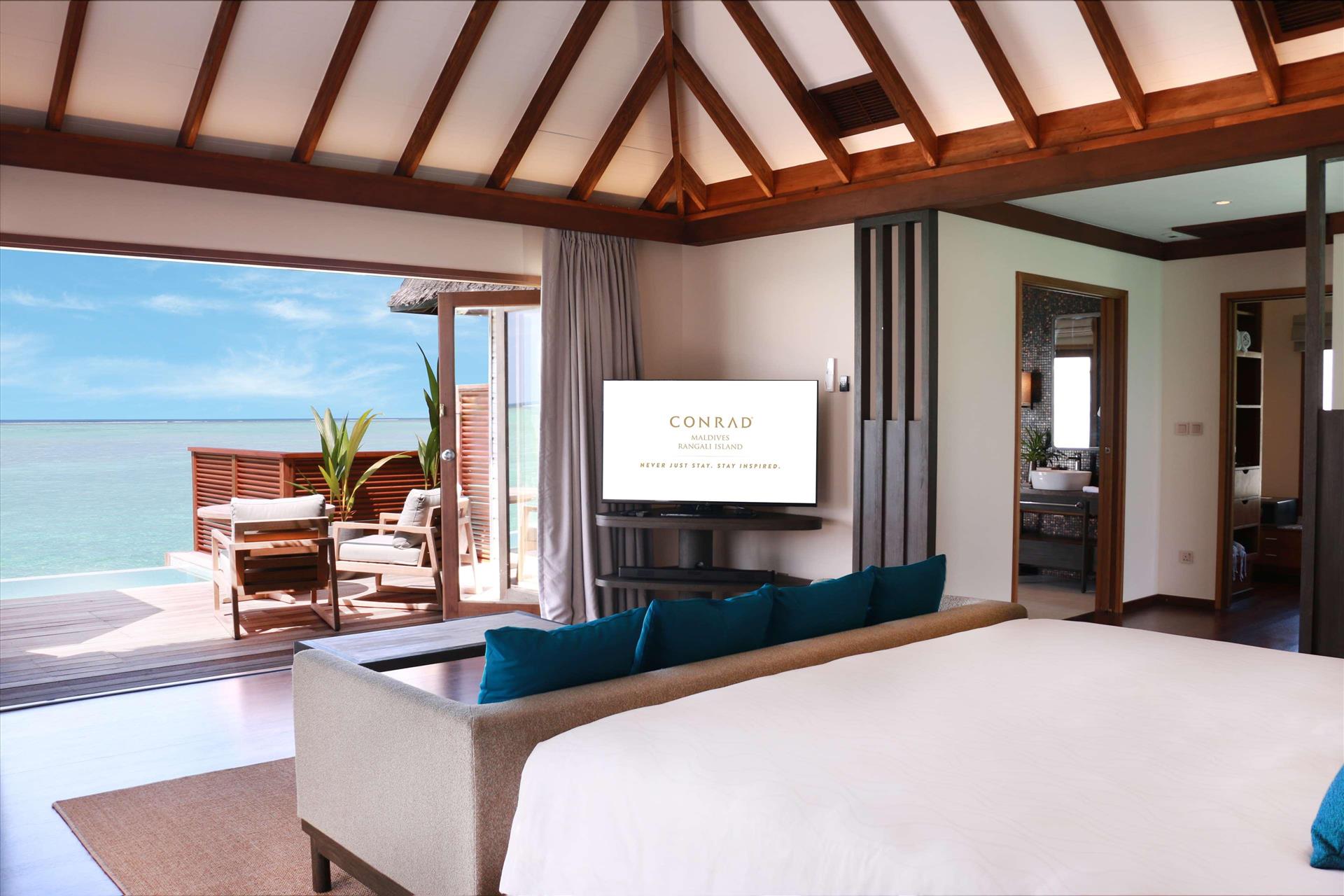
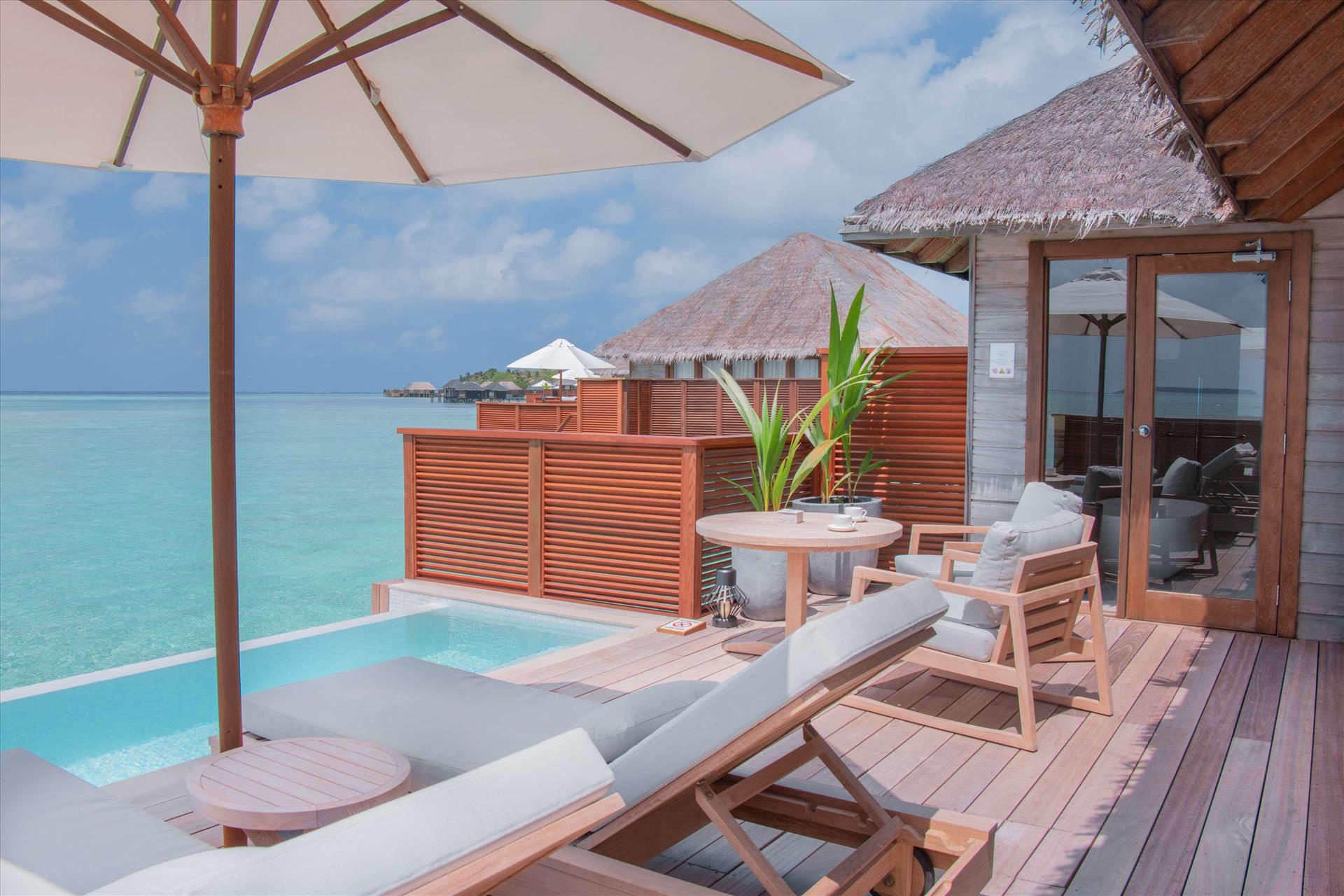
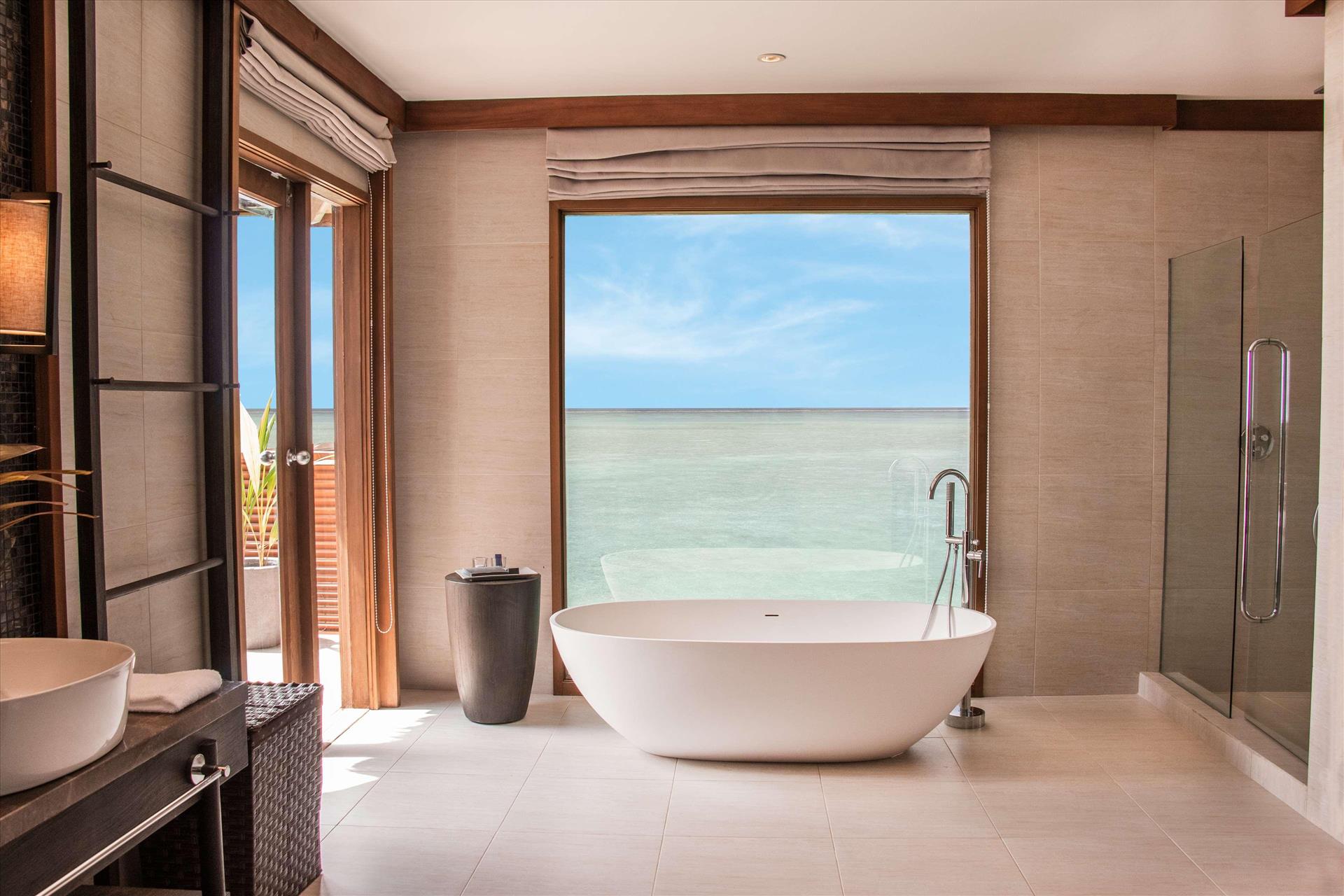
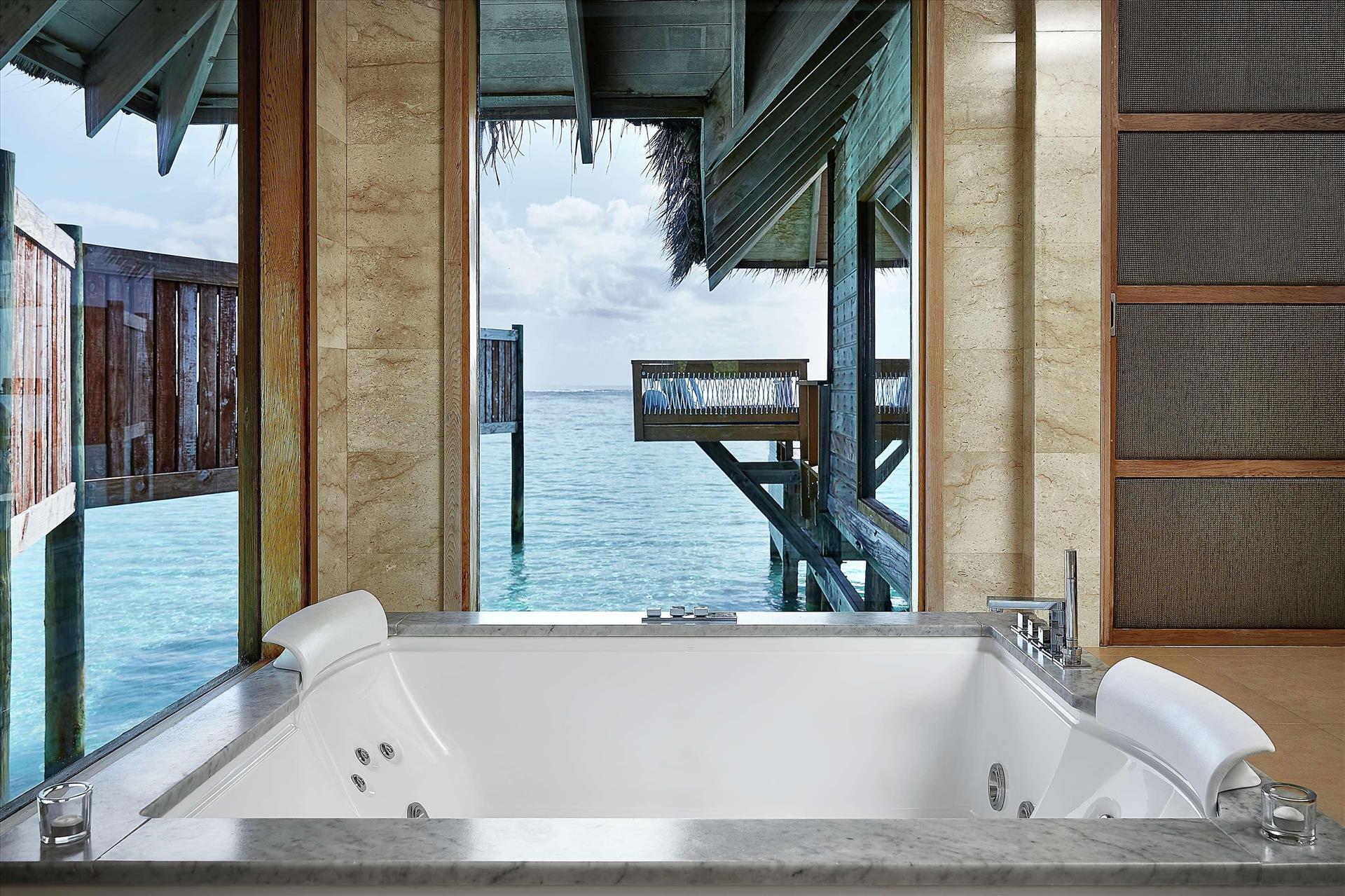
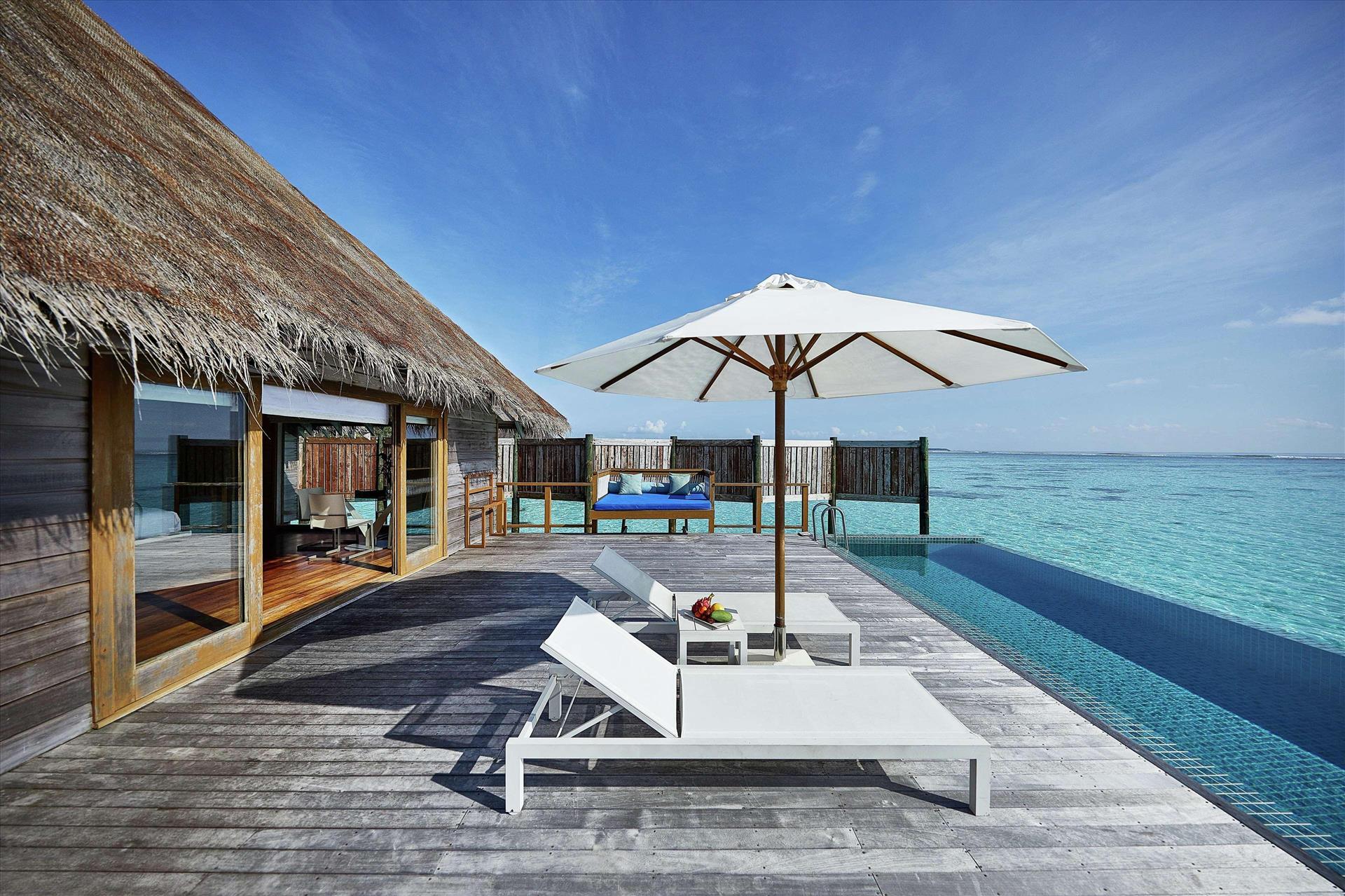
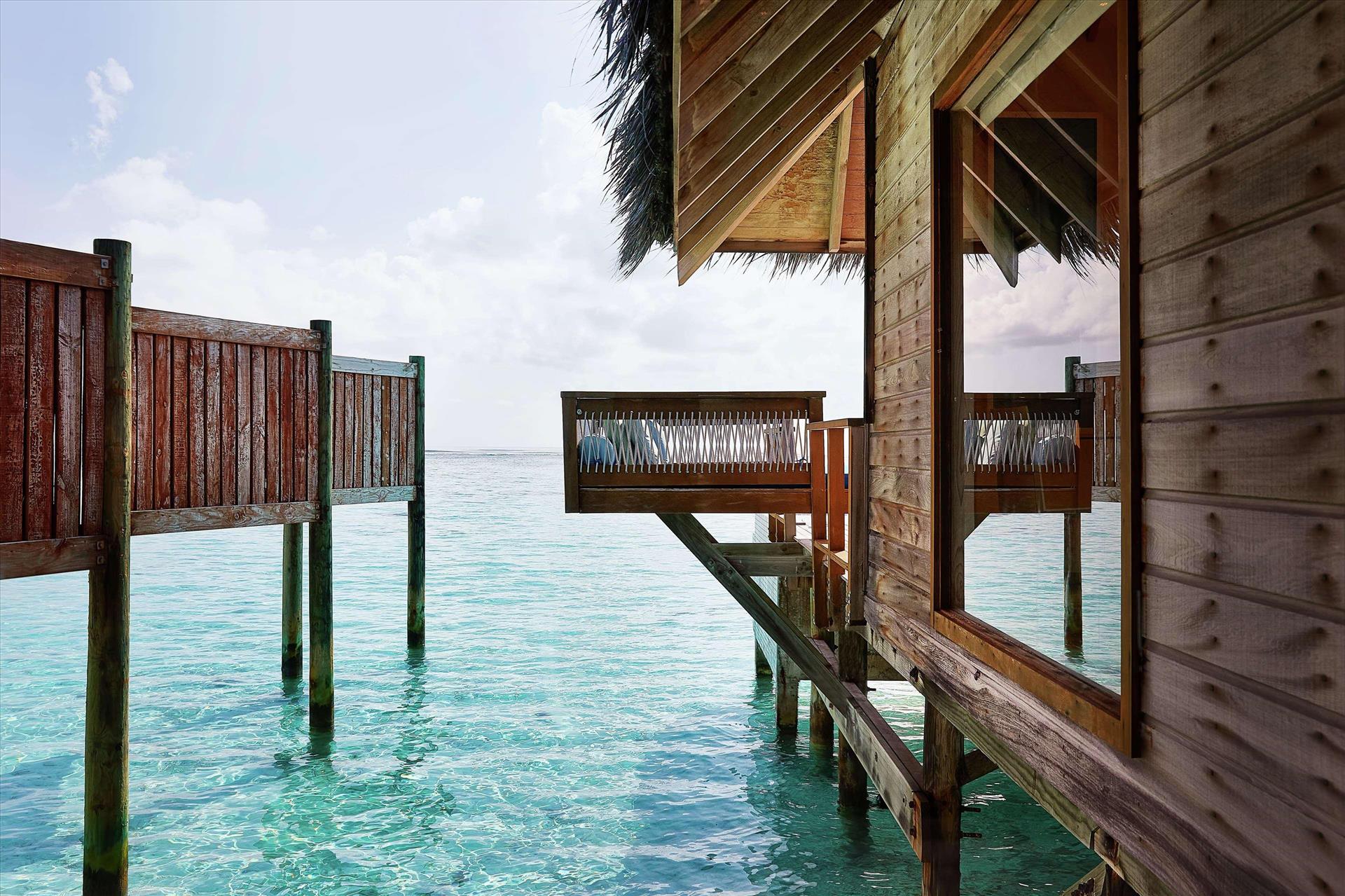

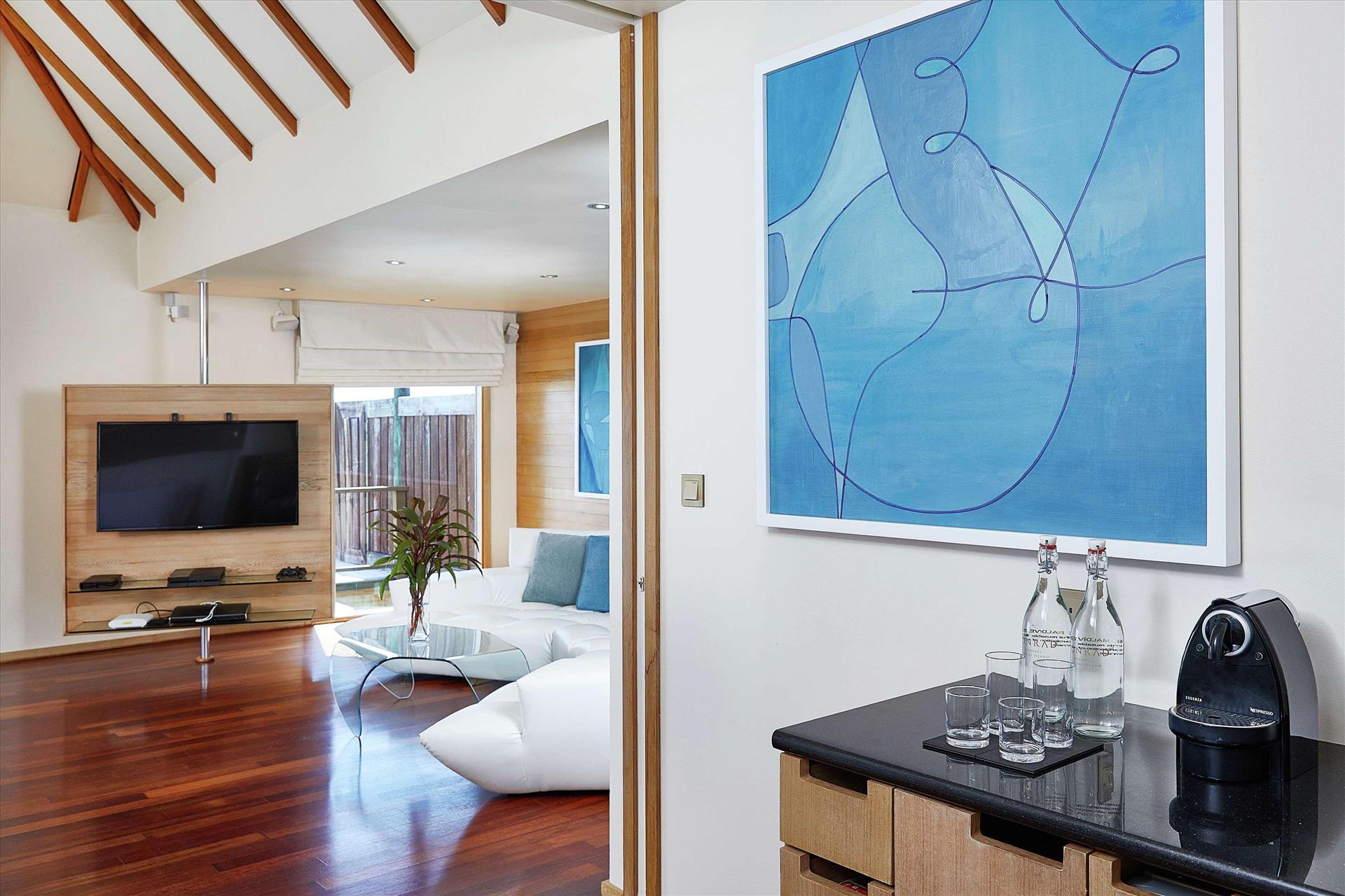
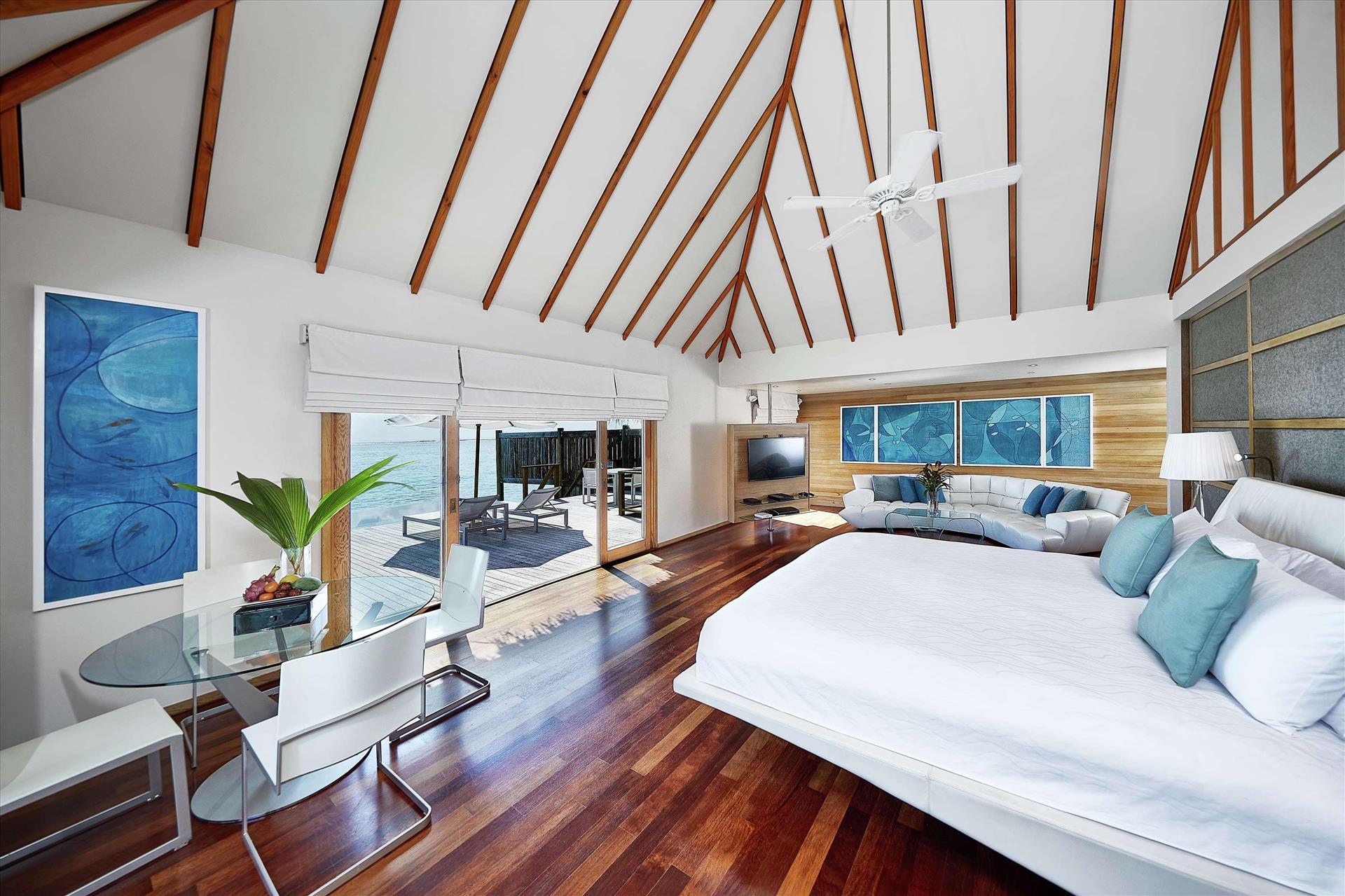
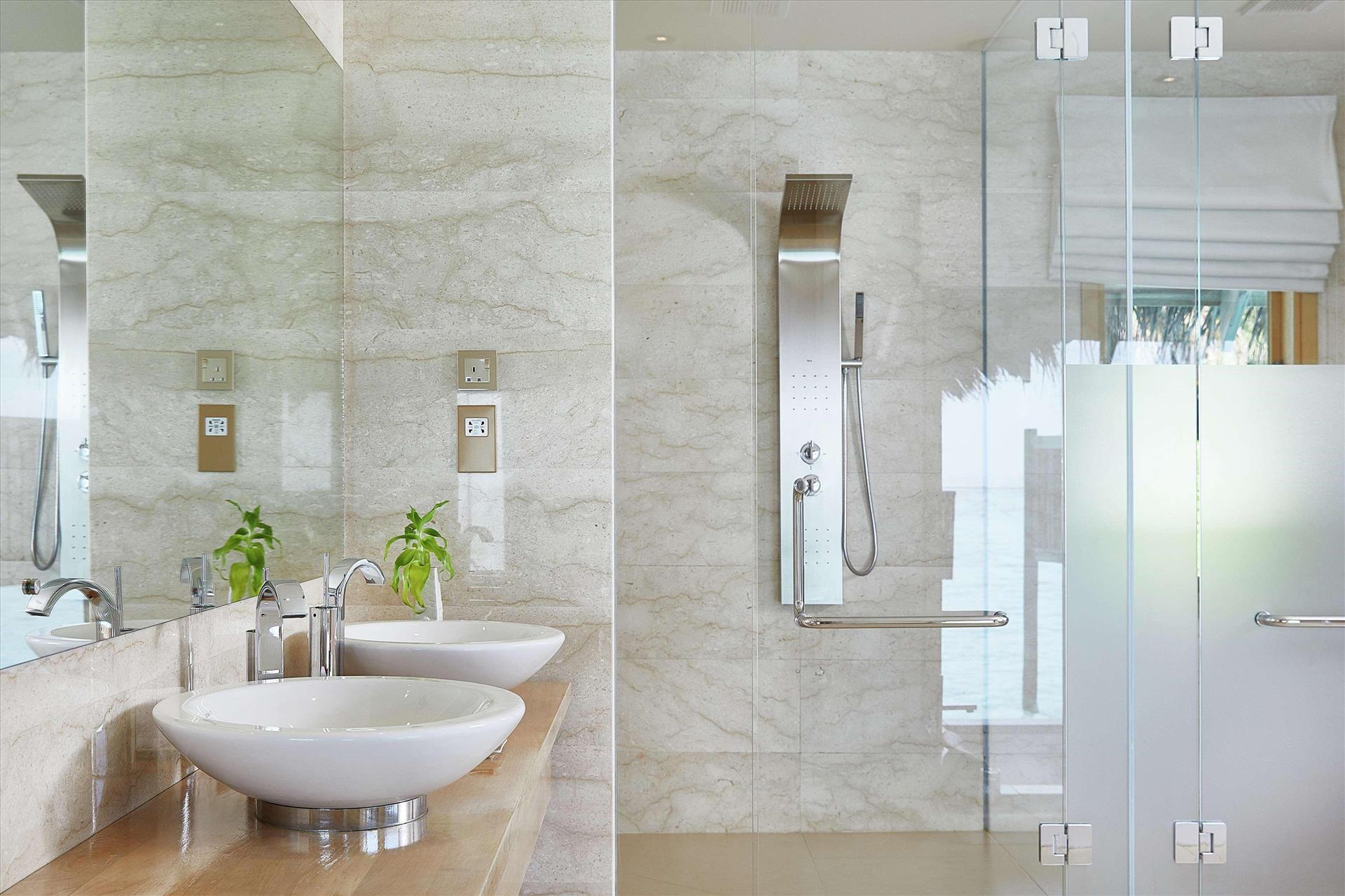
Villa Deluxe Beach Villa With Pool
Facilities
- Room size (sqm) : 115
- Number of bedrooms : 1
- Bathroom
- Shower
- Bathtub
- Hairdryer
- Toiletries
- Bathrobes
- Slippers
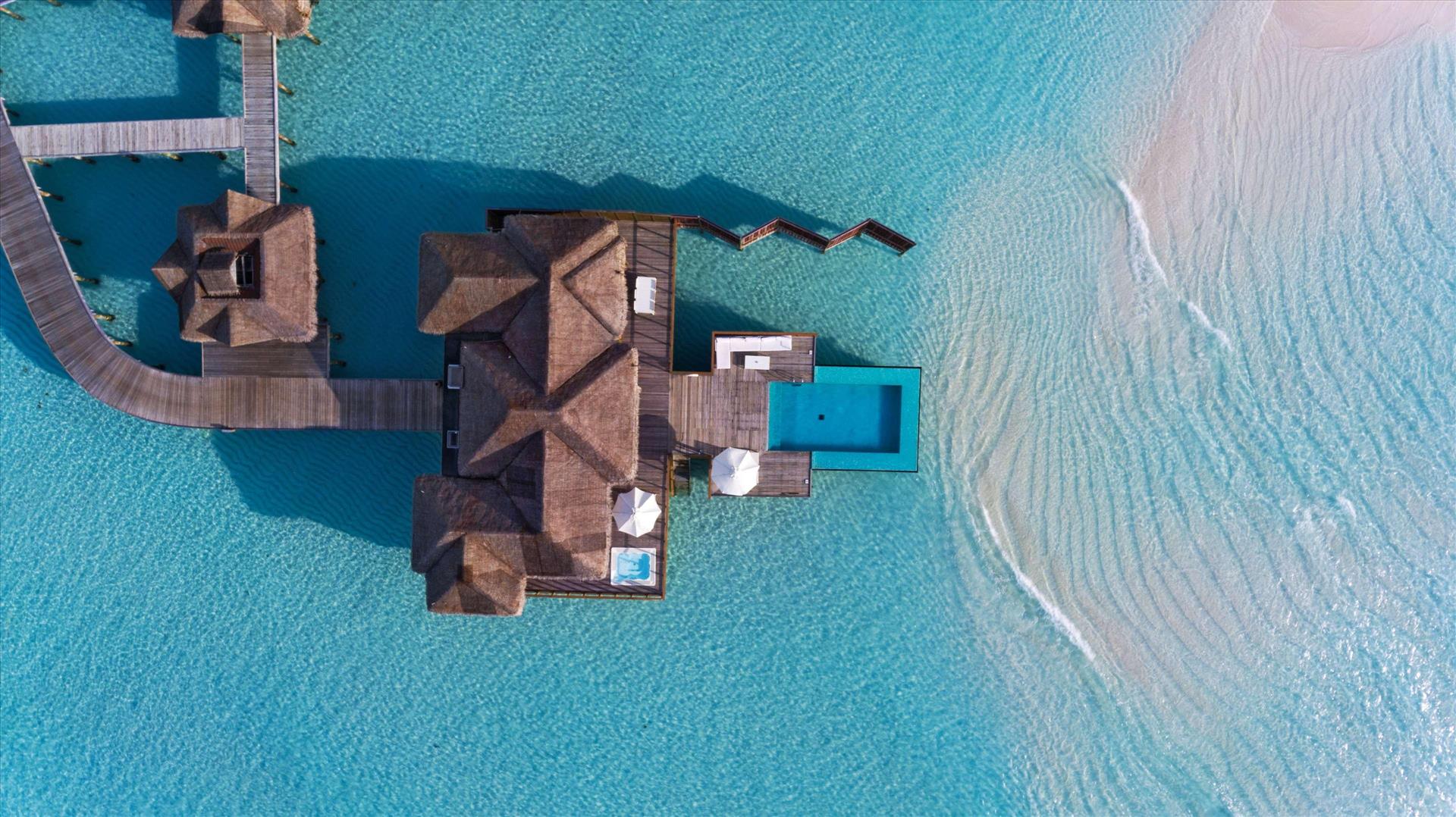
Room 2 Bedroom Rangali Ocean Pavilion With Pool
Facilities
- Number of bedrooms : 1
- Bathroom
- Shower
- Bathtub
- Hairdryer
- Toiletries
- Bathrobes
- Slippers
- Make-up mirror
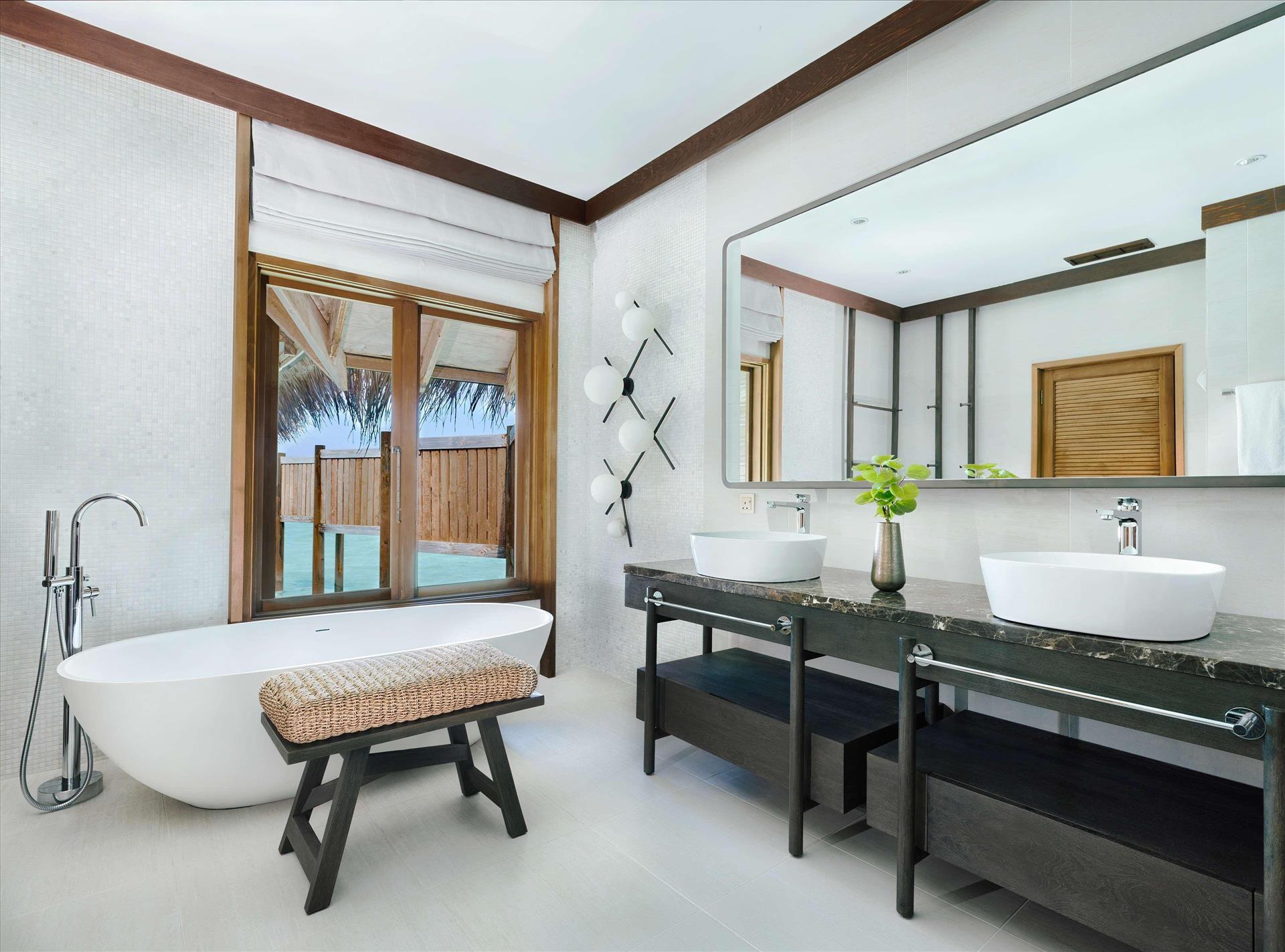
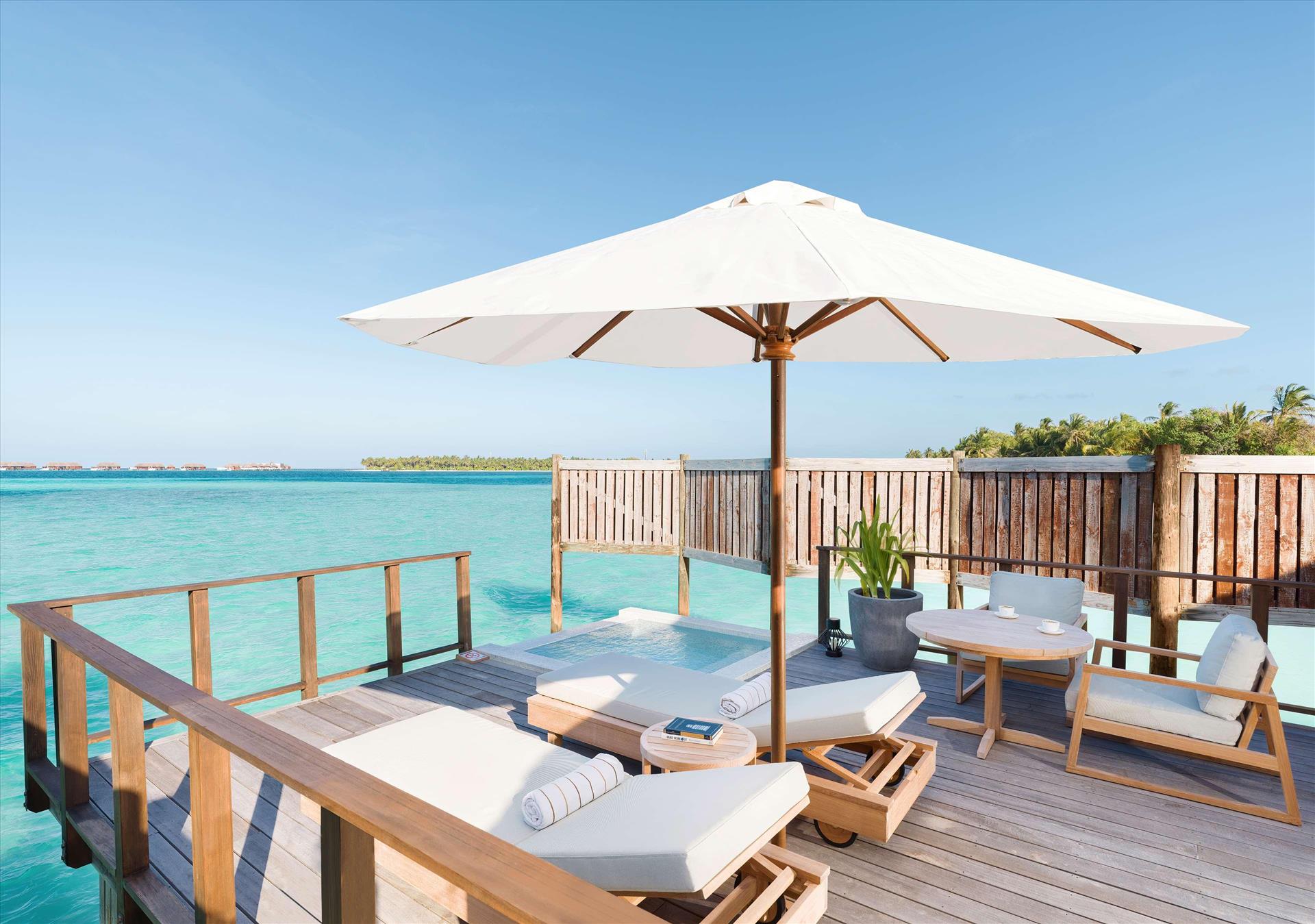
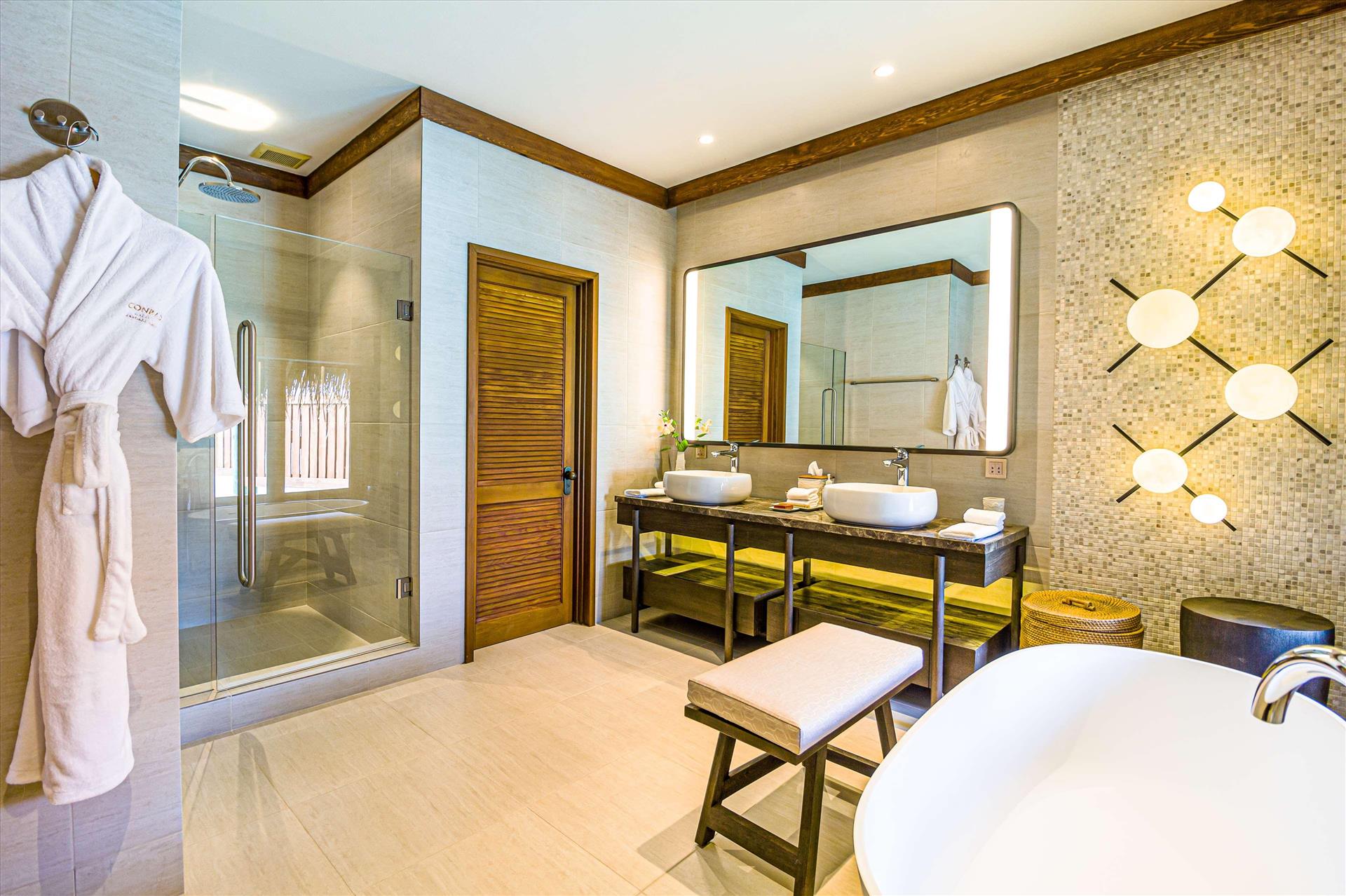
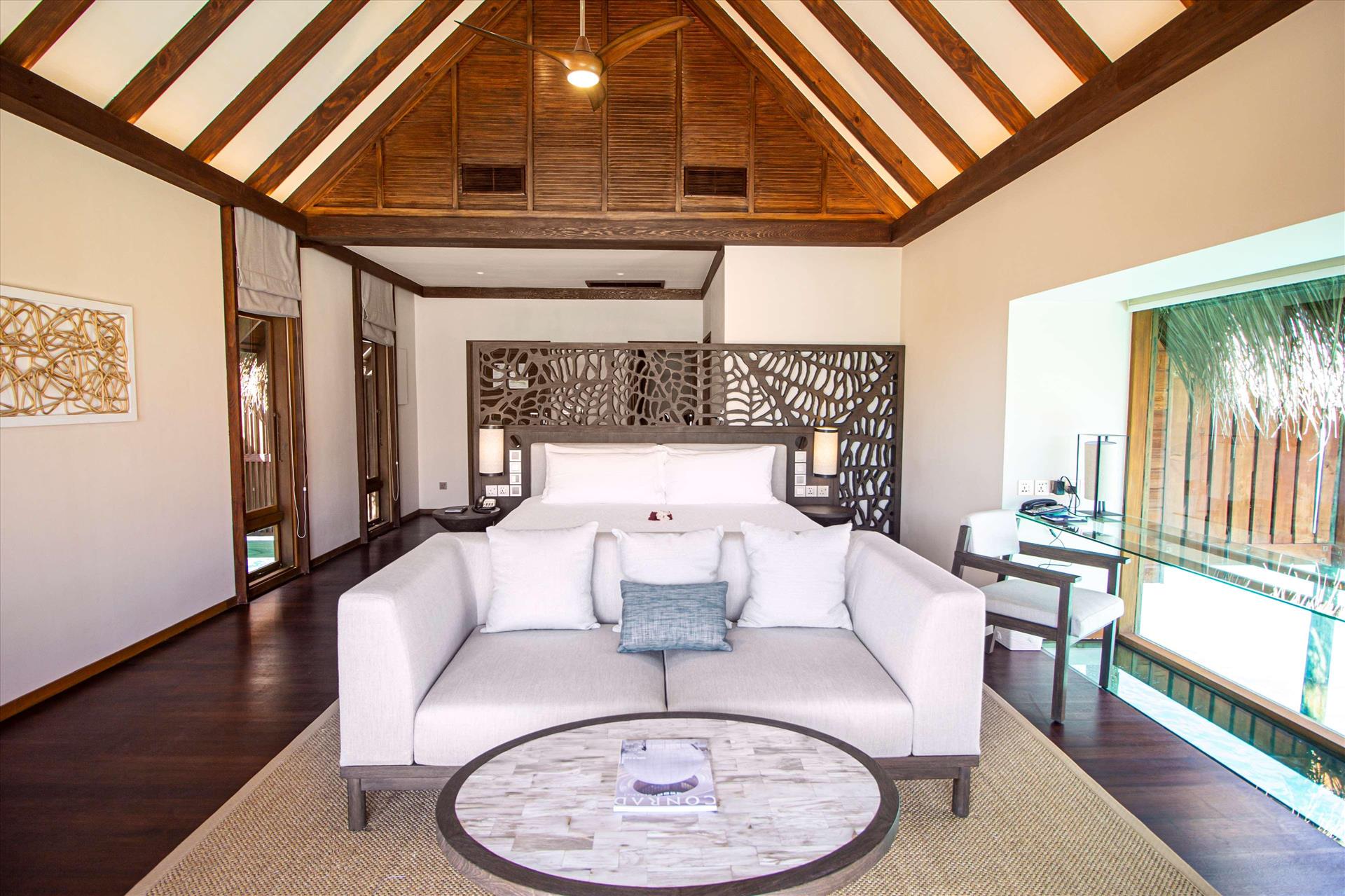
Villa Sunrise Water Villa
Facilities
- Number of bedrooms : 1
- Bathroom
- Shower
- Bathtub
- Hairdryer
- Toiletries
- Bathrobes
- Slippers
- Make-up mirror
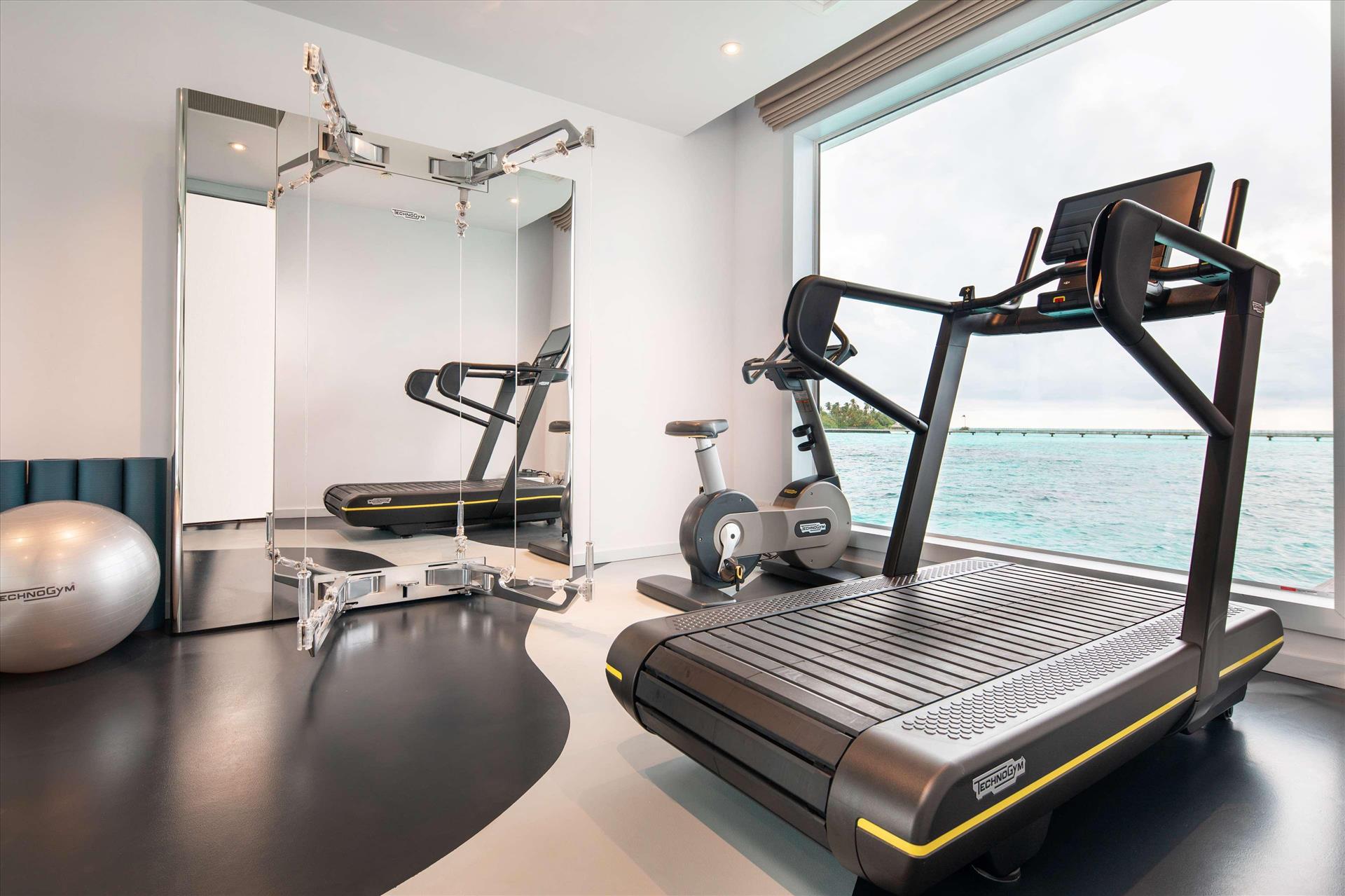
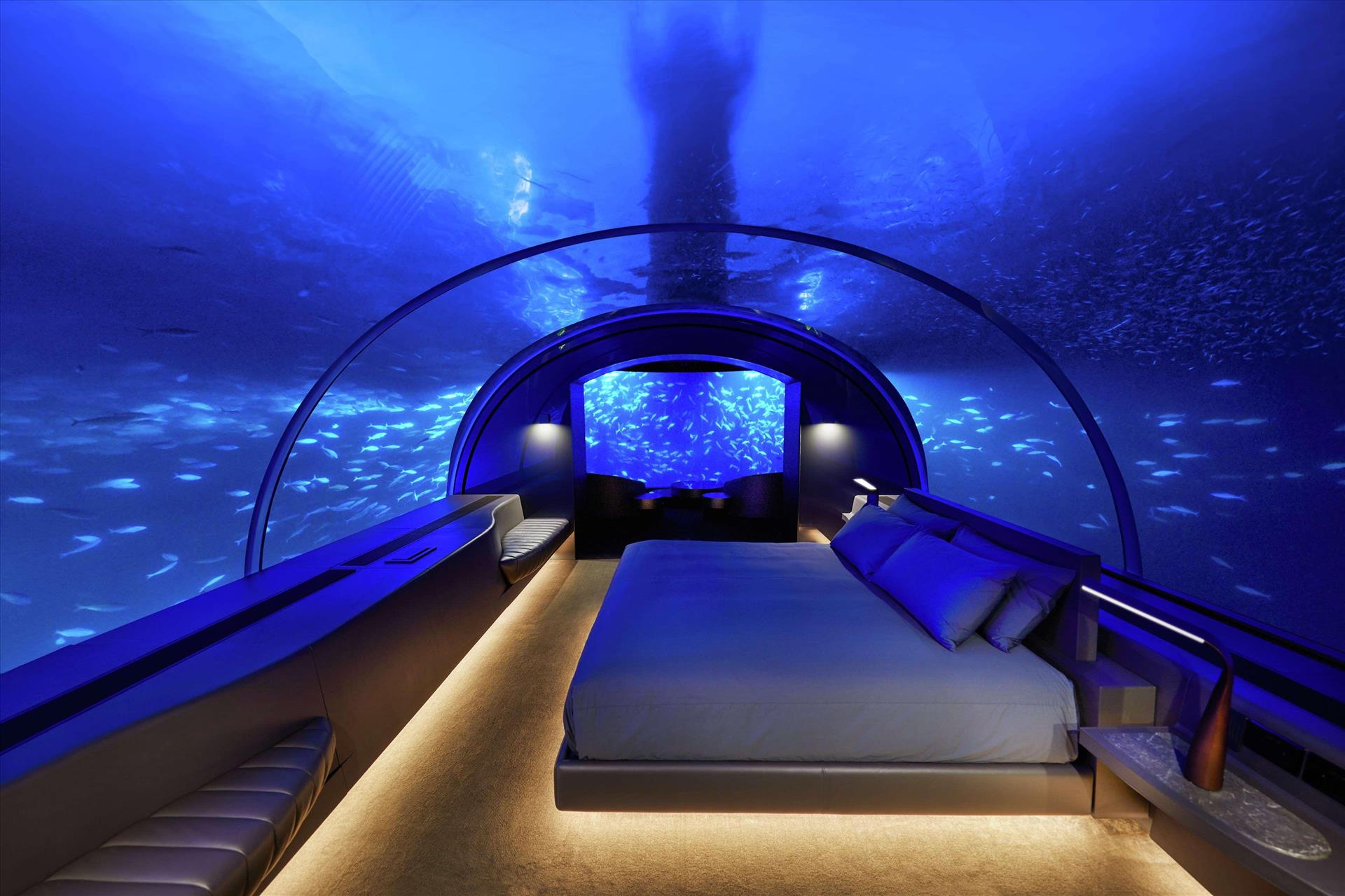
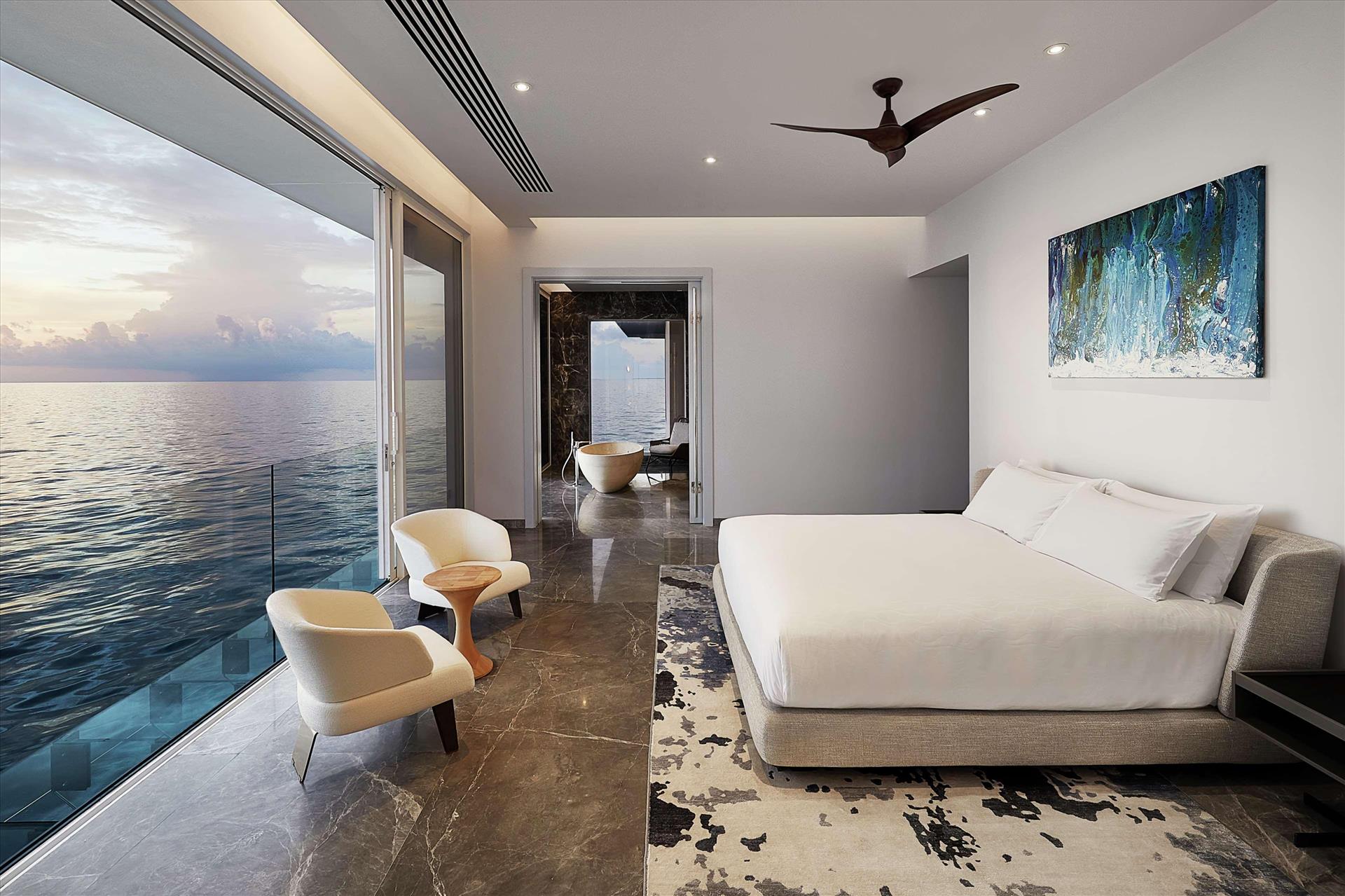
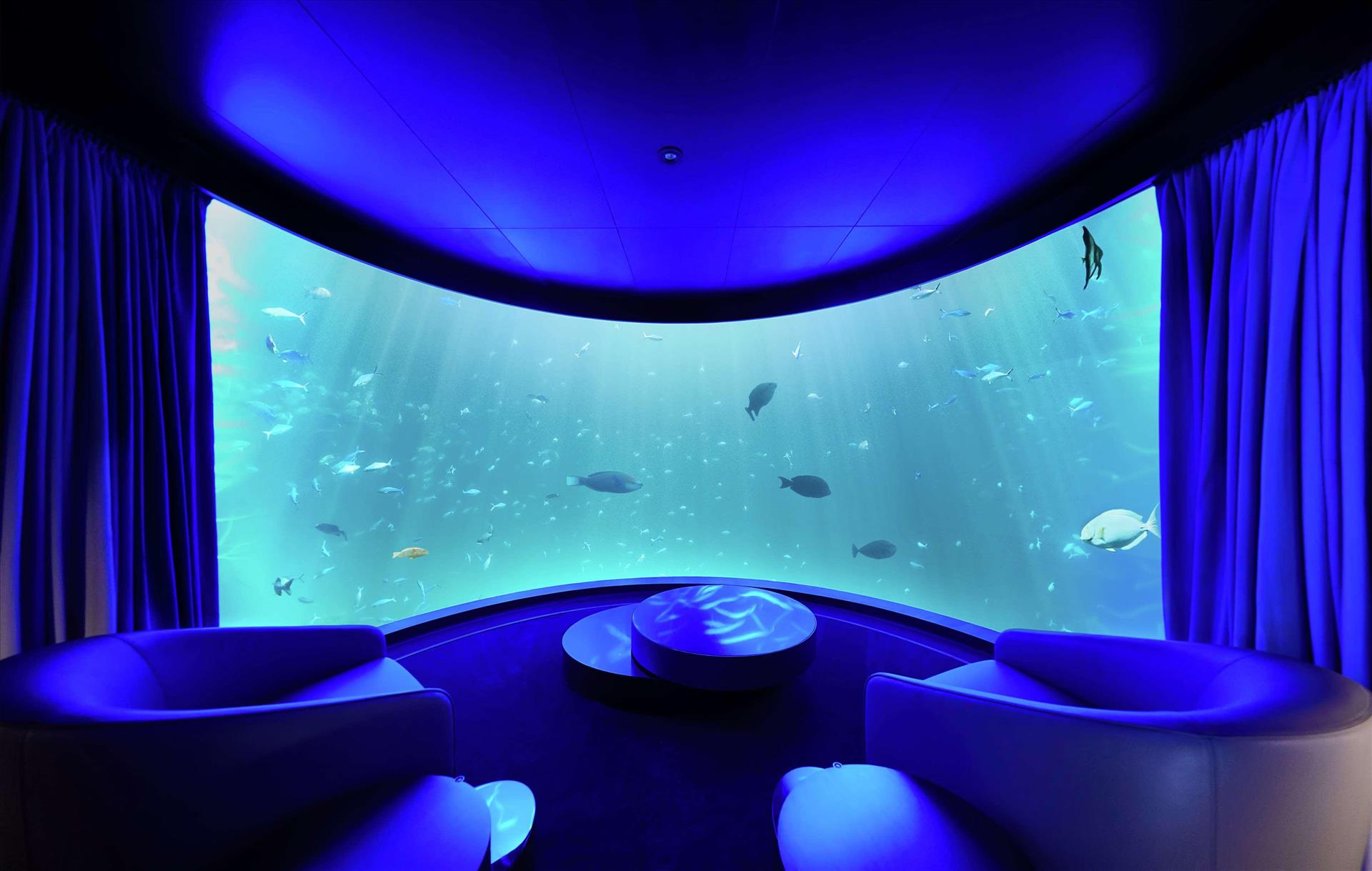
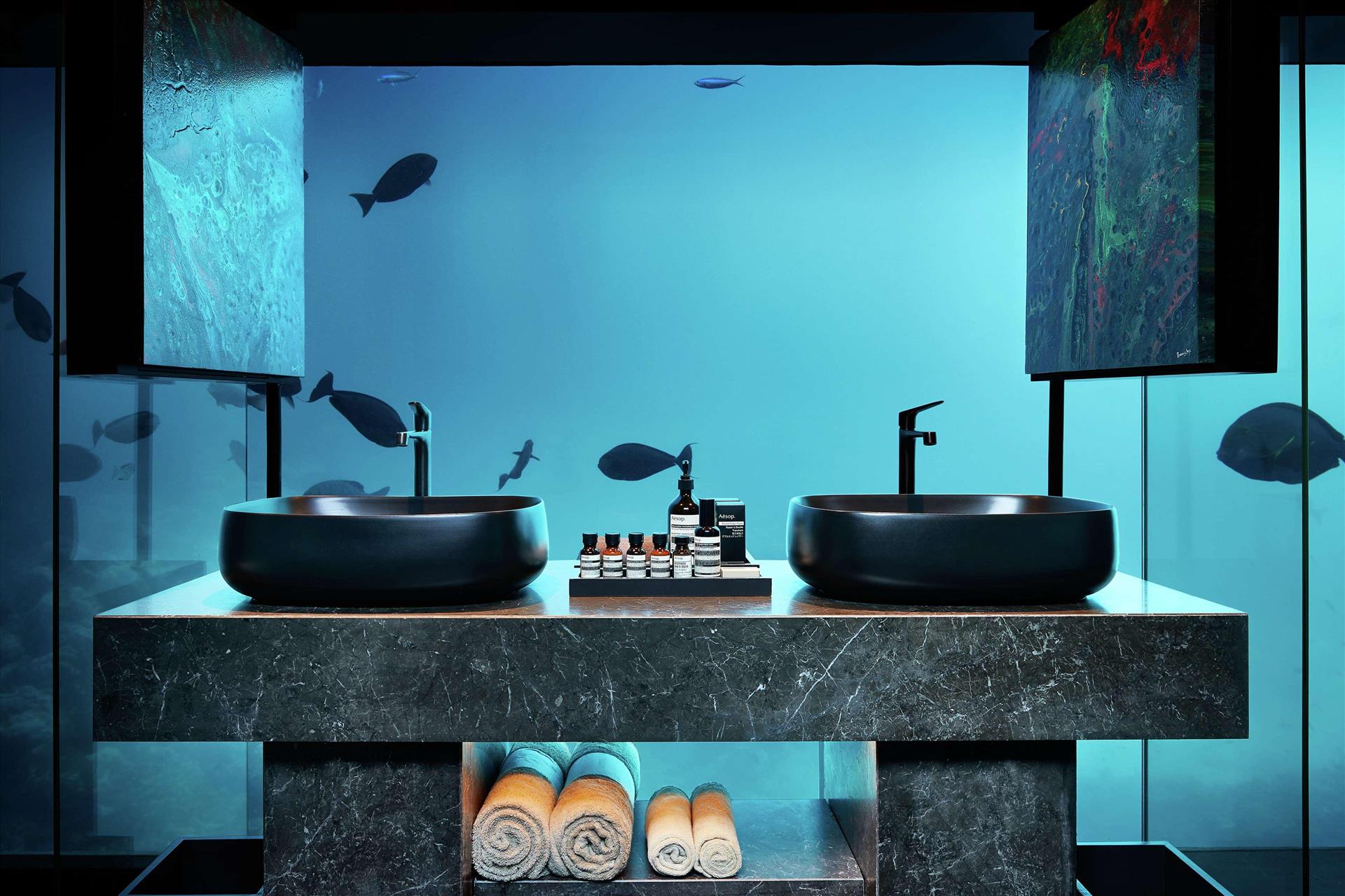
Room The Muraka Residence
Facilities
- Room size (sqm) : 550
- Number of bedrooms : 1
- Bathroom
- Shower
- Bathtub
- Hairdryer
- Toiletries
- Bathrobes
- Slippers
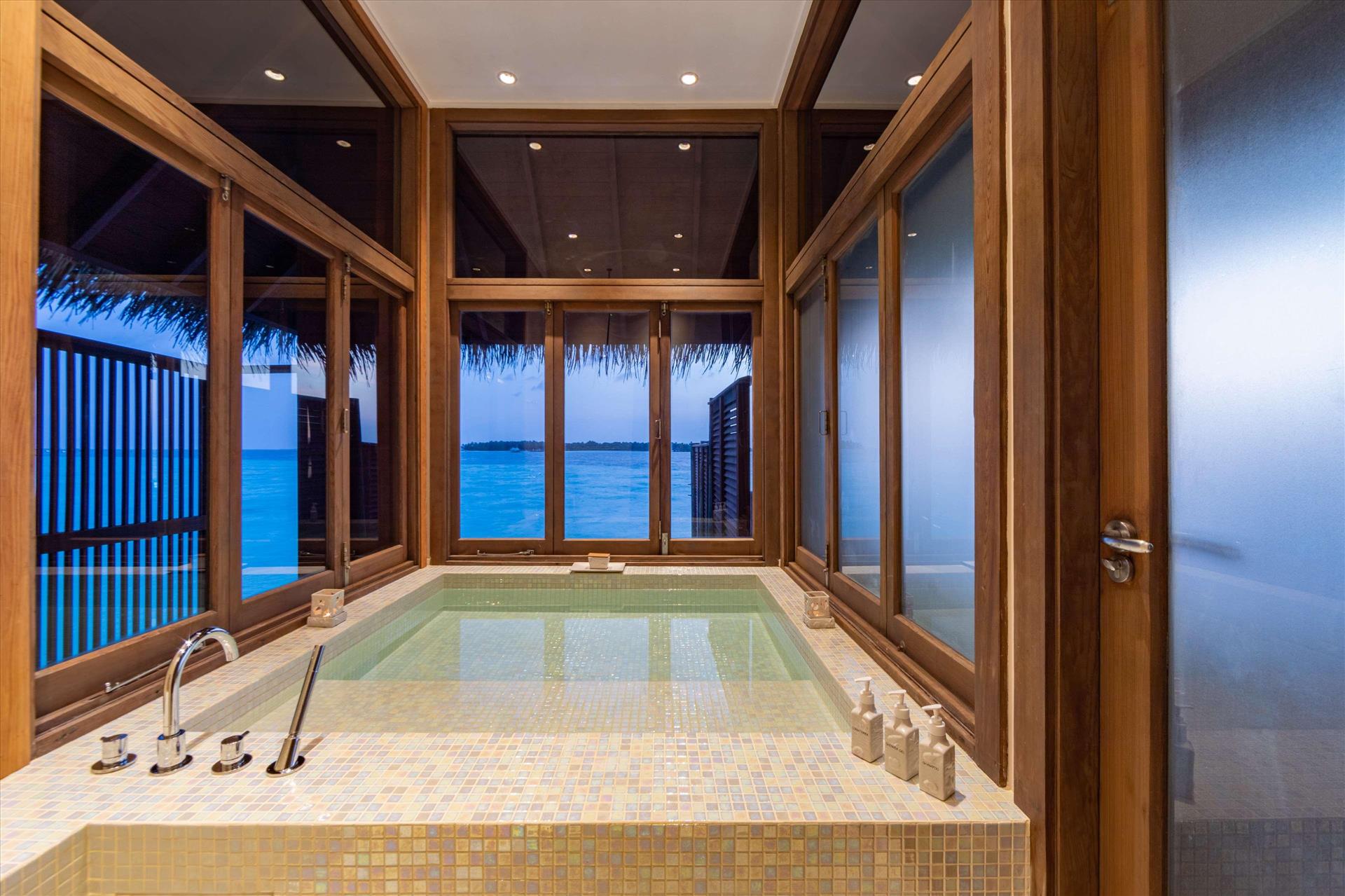
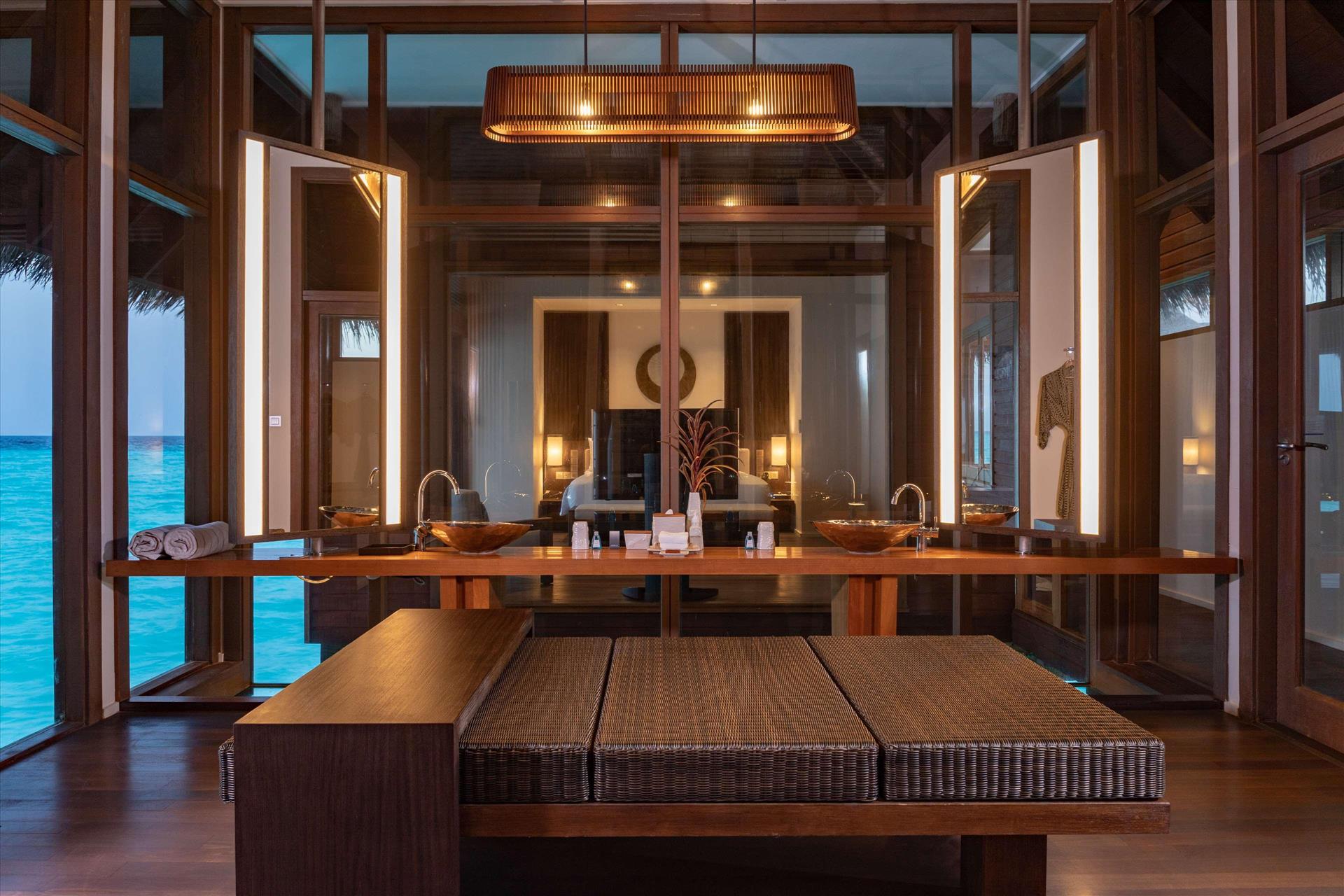
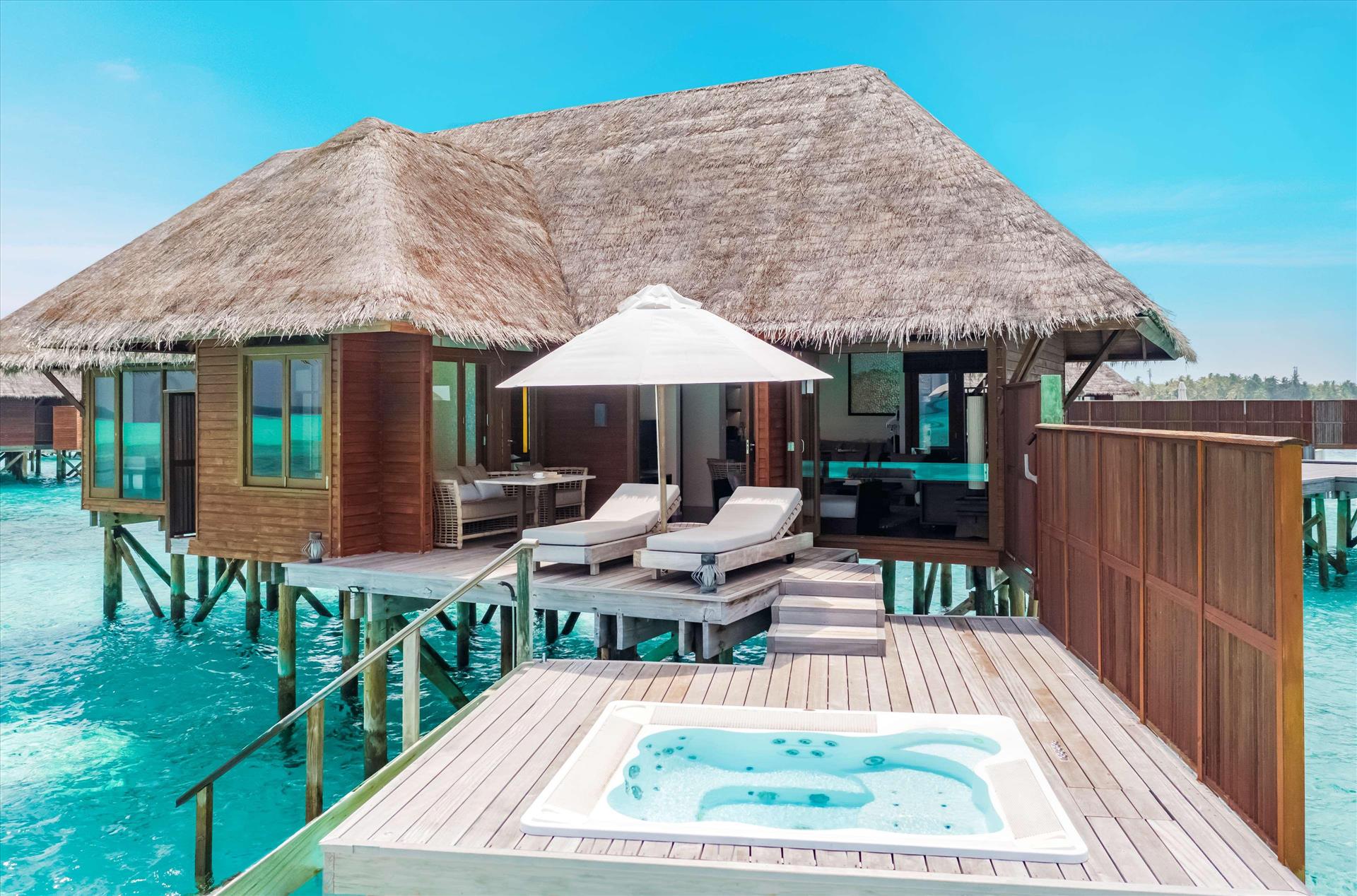
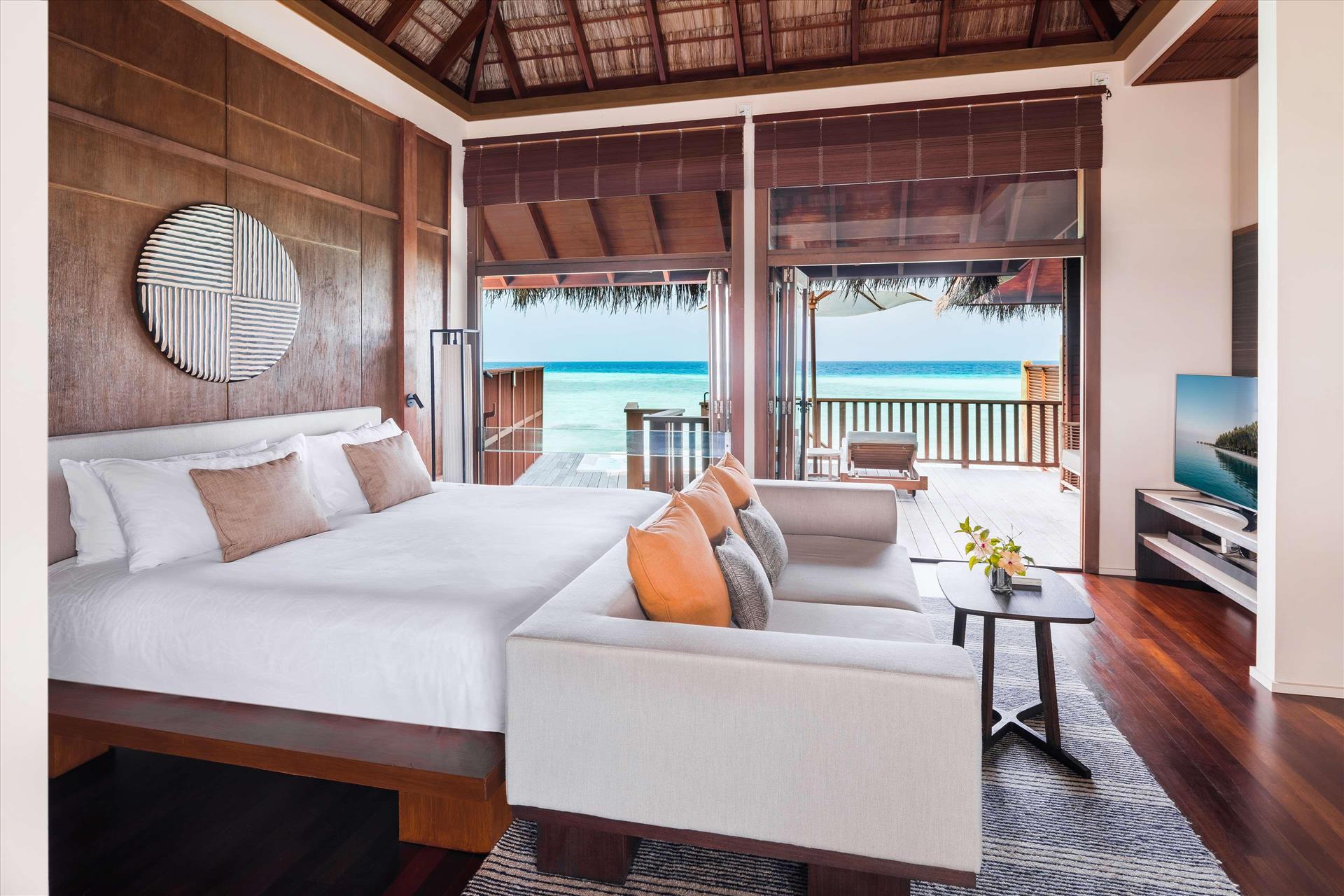
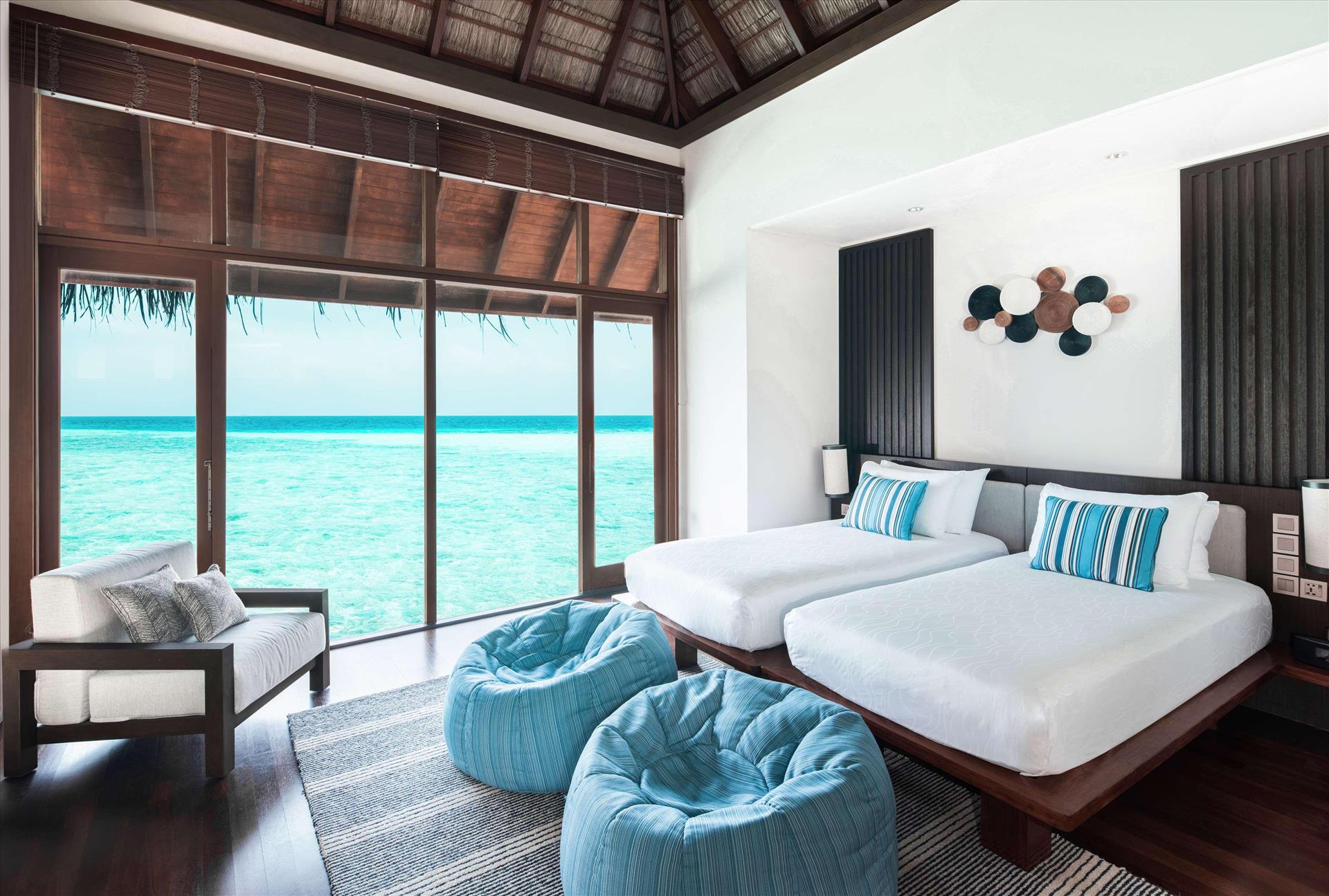
Villa 2 Bedroom Grand Water Villa
Facilities
- Number of bedrooms : 1
- Bathroom
- Shower
- Bathtub
- Hairdryer
- Toiletries
- Bathrobes
- Slippers
- Make-up mirror
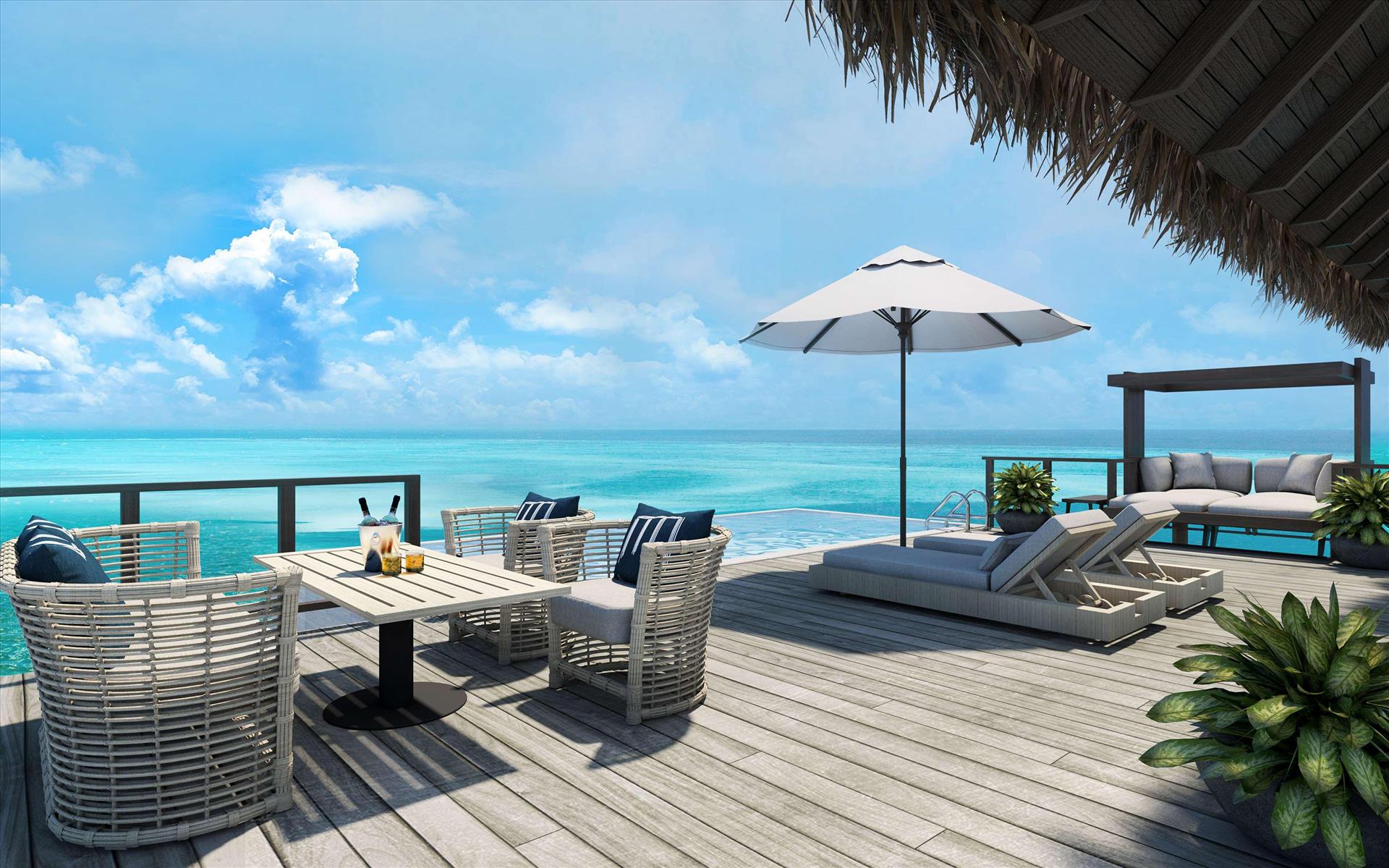
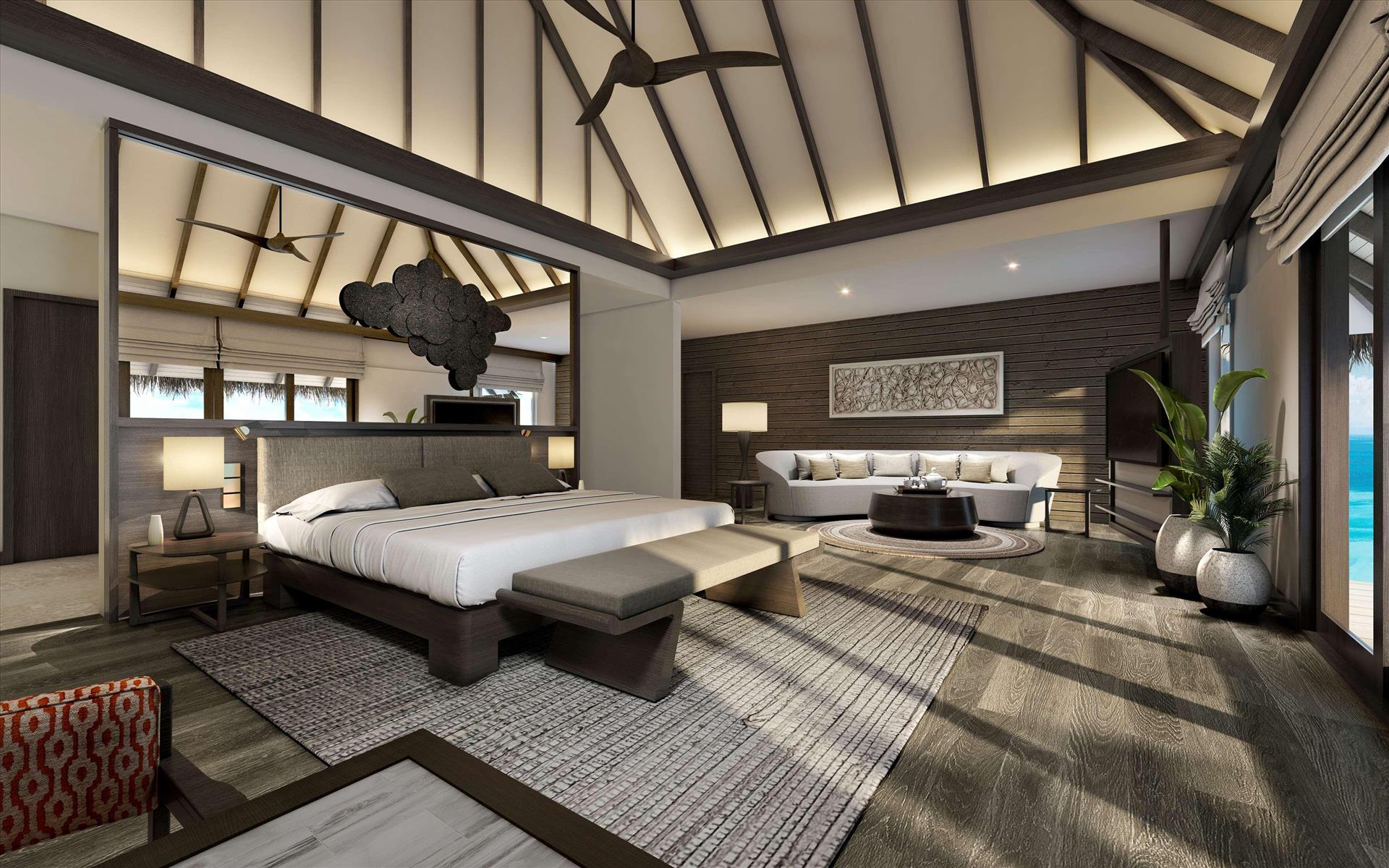
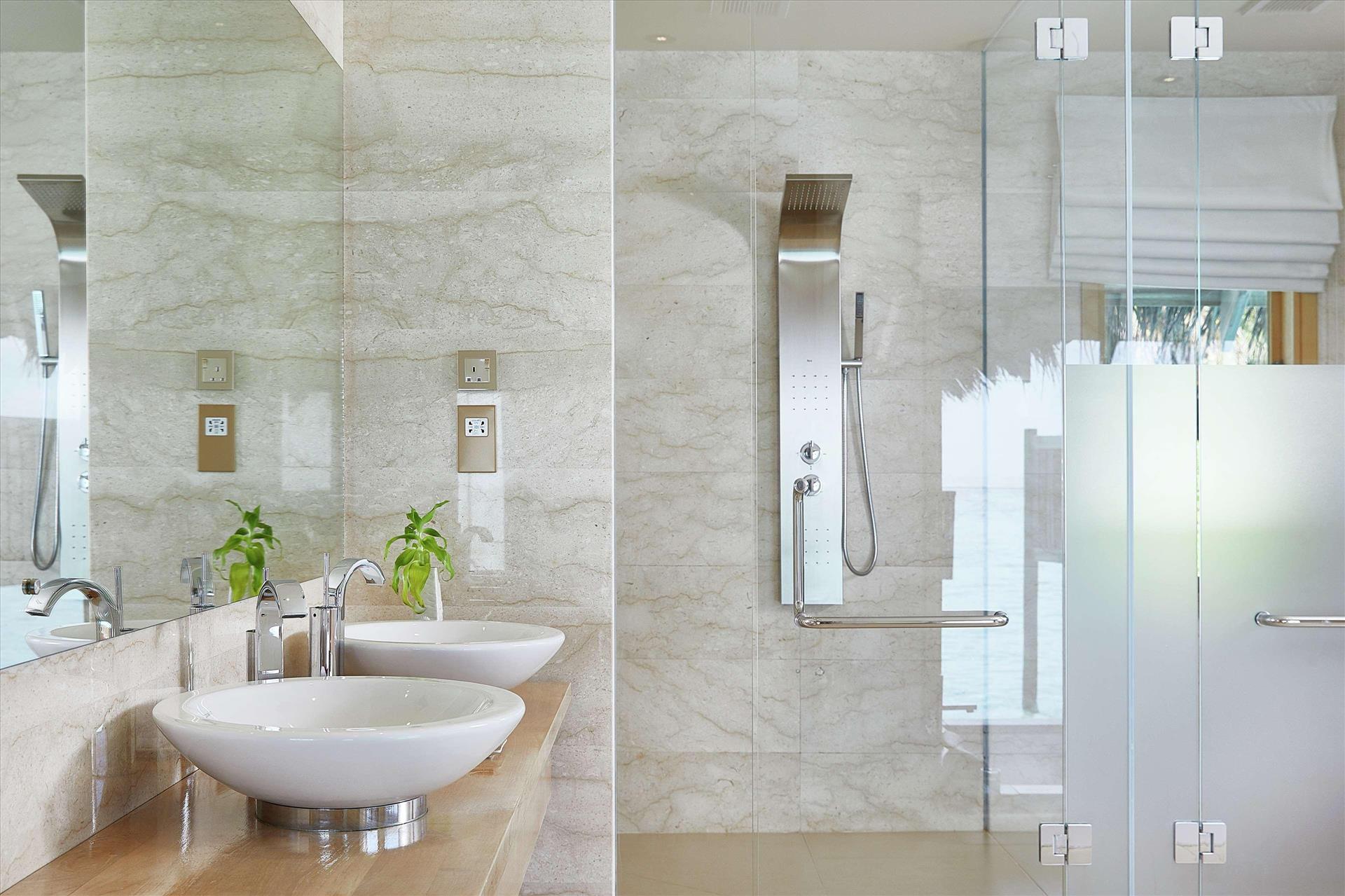
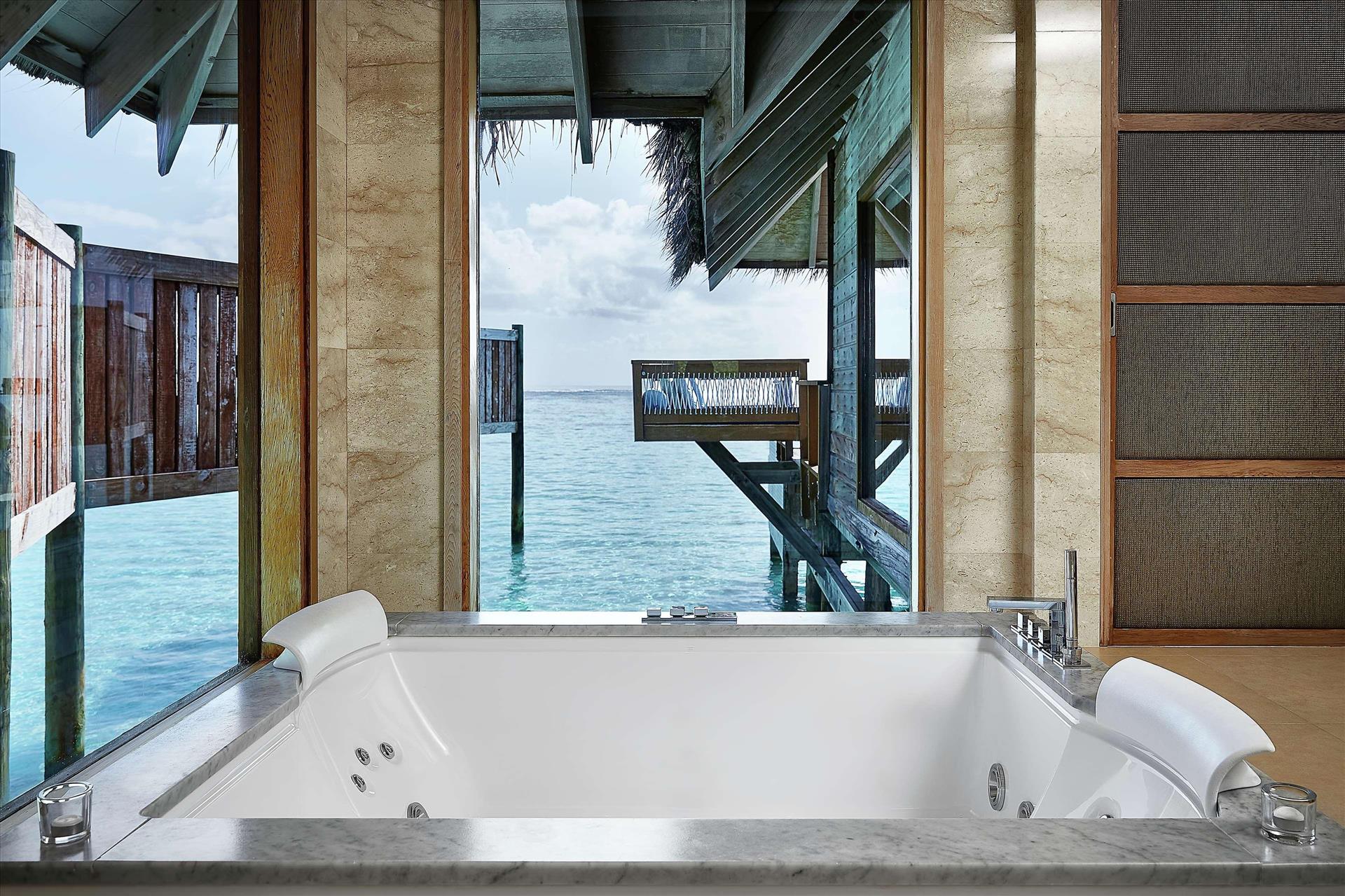
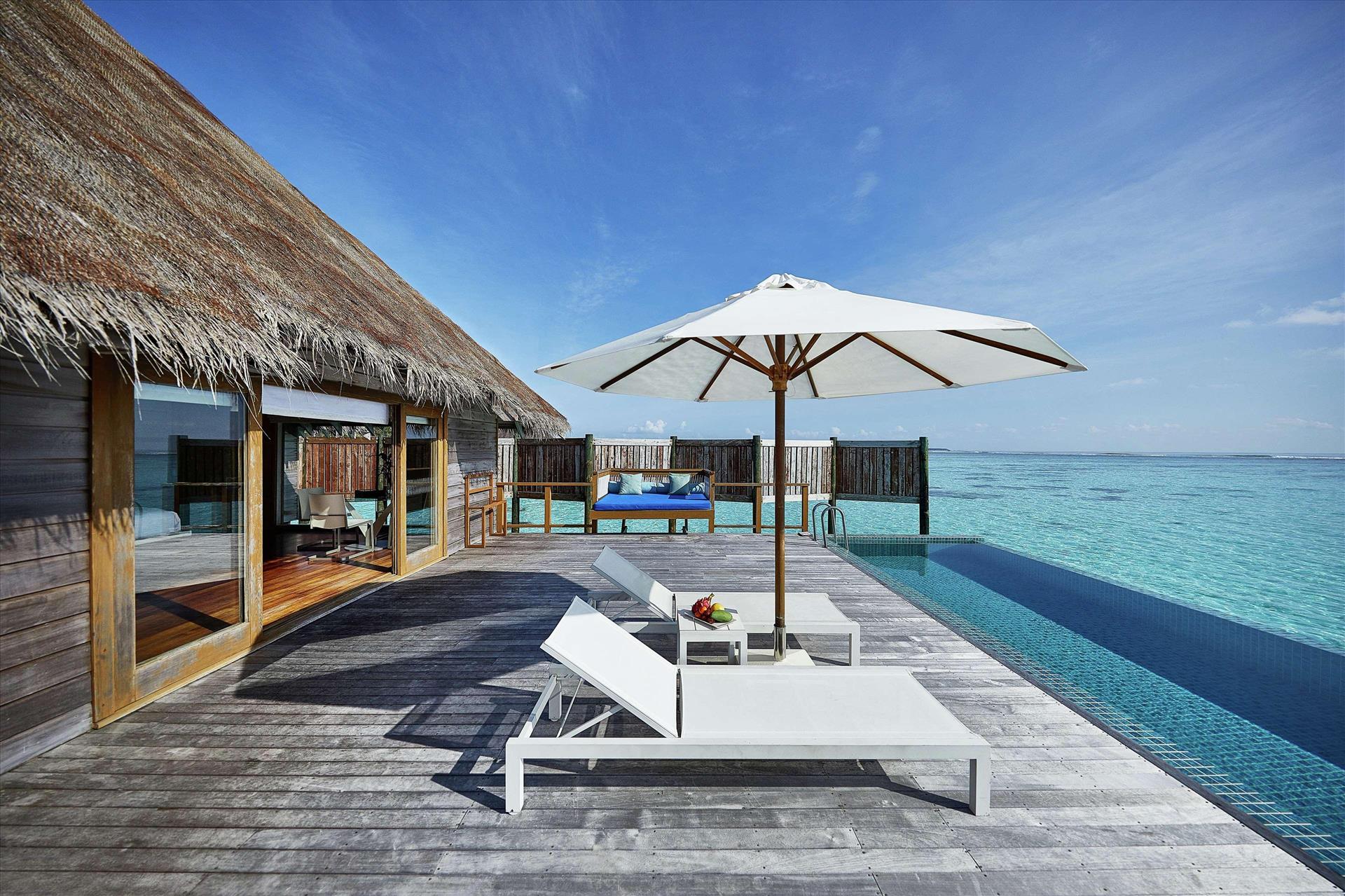

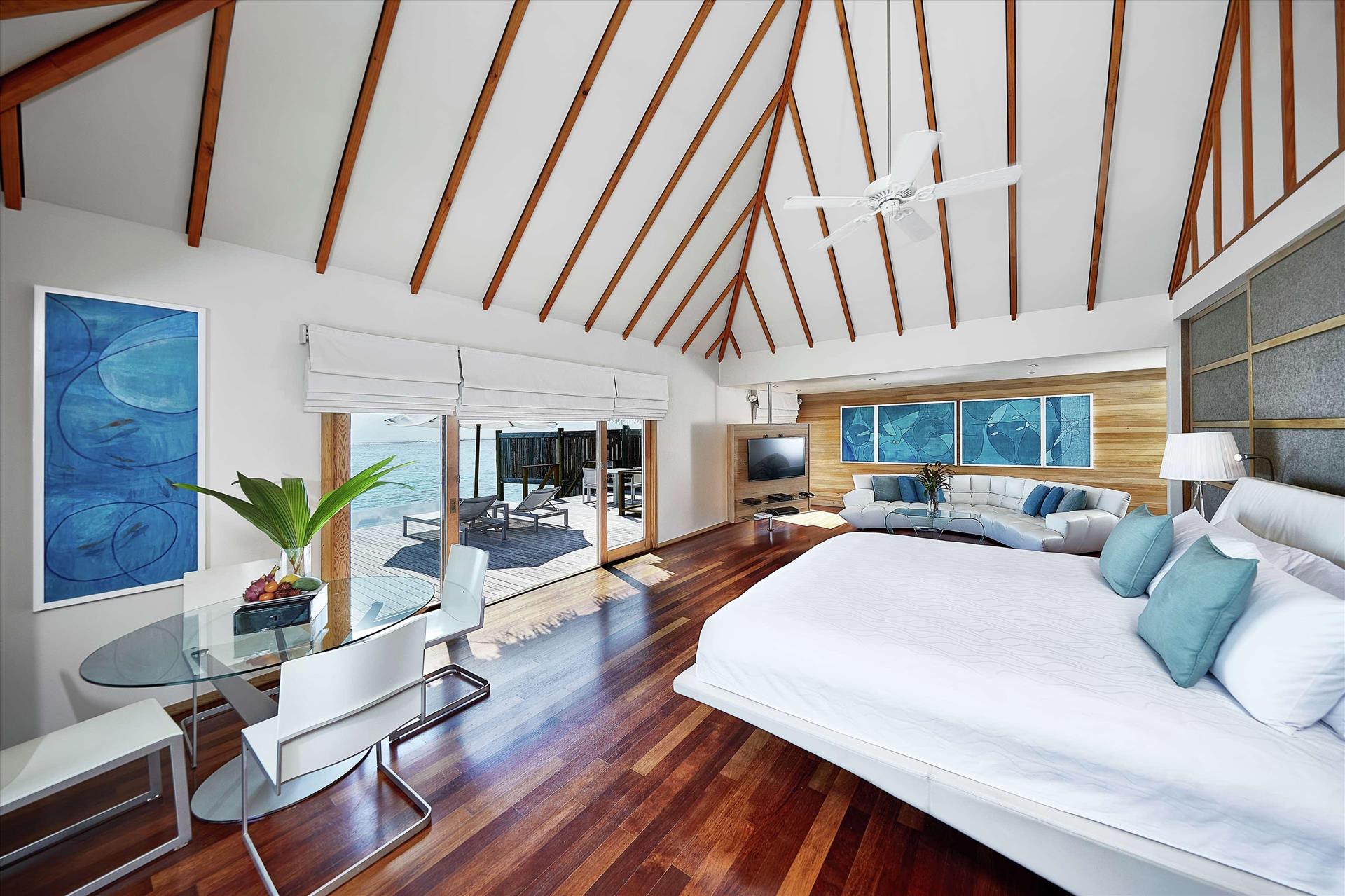
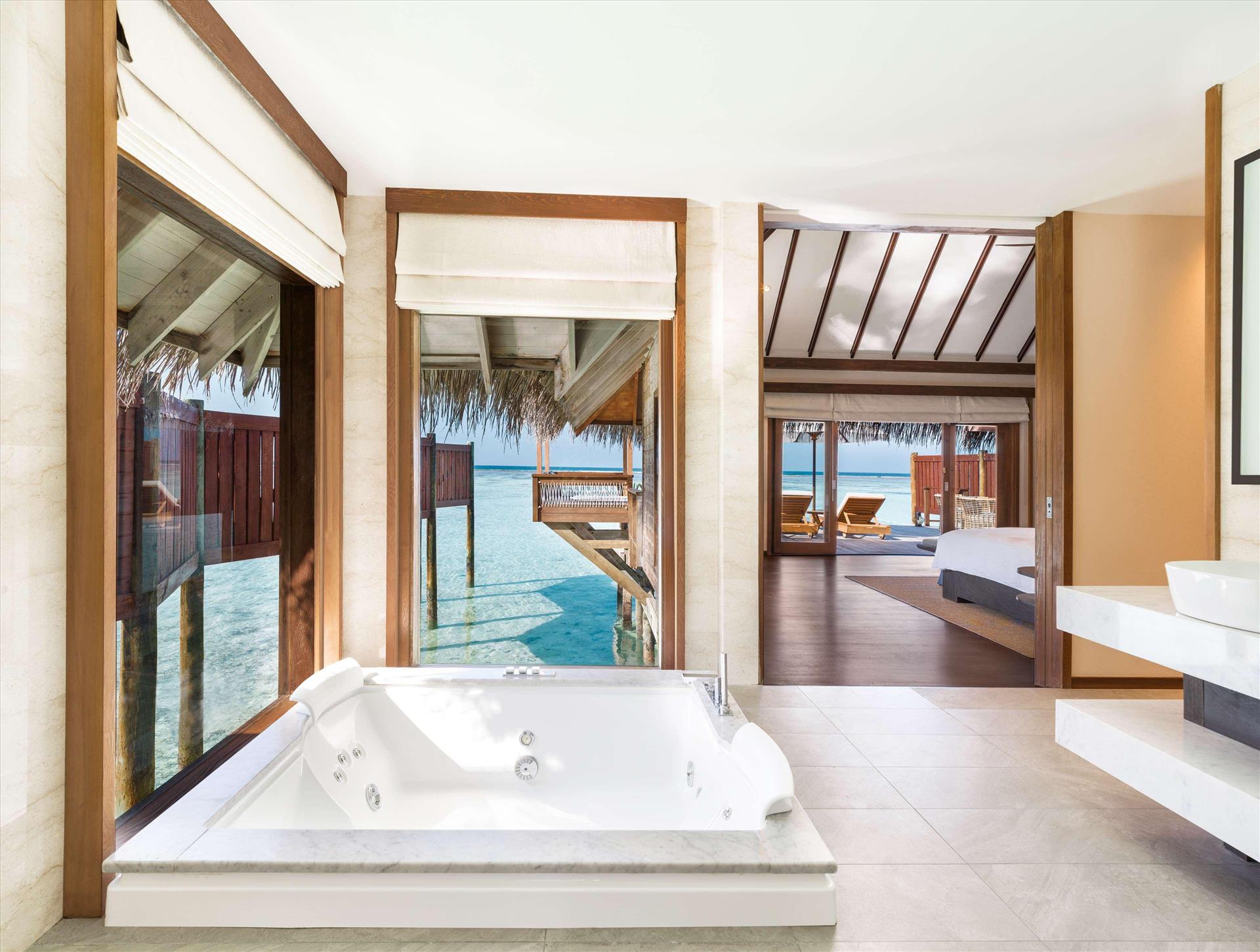
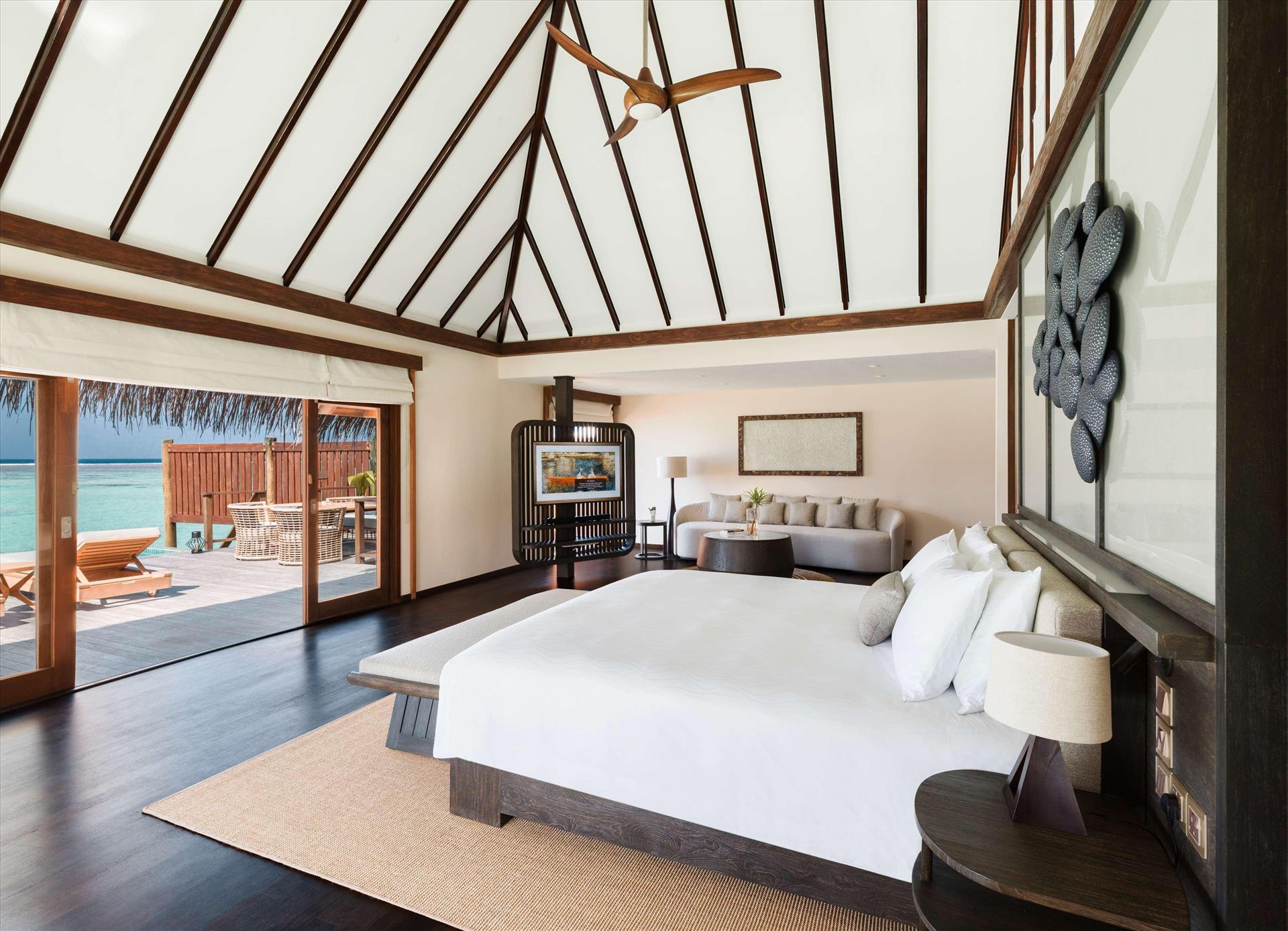
Villa Premier Water Villa With Pool
Facilities
- Room size (sqm) : 152
- Number of bedrooms : 1
- Bathroom
- Shower
- Bathtub
- Hairdryer
- Toiletries
- Bathrobes
- Slippers
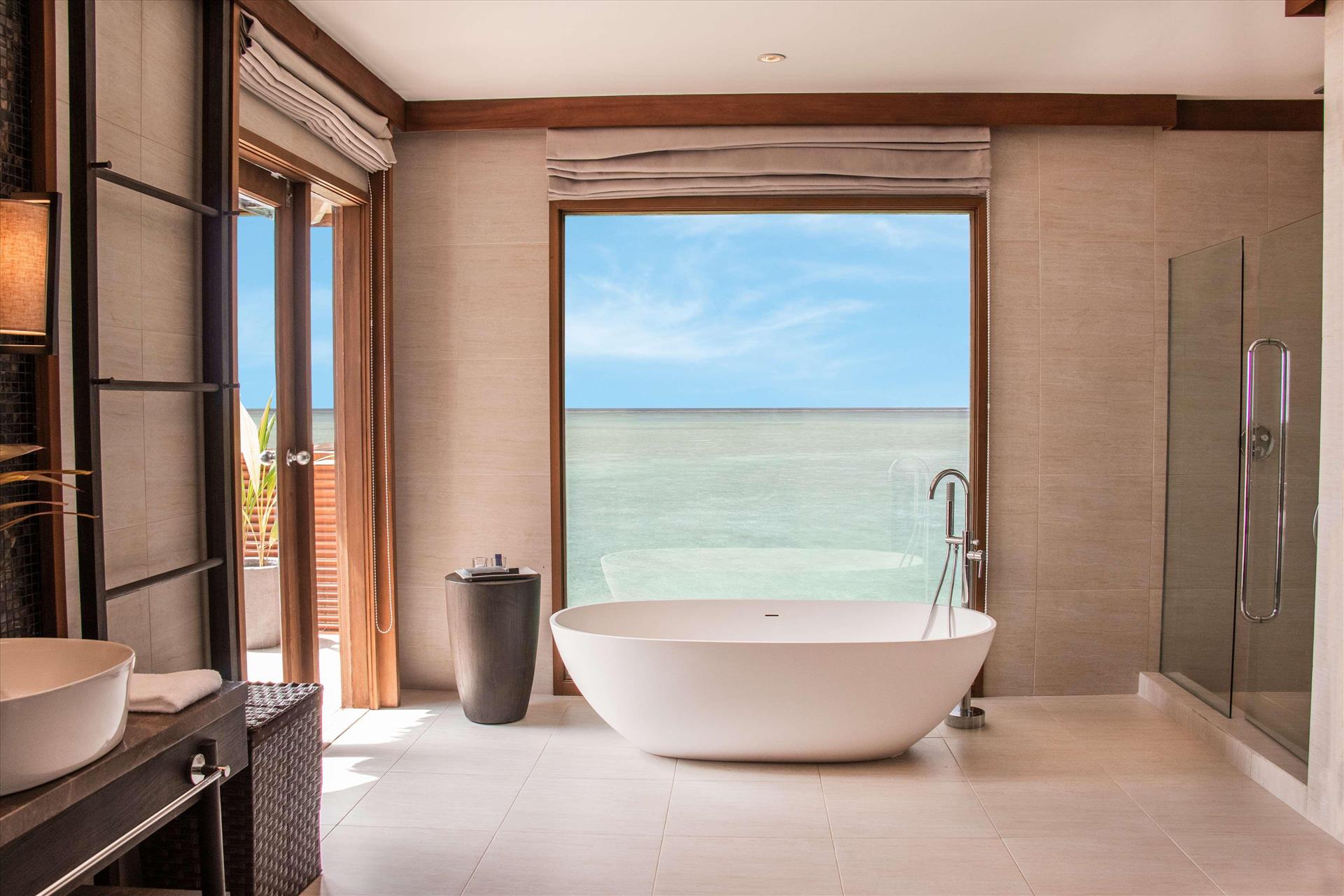
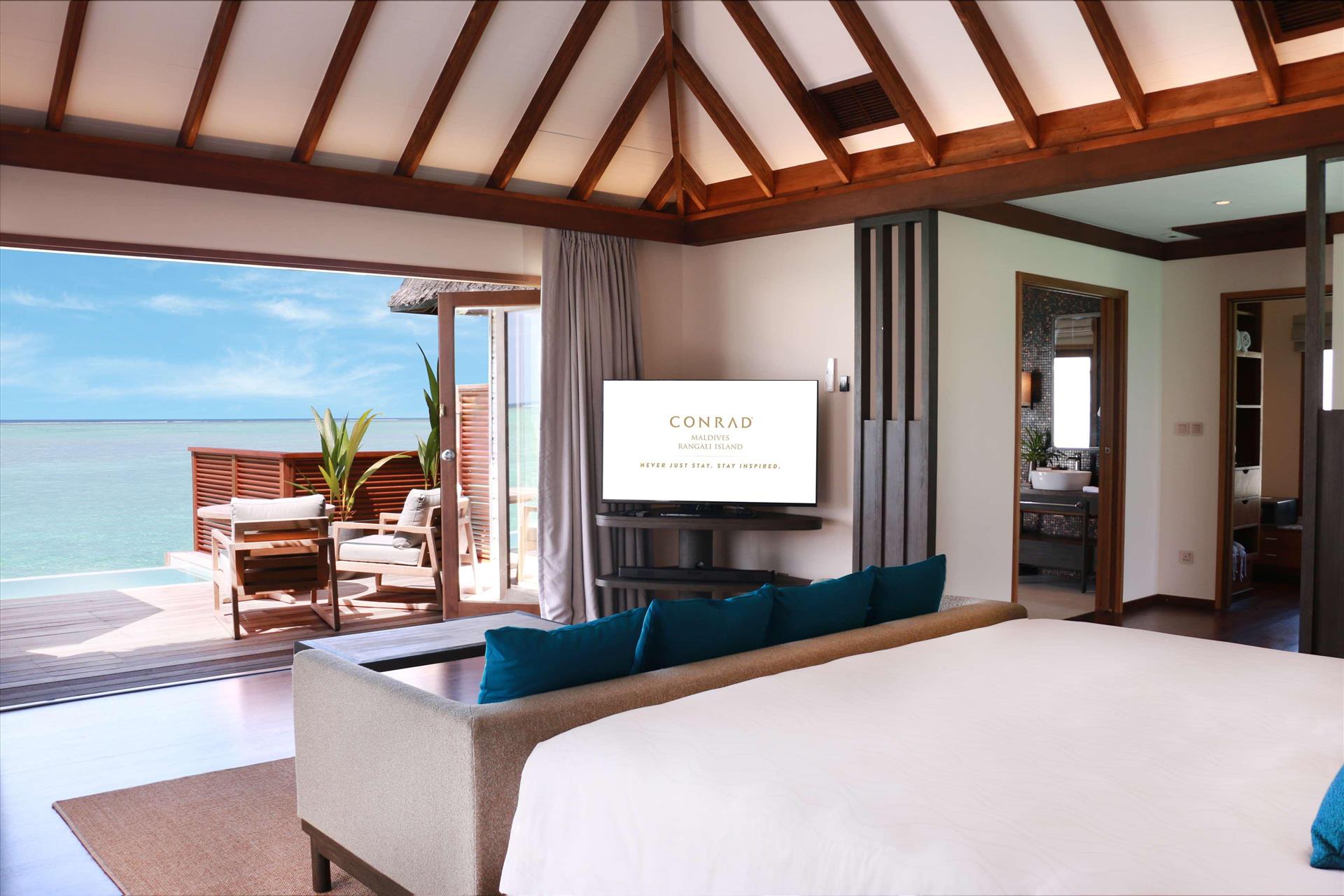
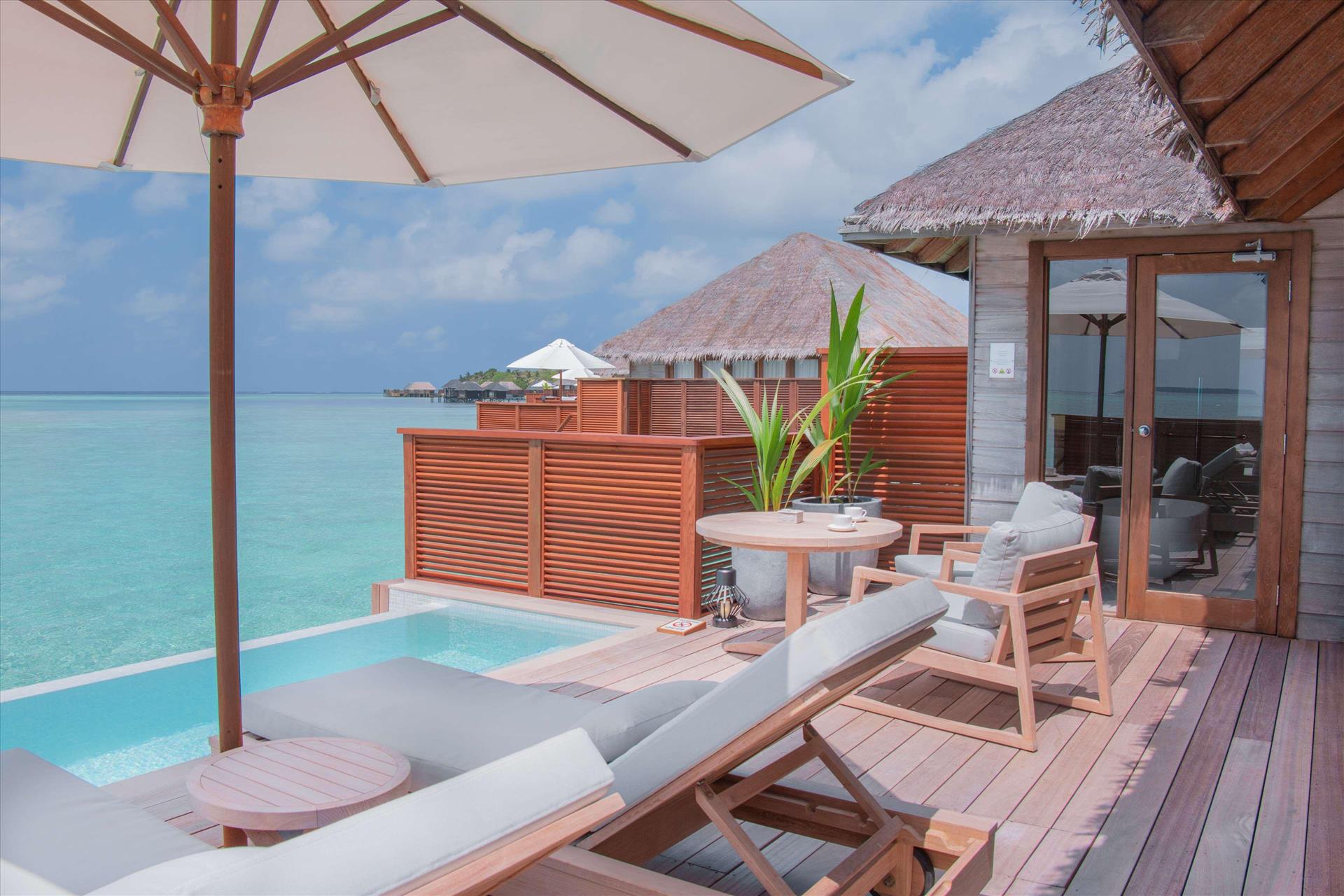
Villa Deluxe Beach Villa With Pool
Facilities
- Room size (sqm) : 115
- Number of bedrooms : 1
- Bathroom
- Shower
- Bathtub
- Hairdryer
- Toiletries
- Bathrobes
- Slippers
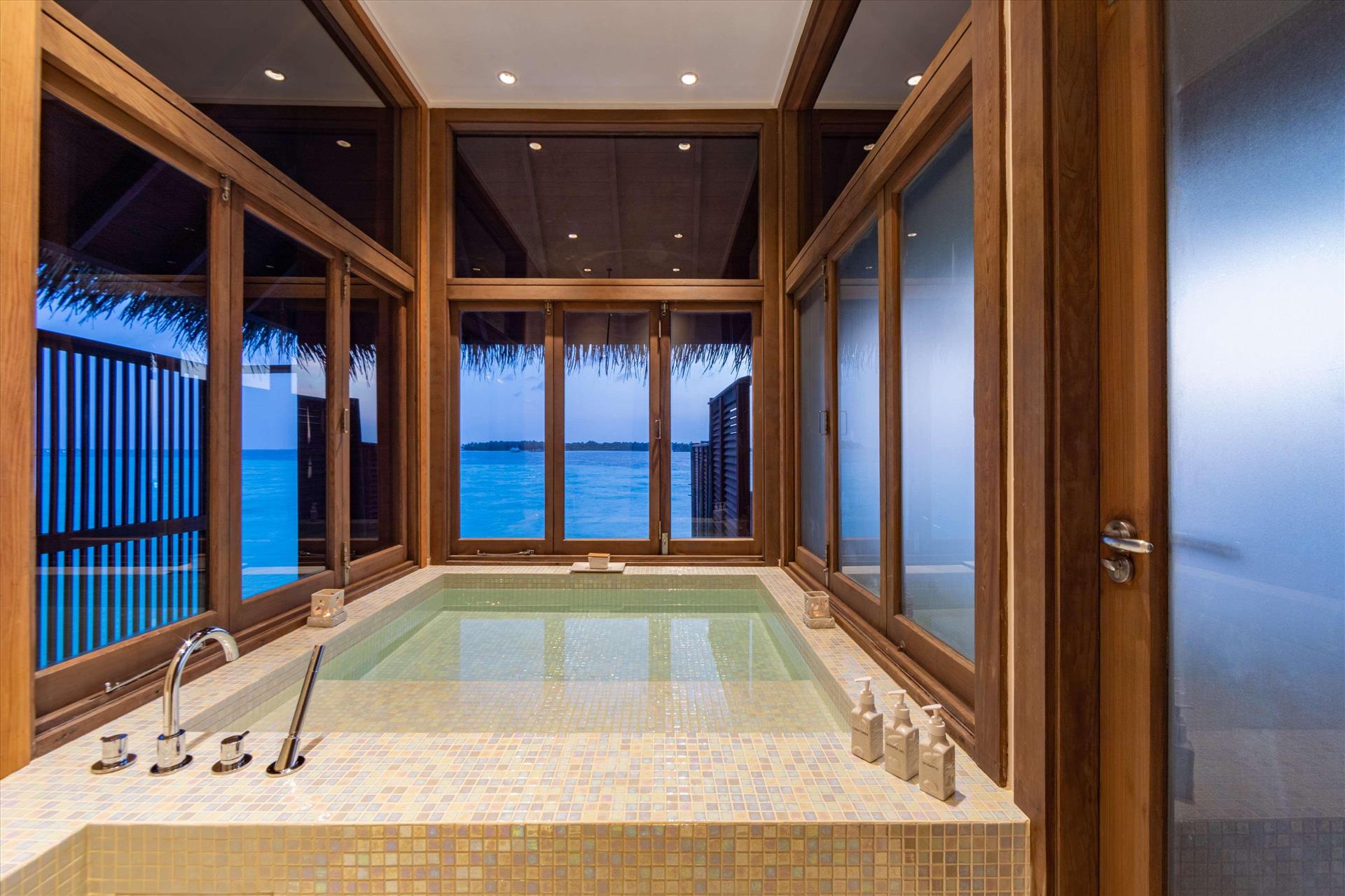
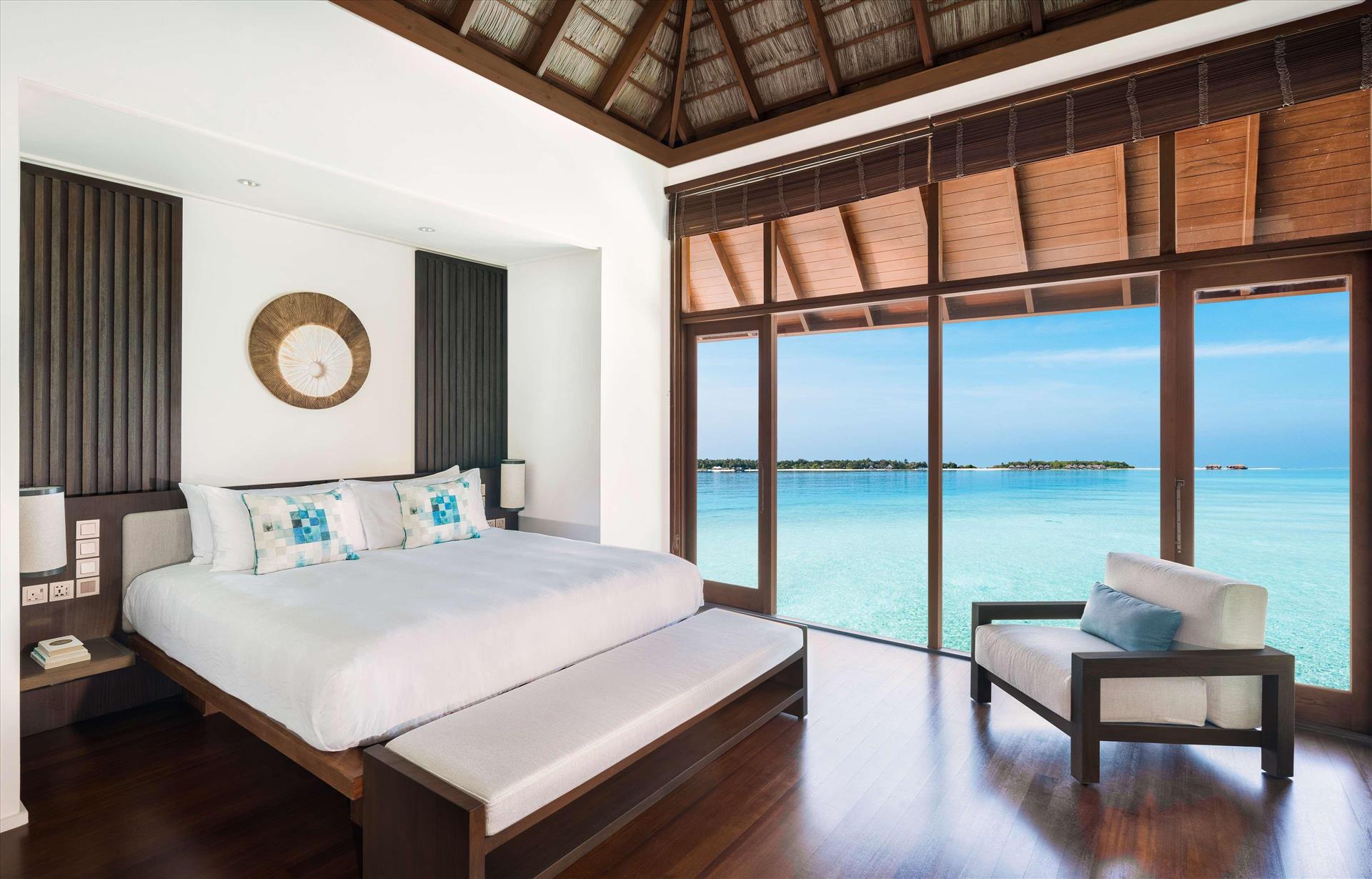
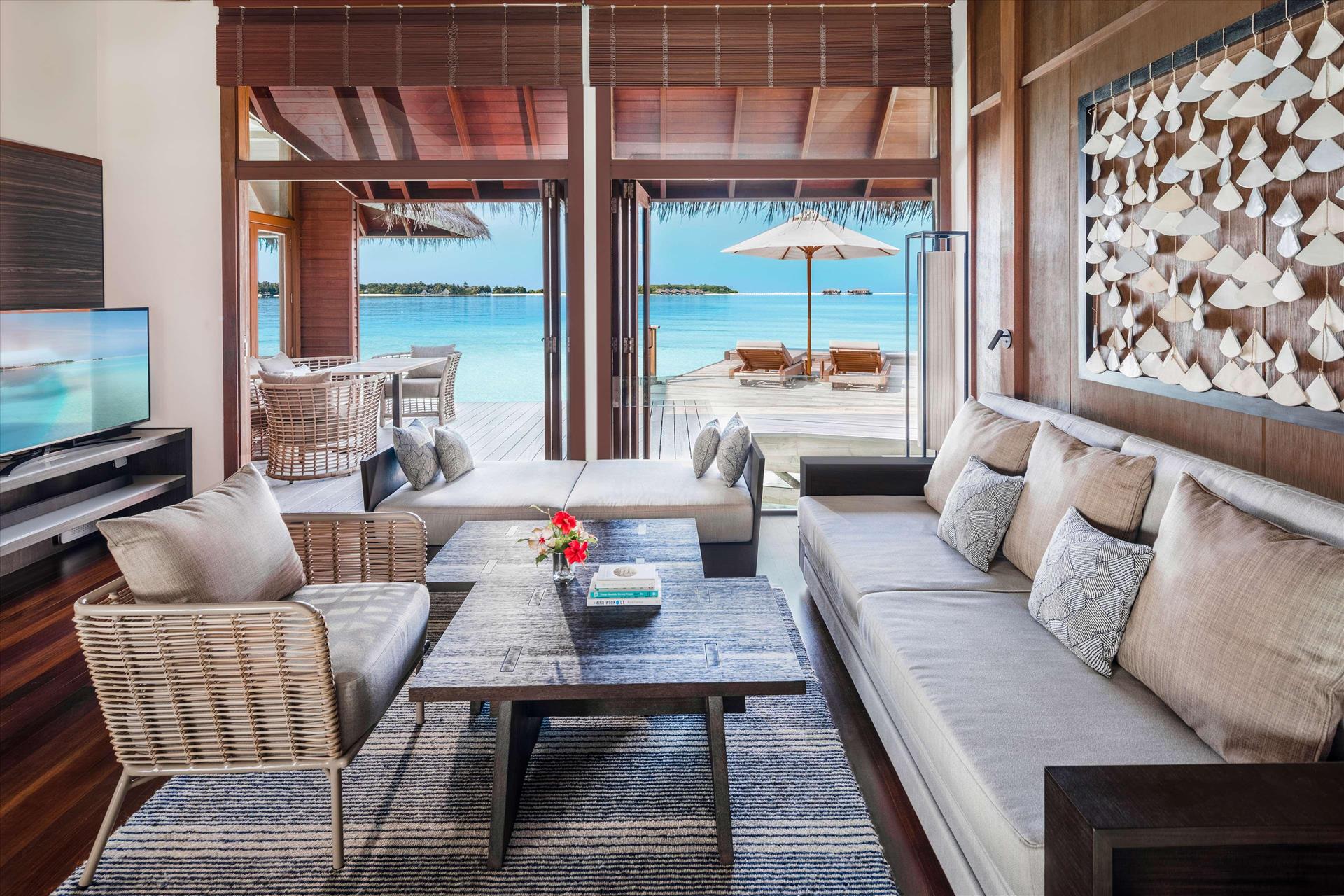
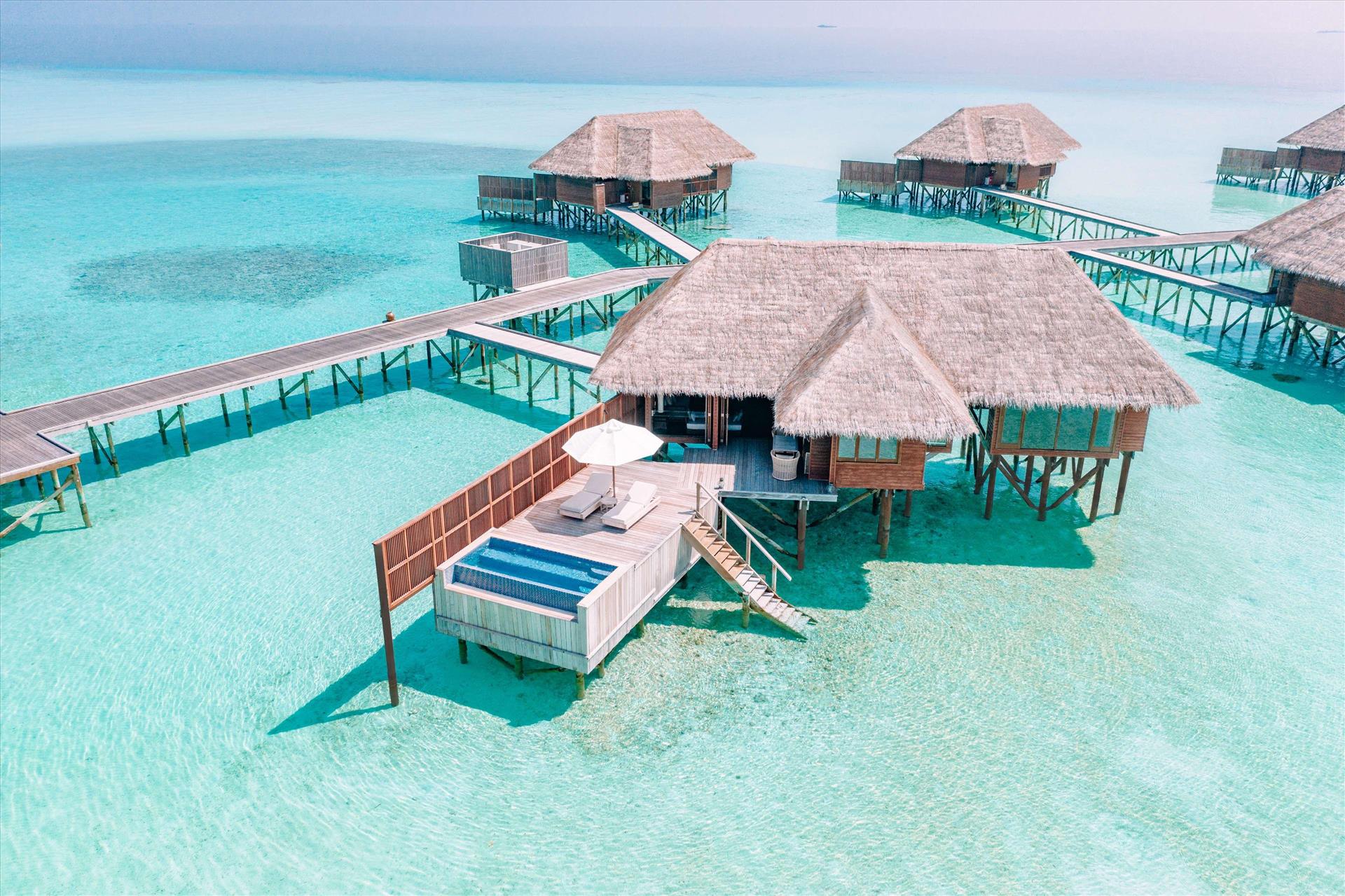
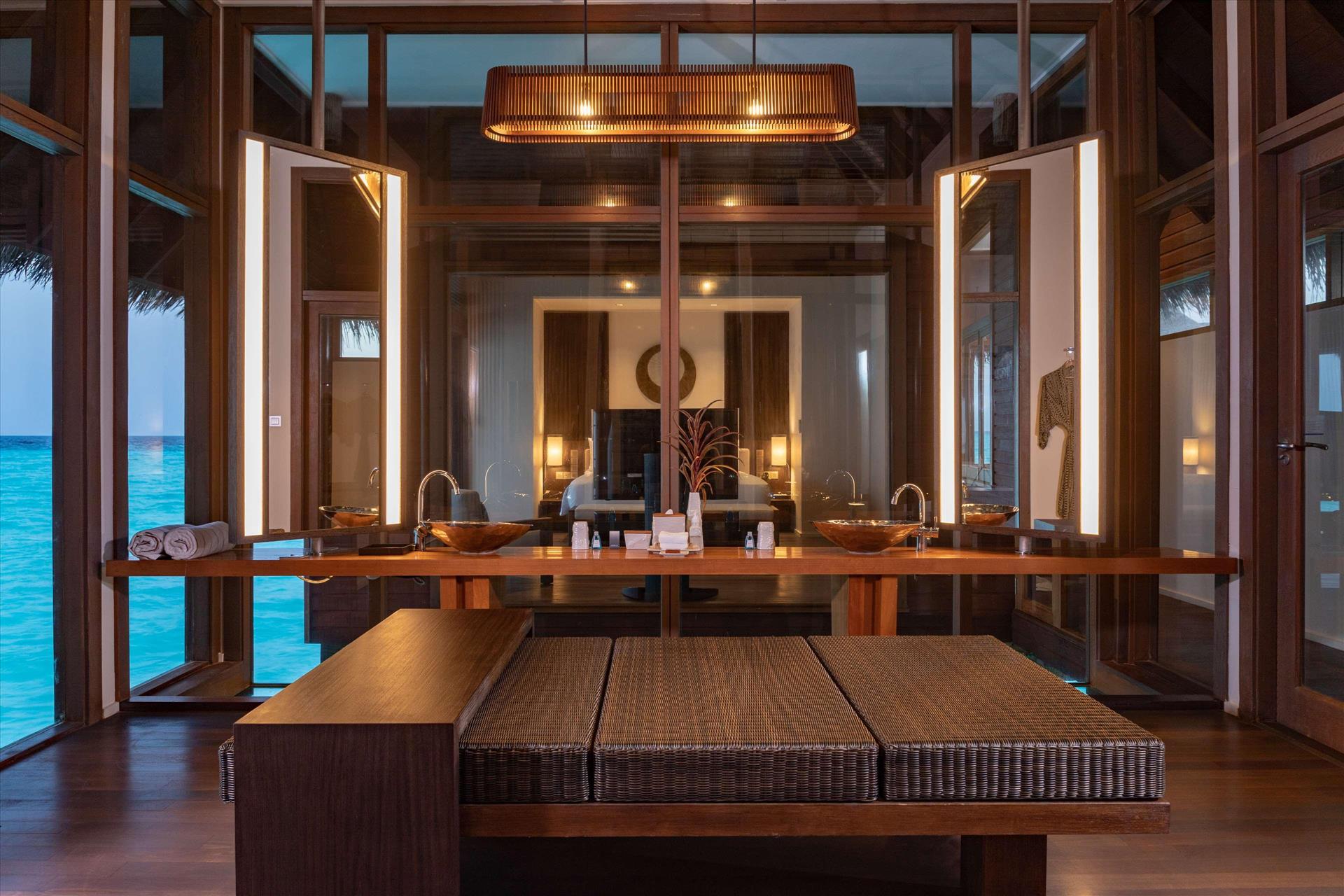
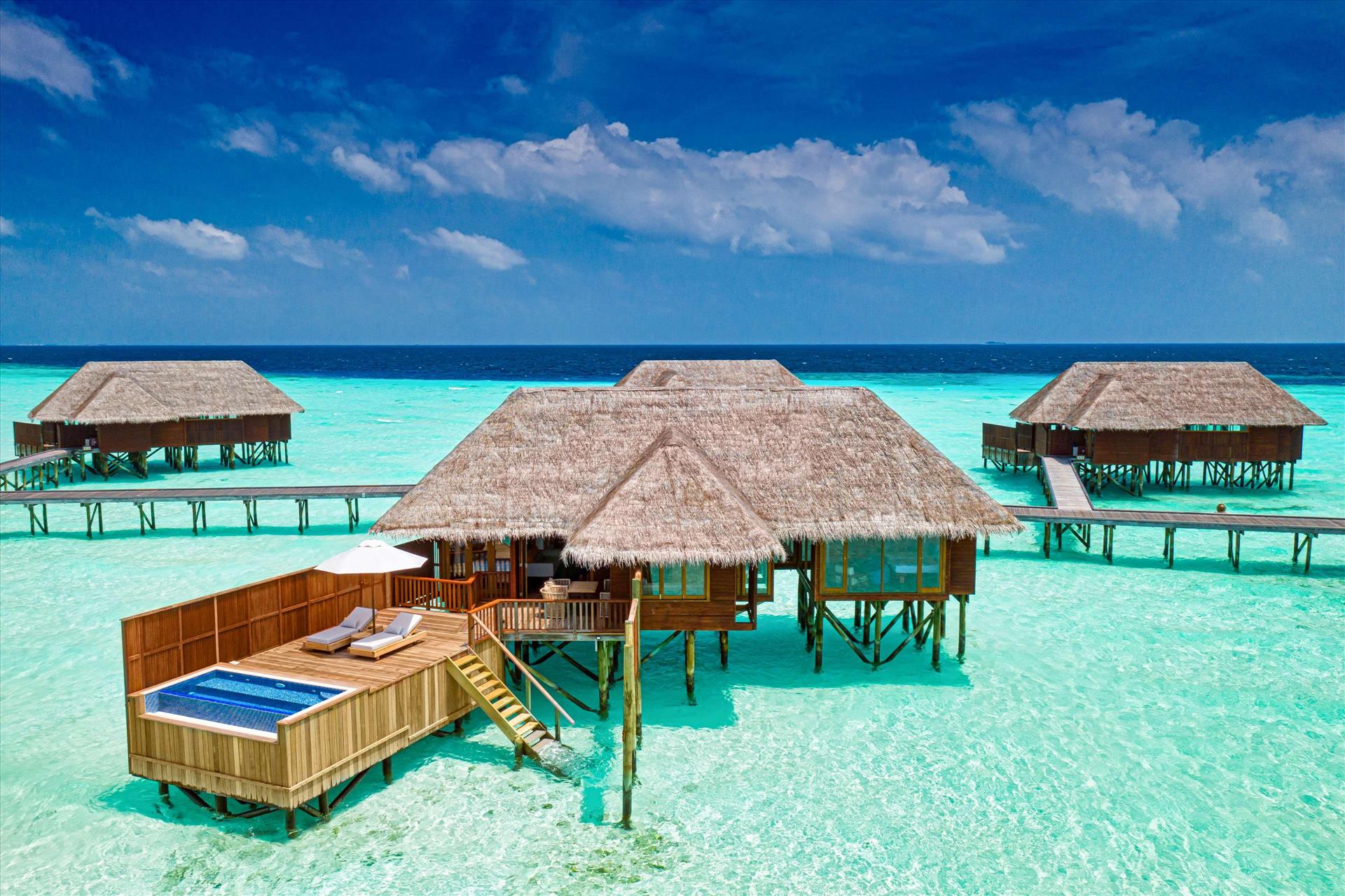
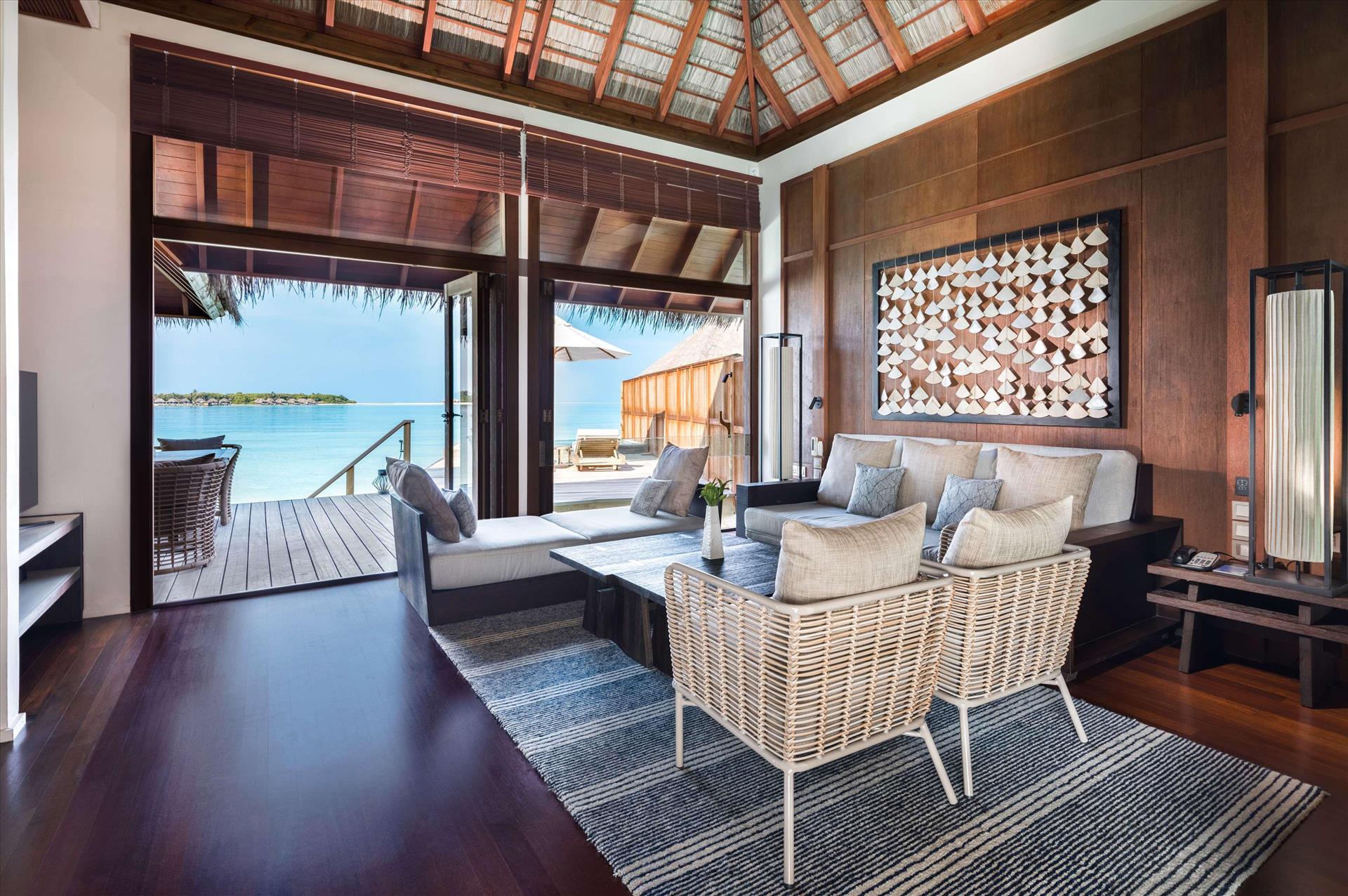
Villa Grand Water Villa With Pool
Facilities
- Number of bedrooms : 1
- Bathroom
- Shower
- Bathtub
- Hairdryer
- Toiletries
- Bathrobes
- Slippers
- Make-up mirror
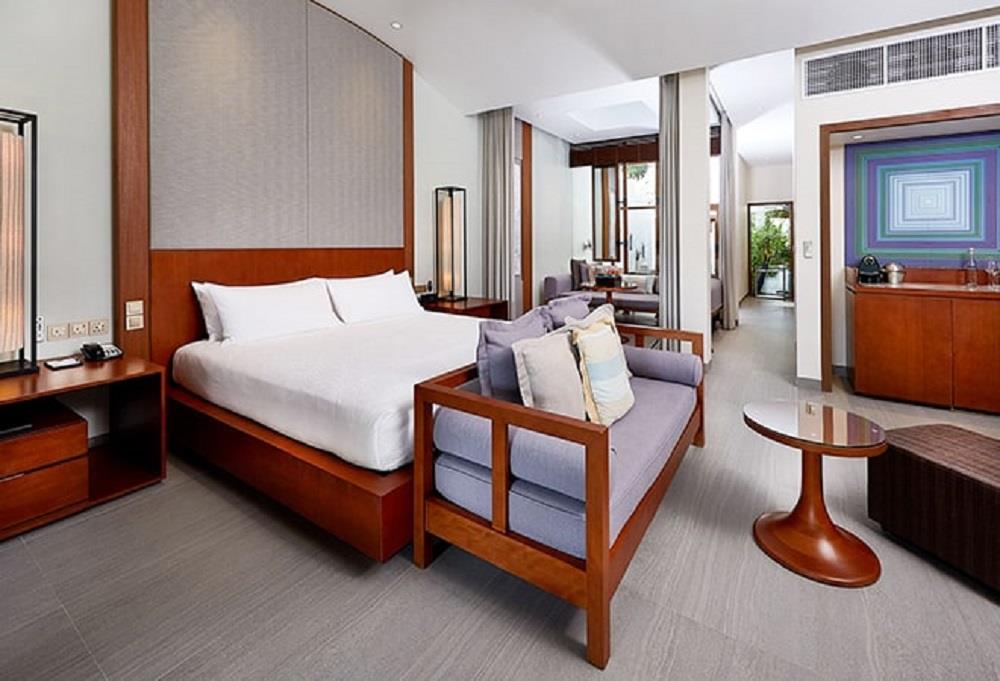
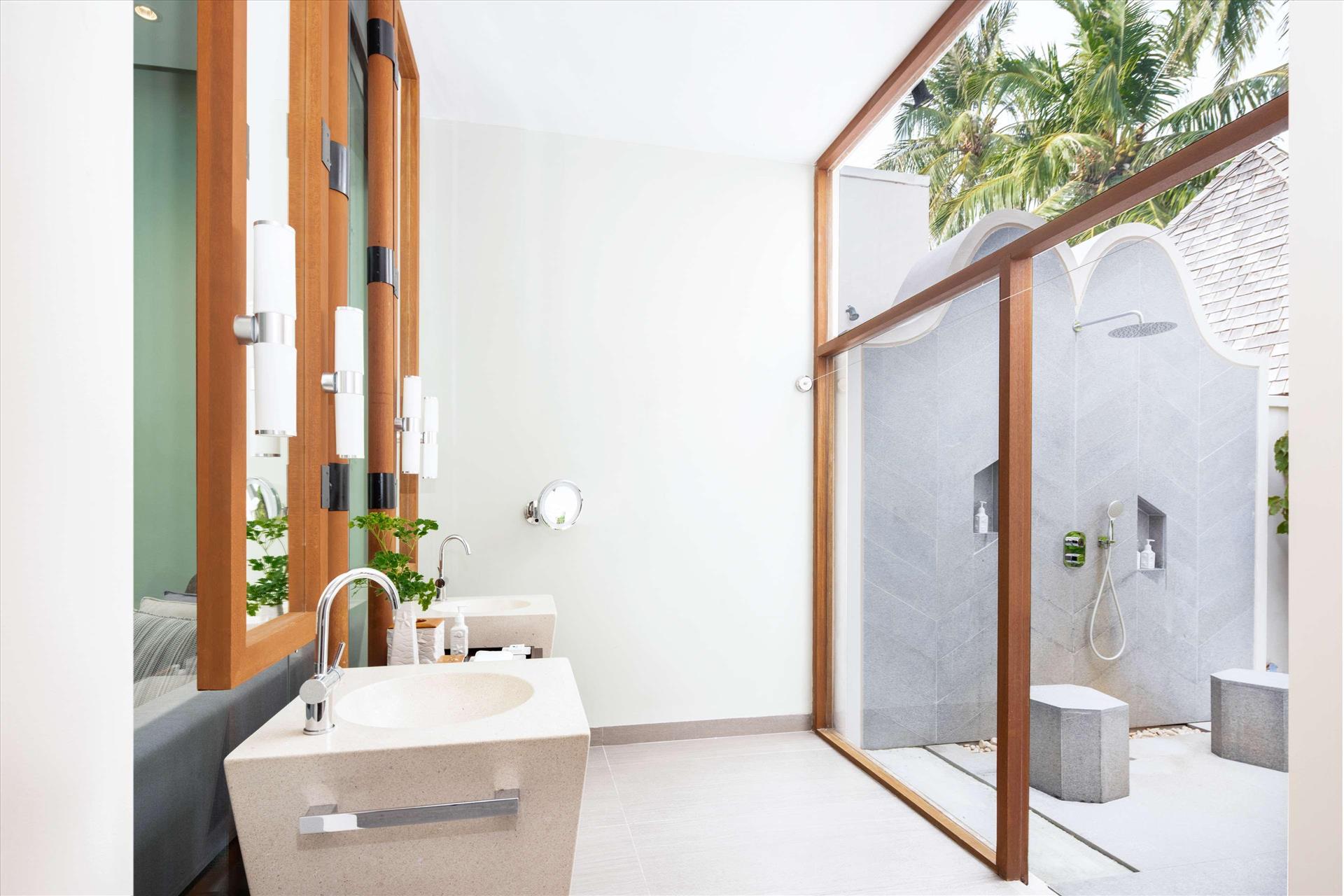
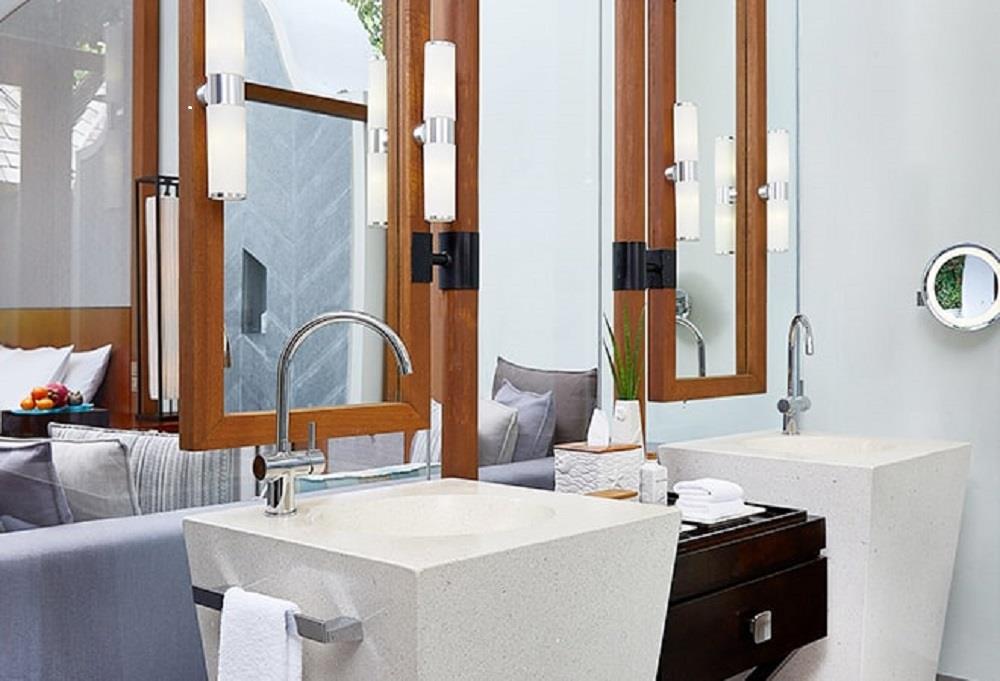
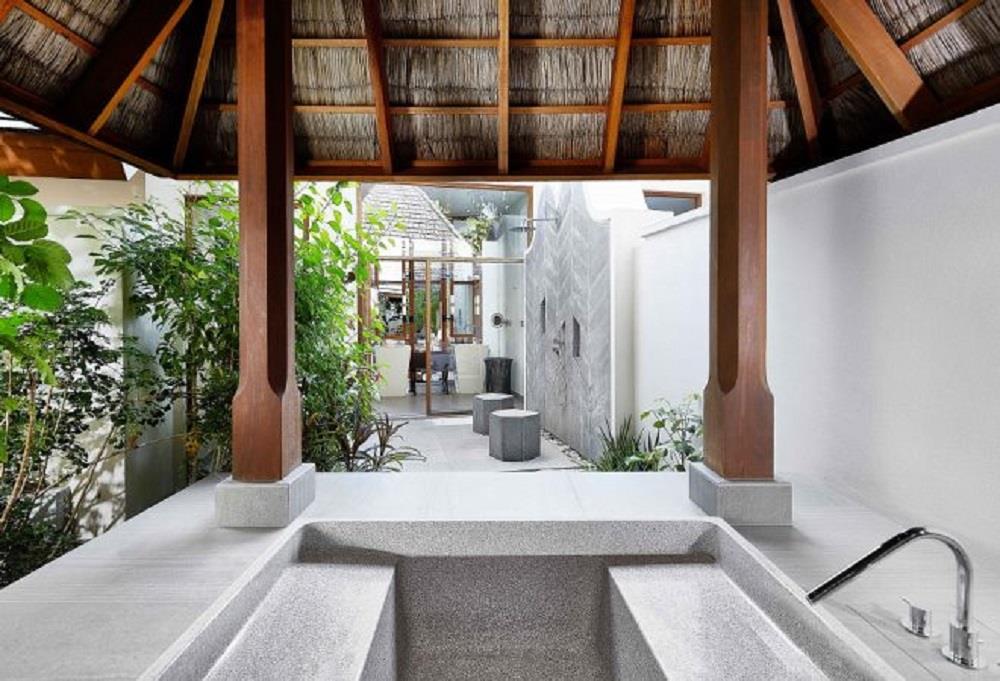
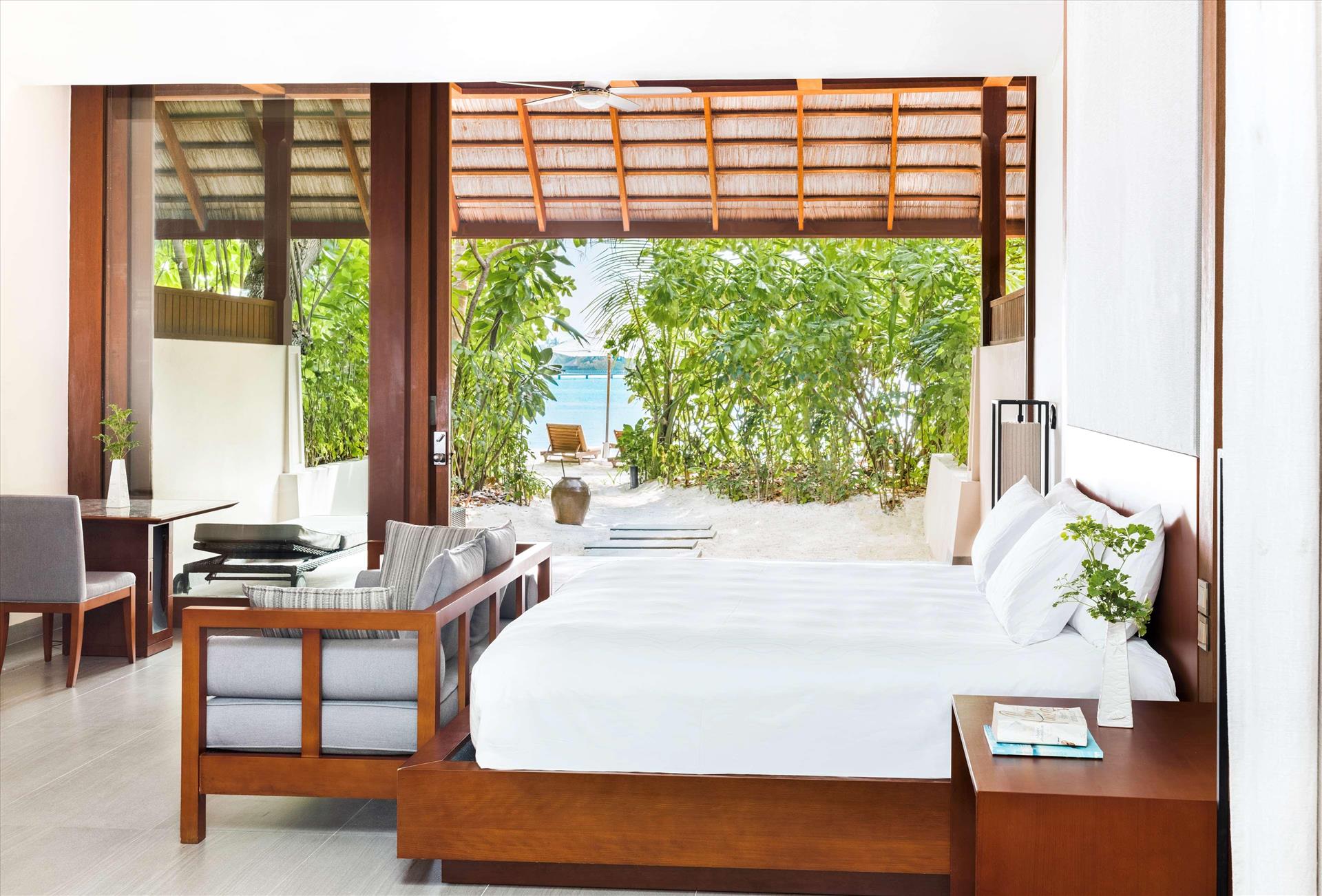
Villa Beach Villa
Facilities
- Minibar*
- Room size (sqm) : 150
- Number of bedrooms : 1
- Bathroom
- Shower
- Bathtub
- Hairdryer
- Toiletries
- Bathrobes
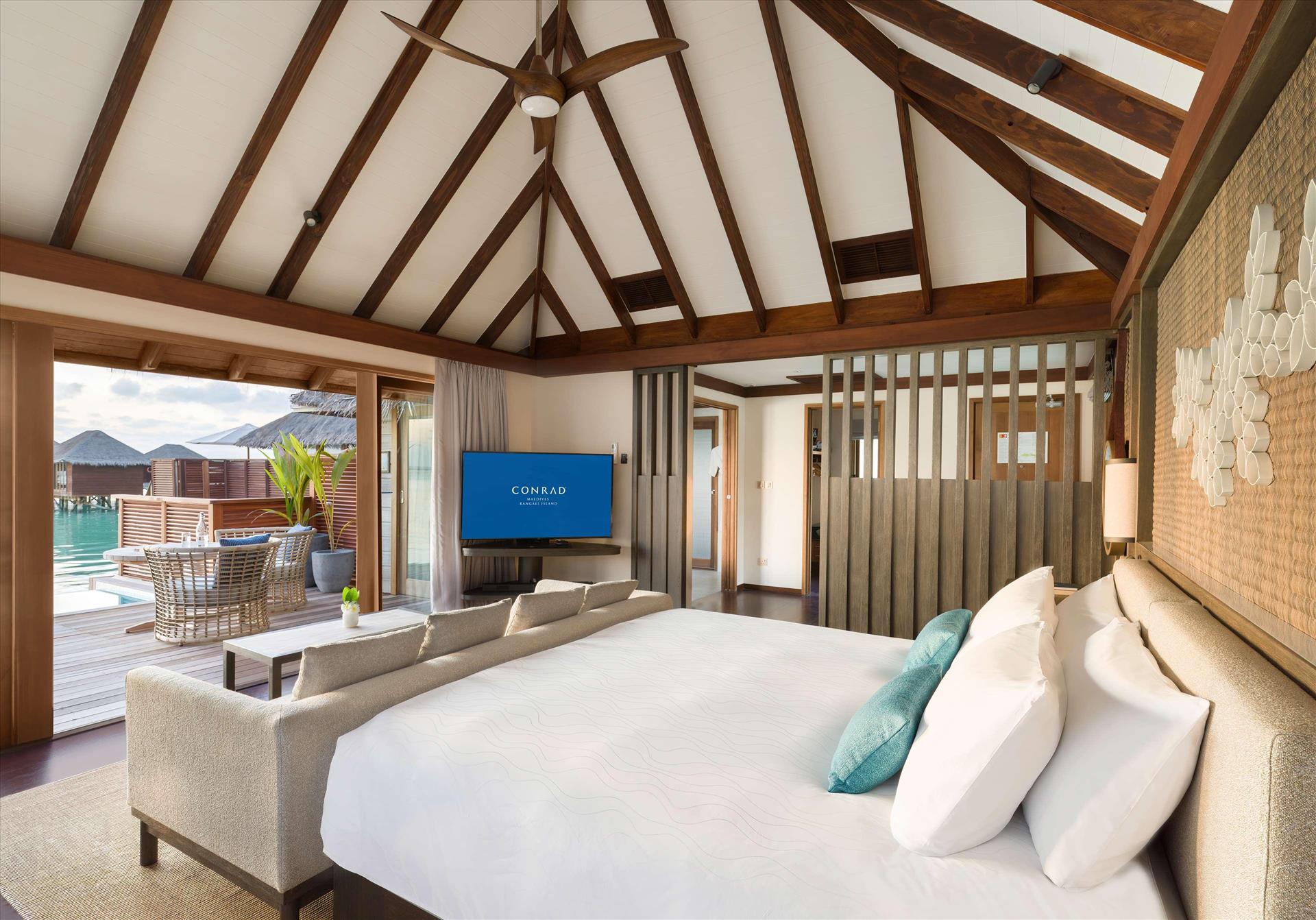
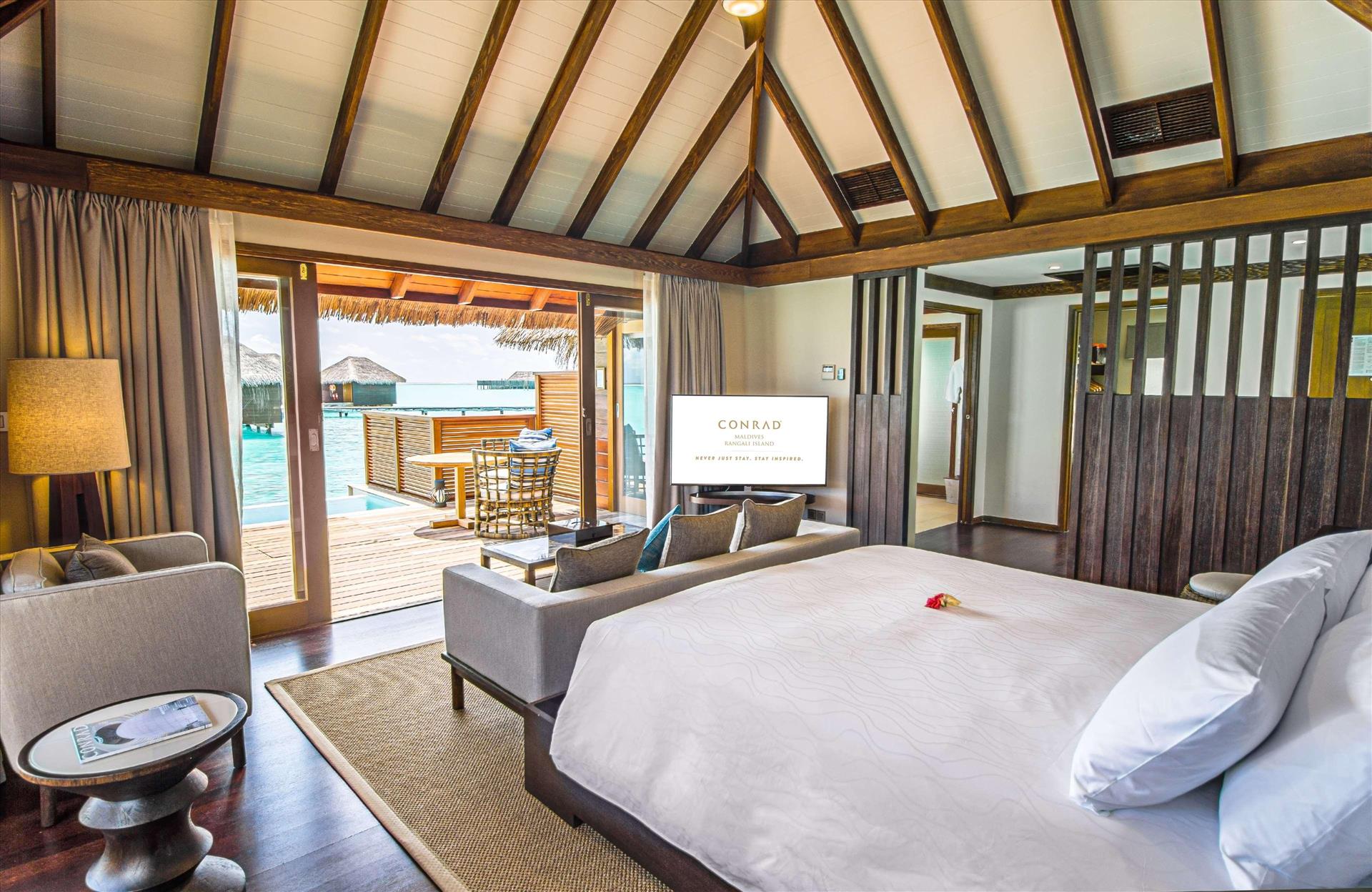
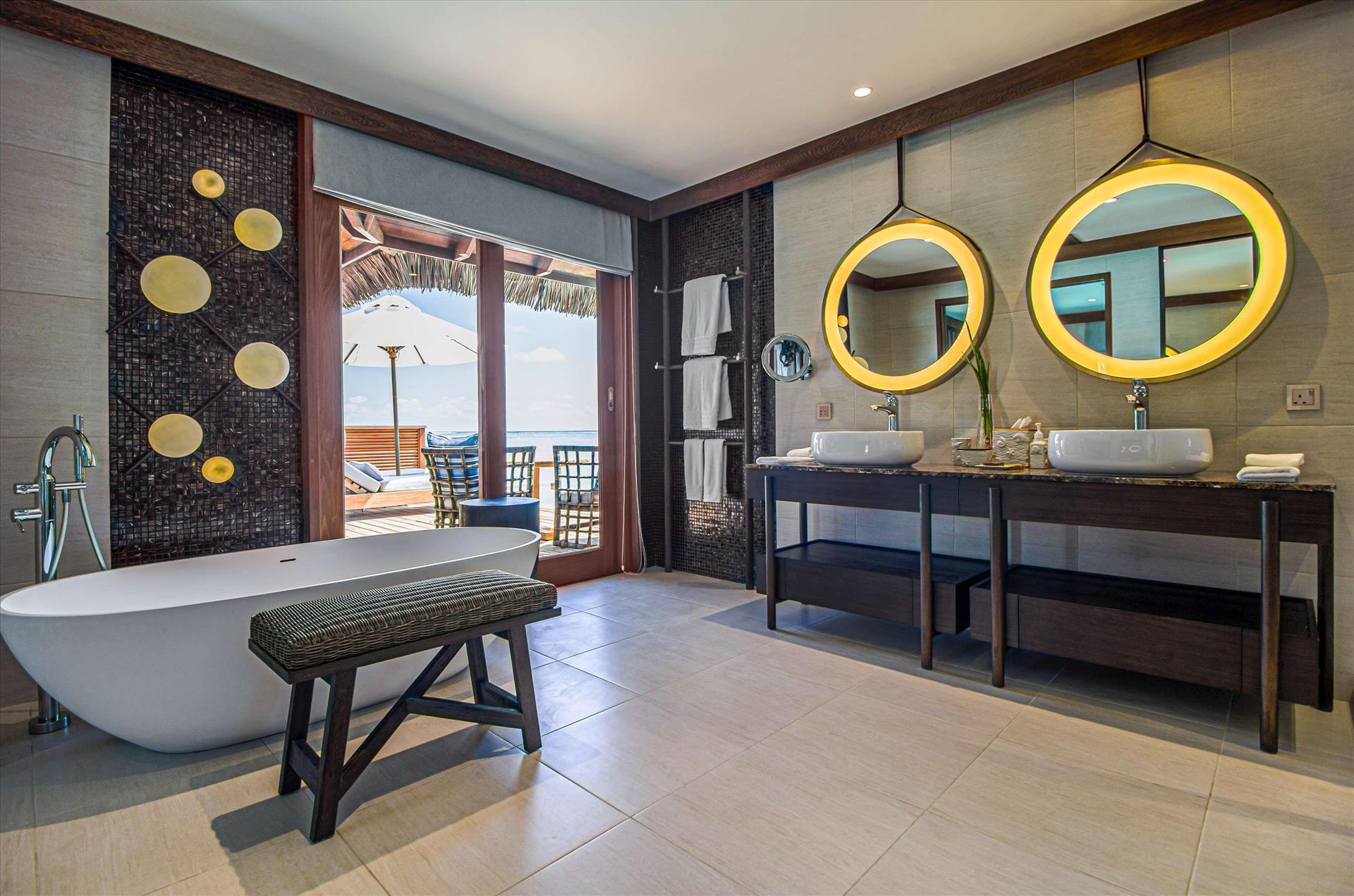
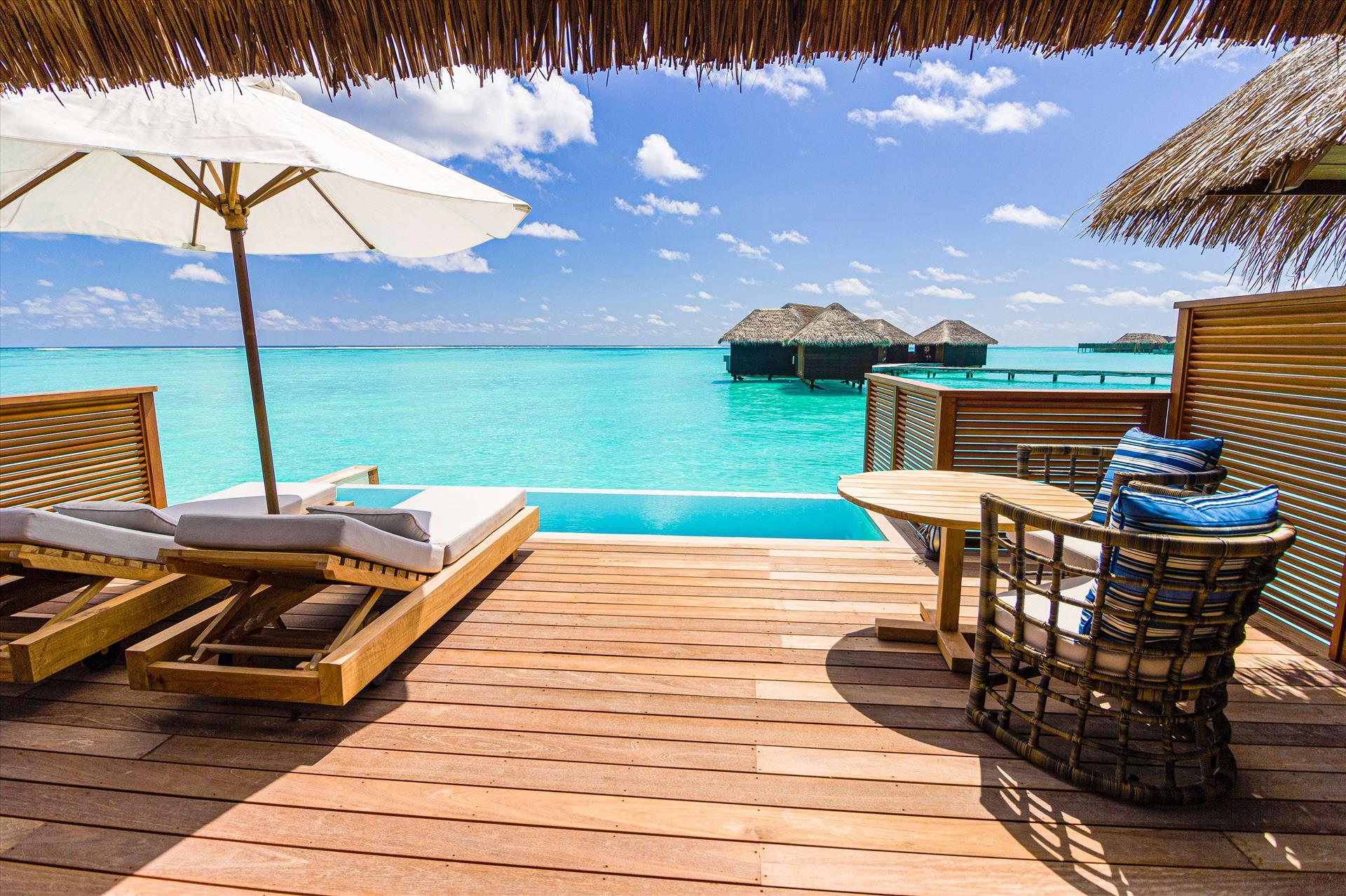
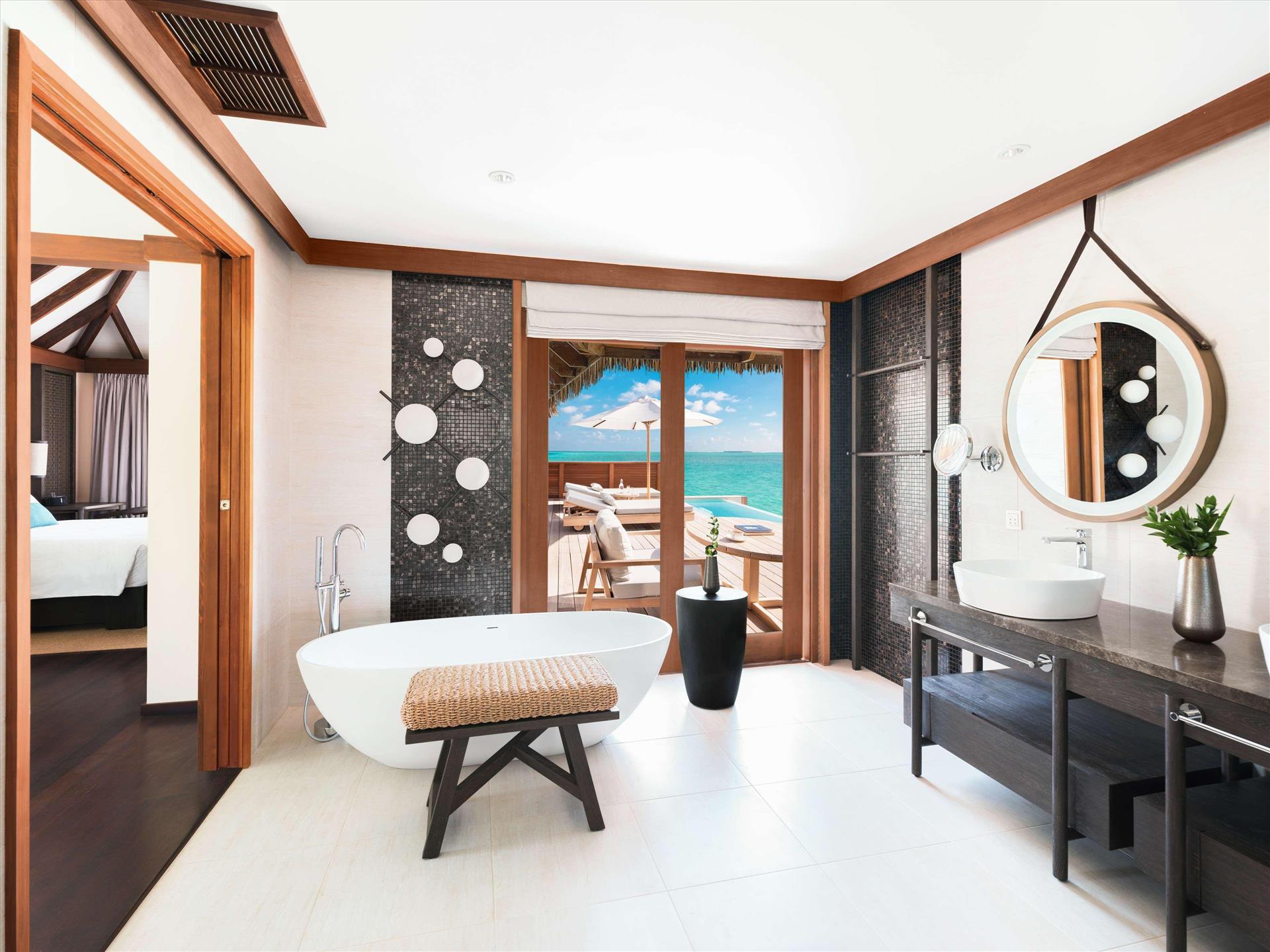
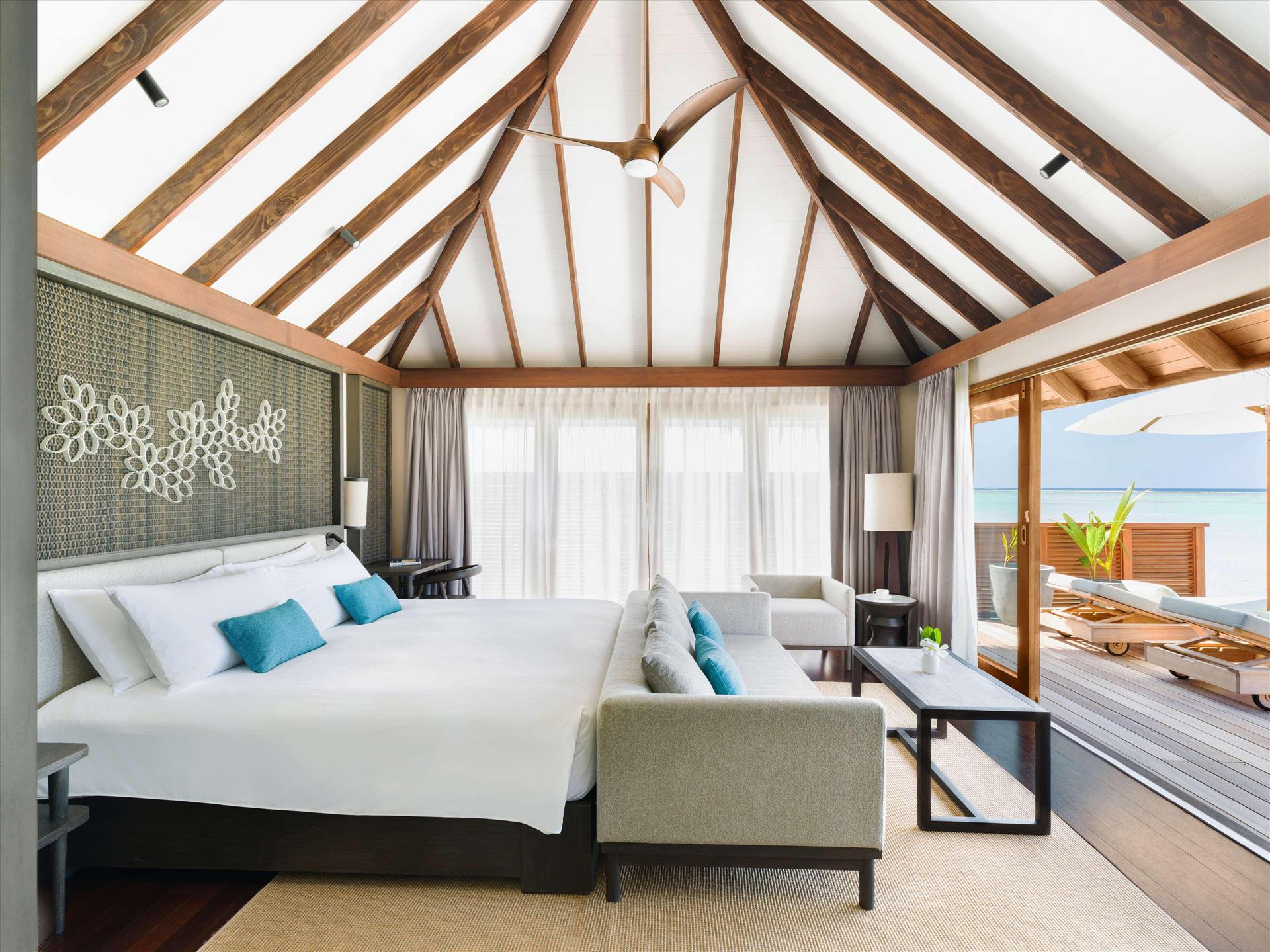
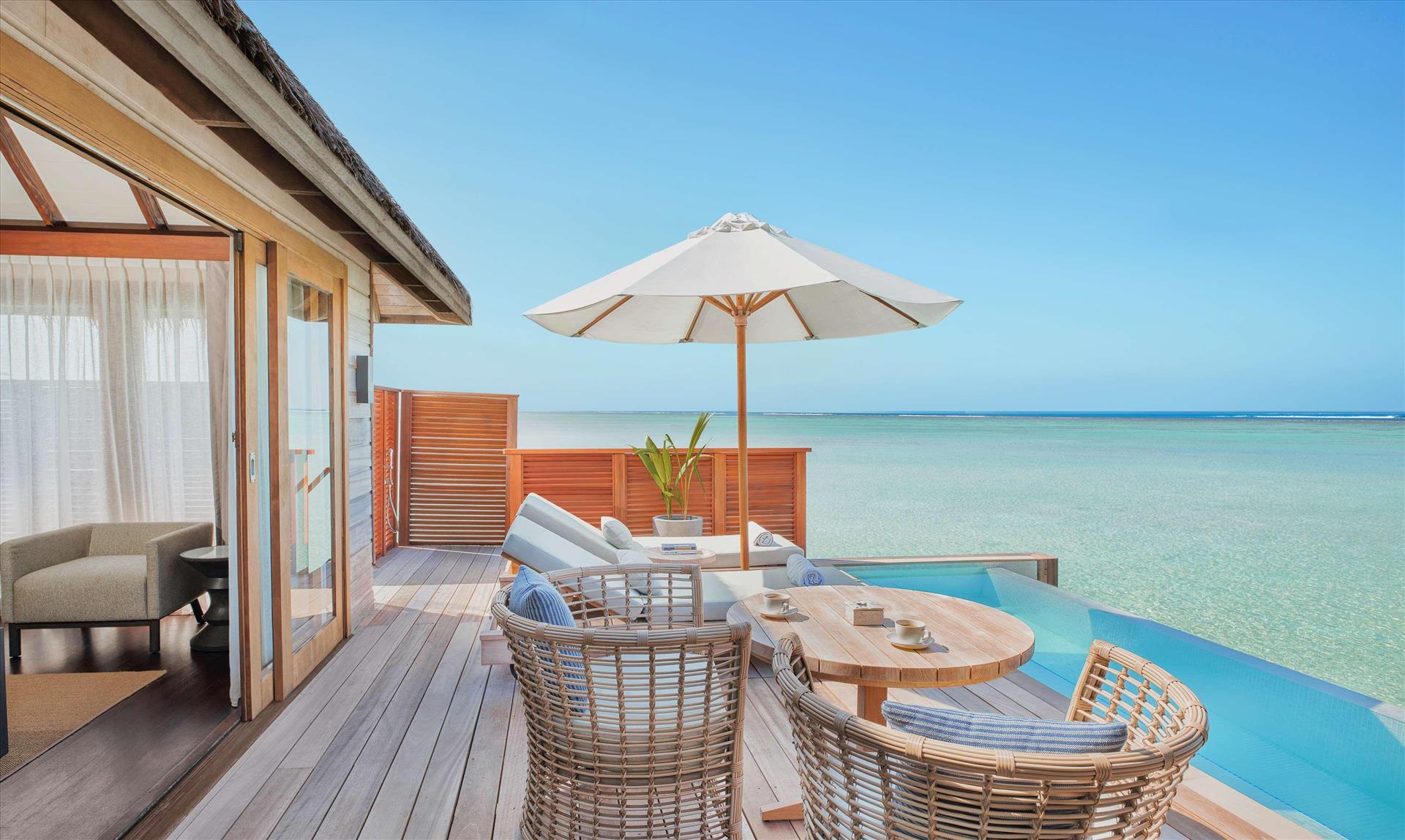
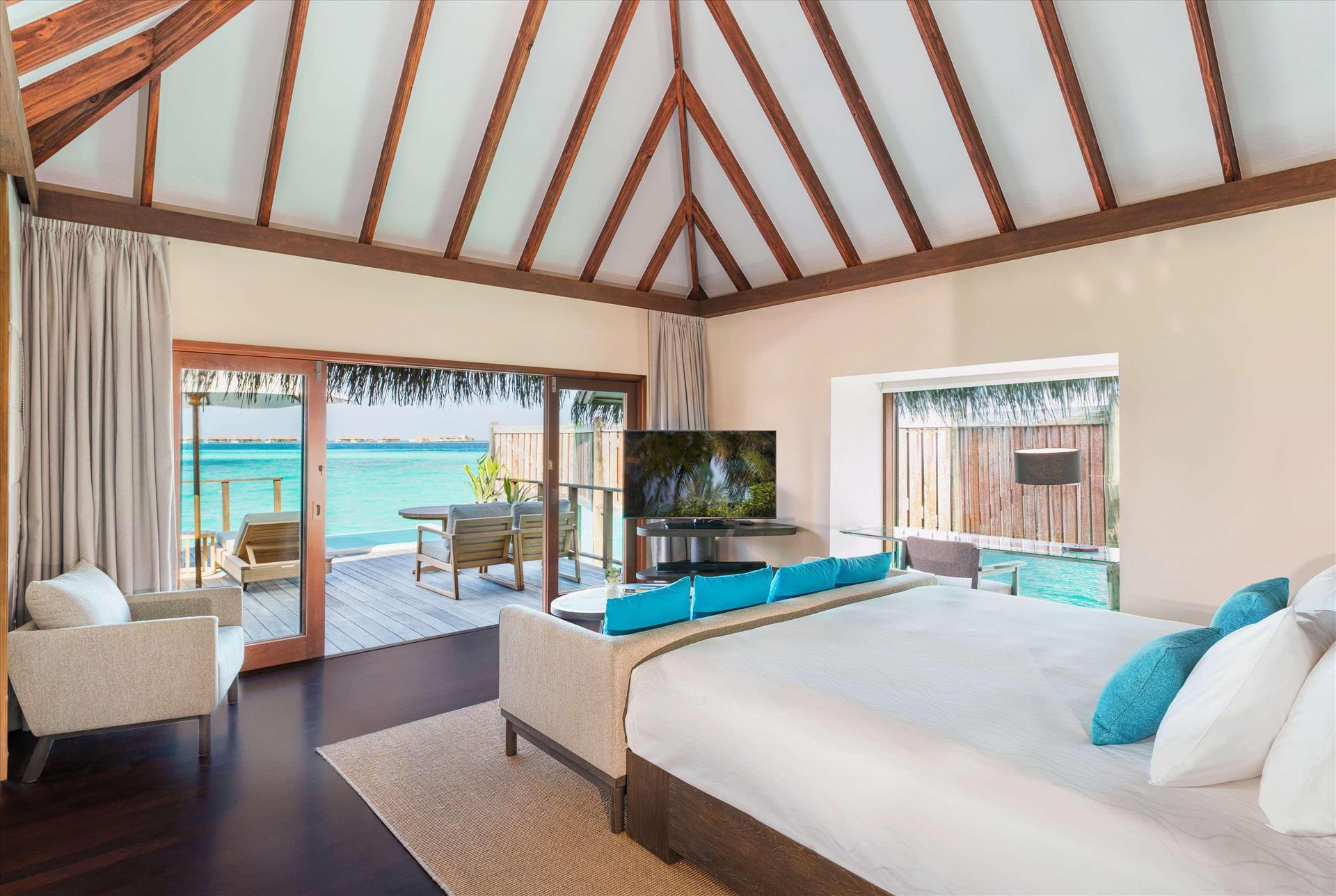
Villa Superior Water Villa With Pool
Facilities
- Room size (sqm) : 76
- Number of bedrooms : 1
- Bathroom
- Shower
- Bathtub
- Hairdryer
- Toiletries
- Bathrobes
- Slippers
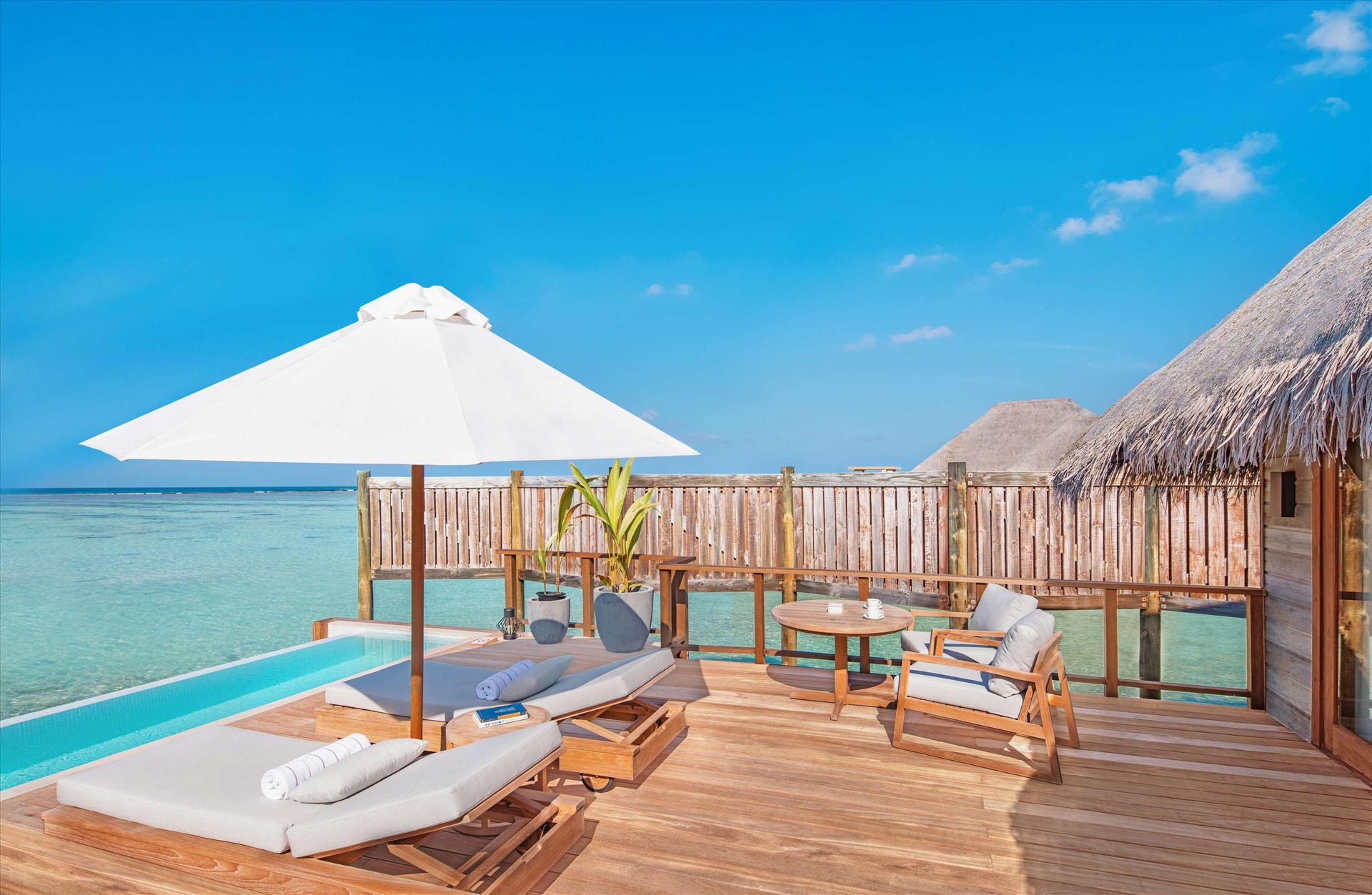
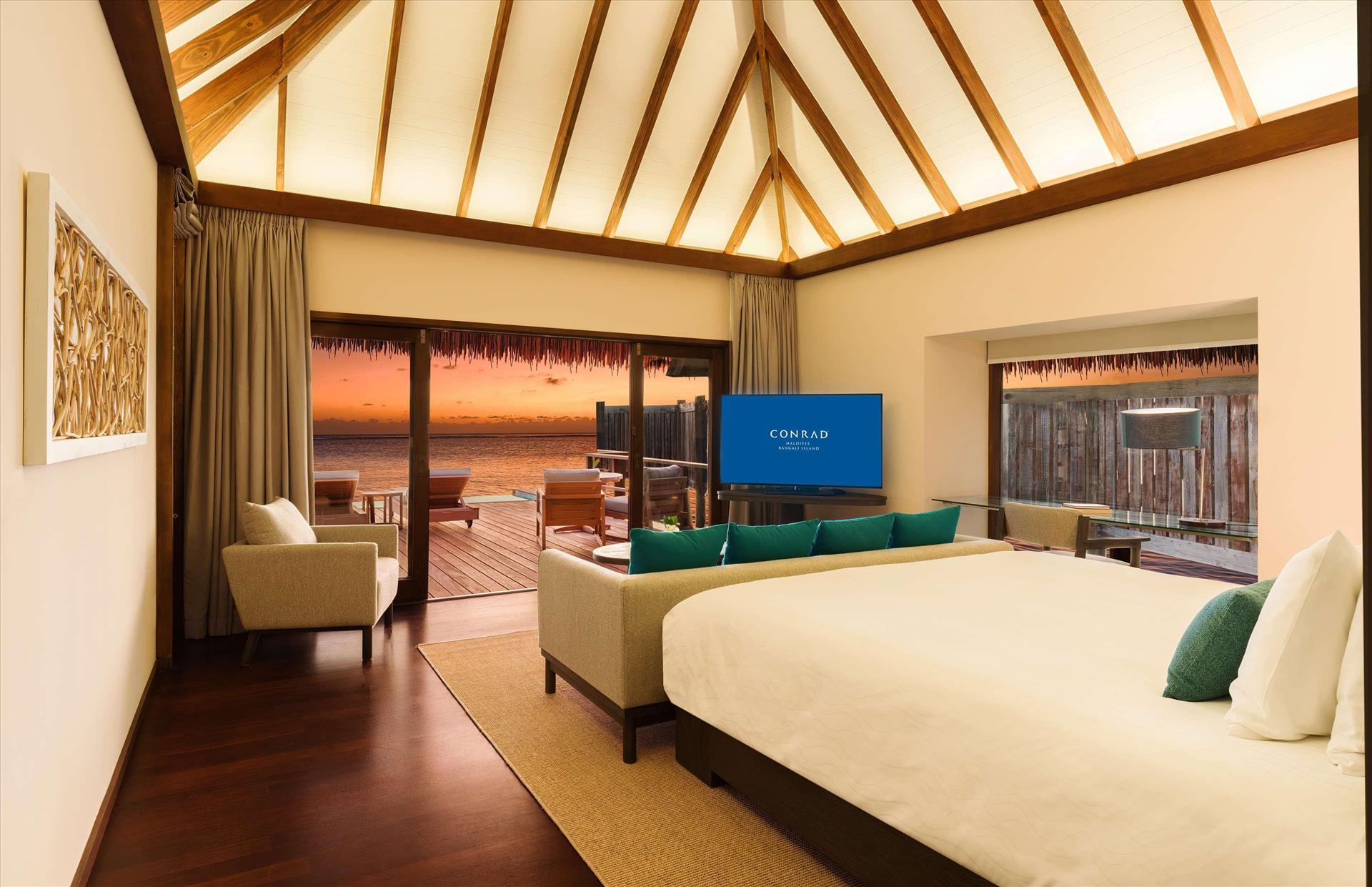
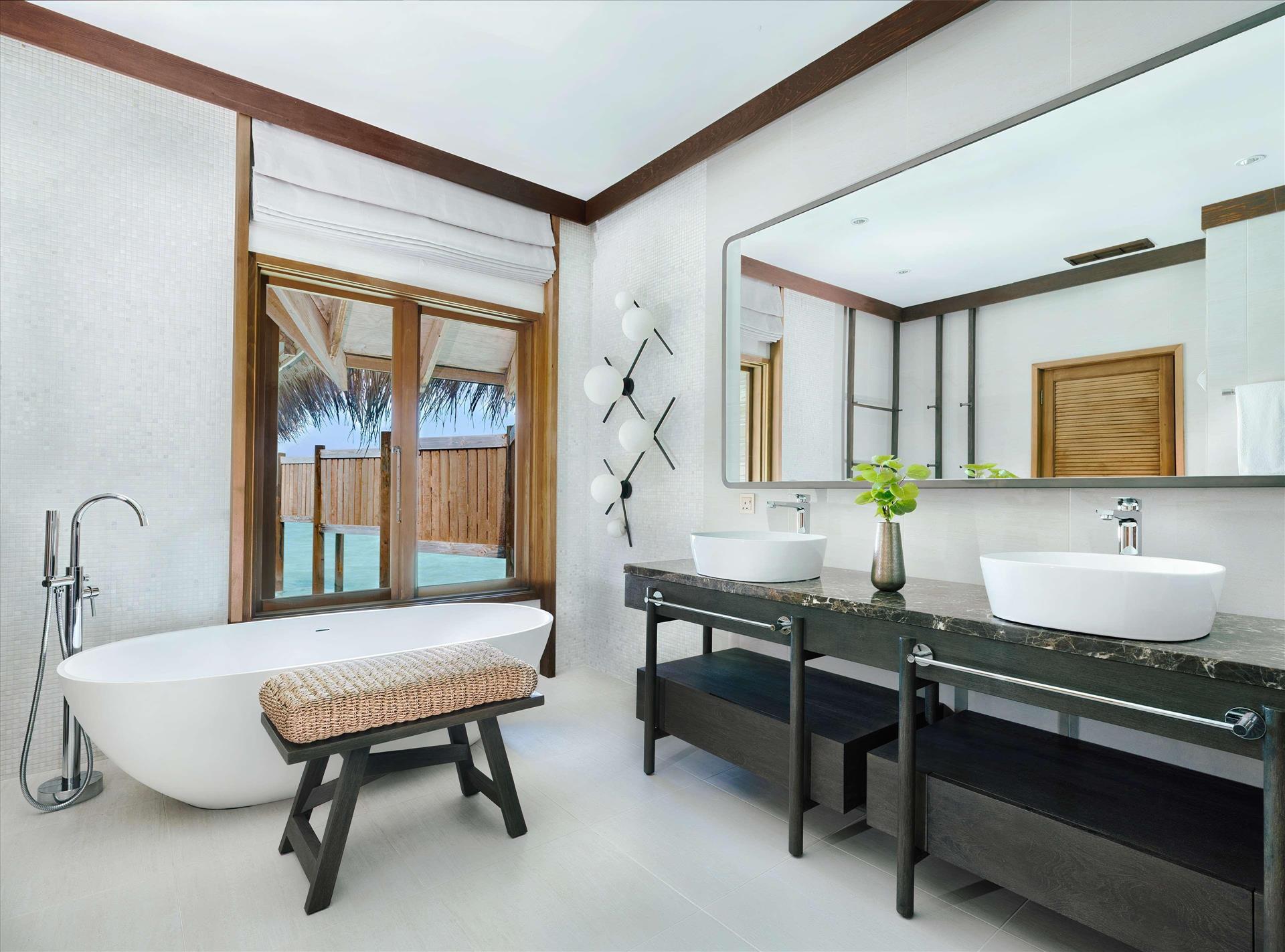
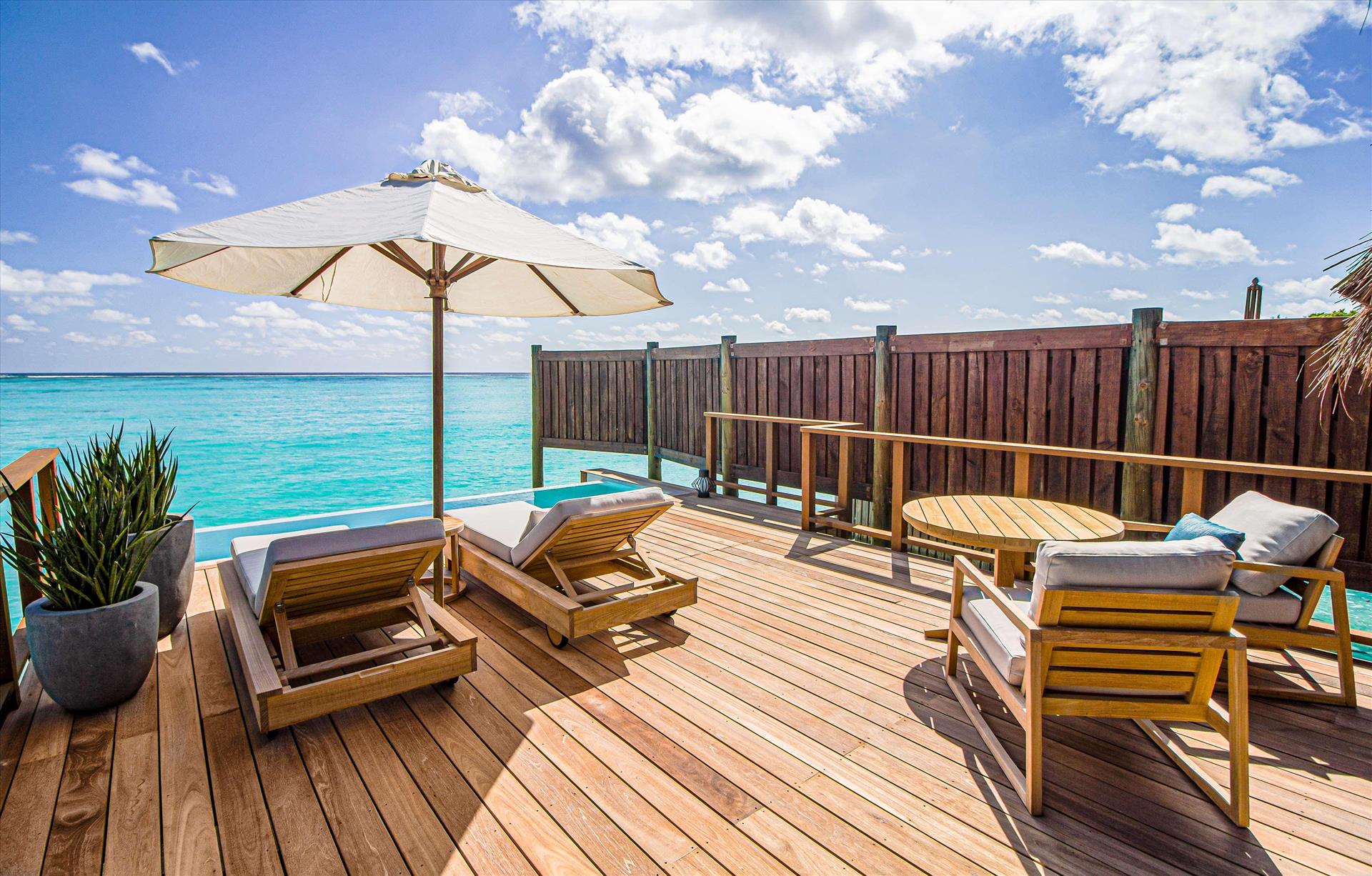
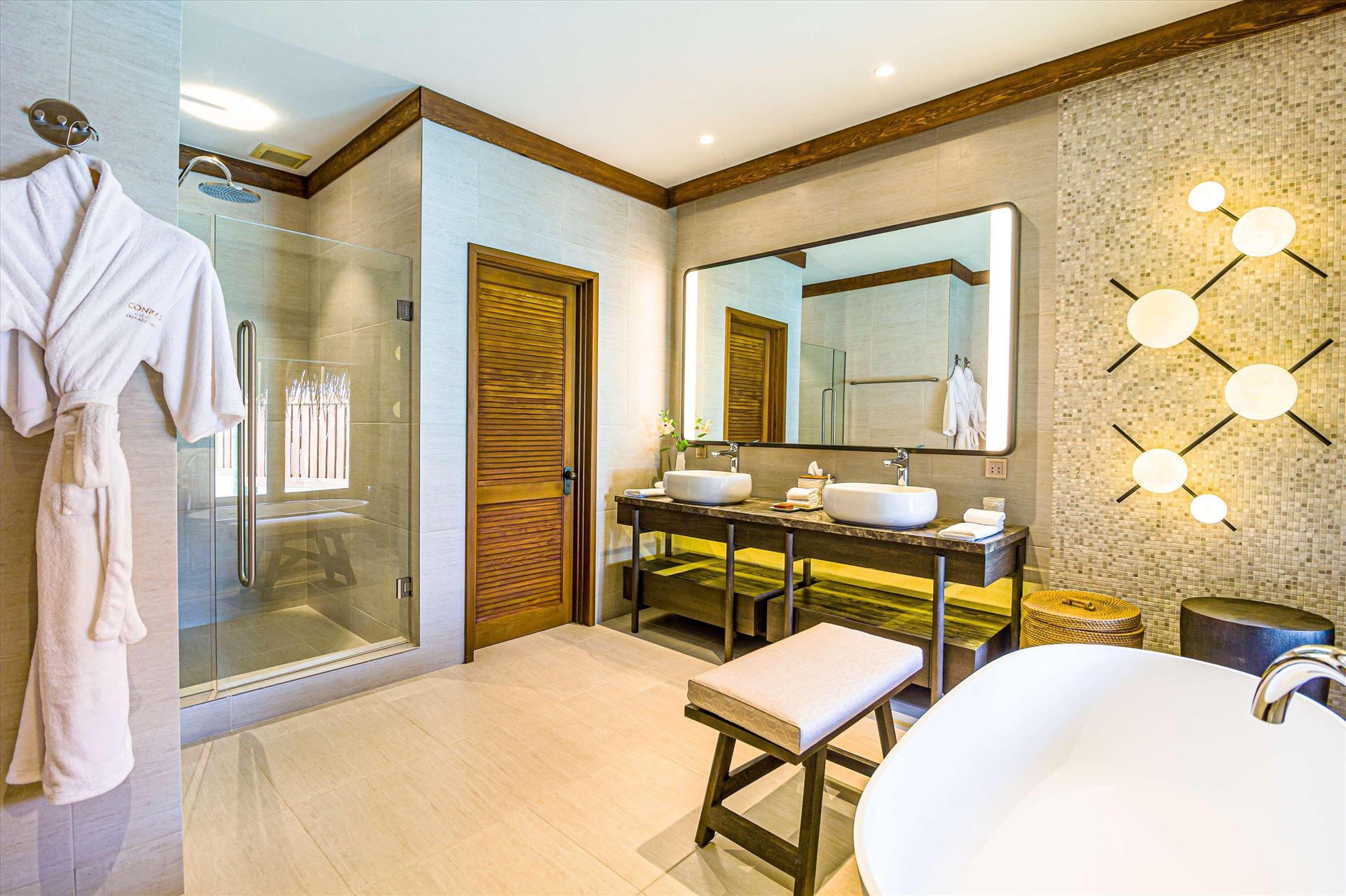
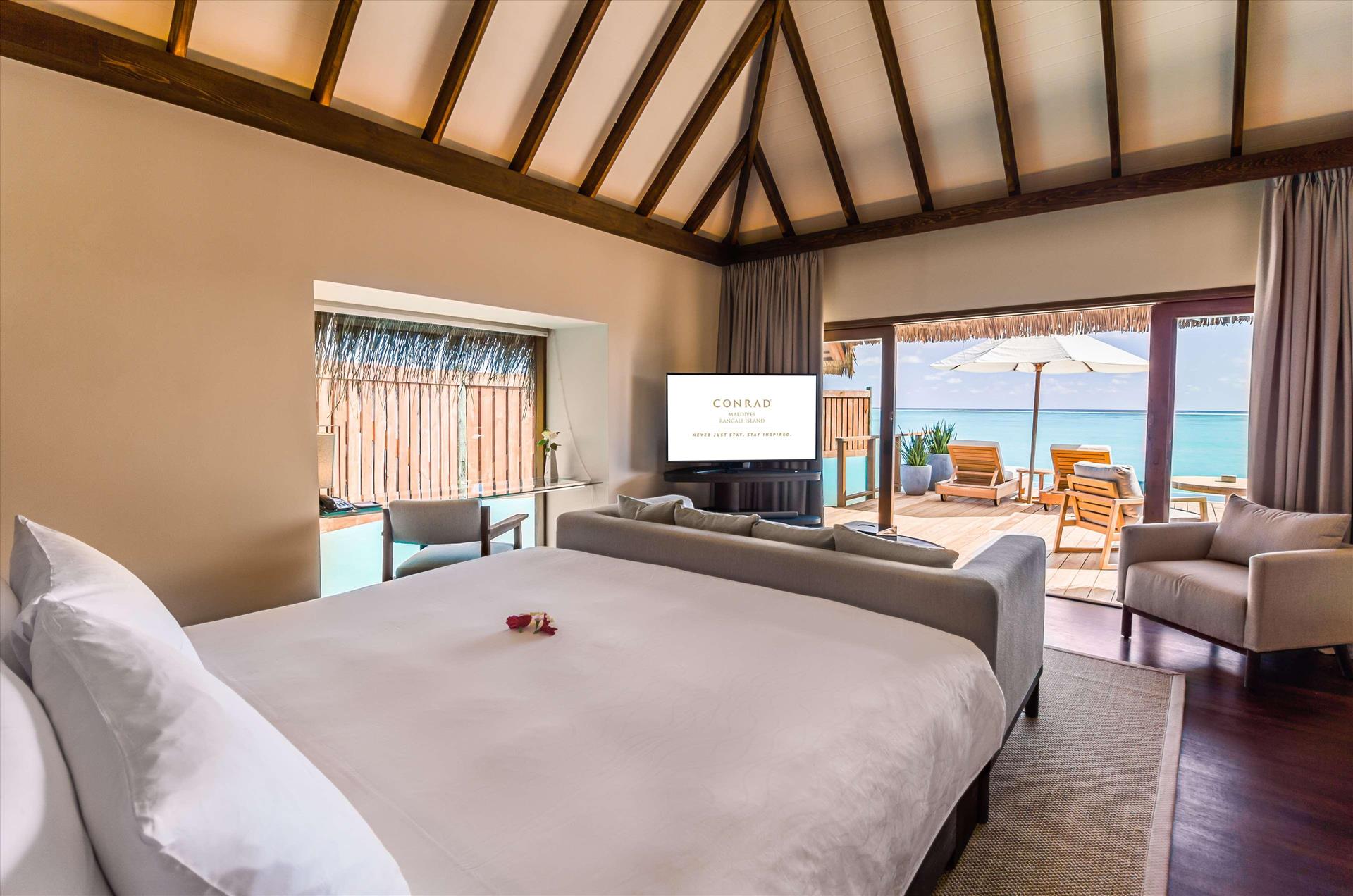
Villa Sunset Water Villa With Pool
Facilities
- Number of bedrooms : 1
- Bathroom
- Shower
- Bathtub
- Hairdryer
- Toiletries
- Bathrobes
- Slippers
- Make-up mirror
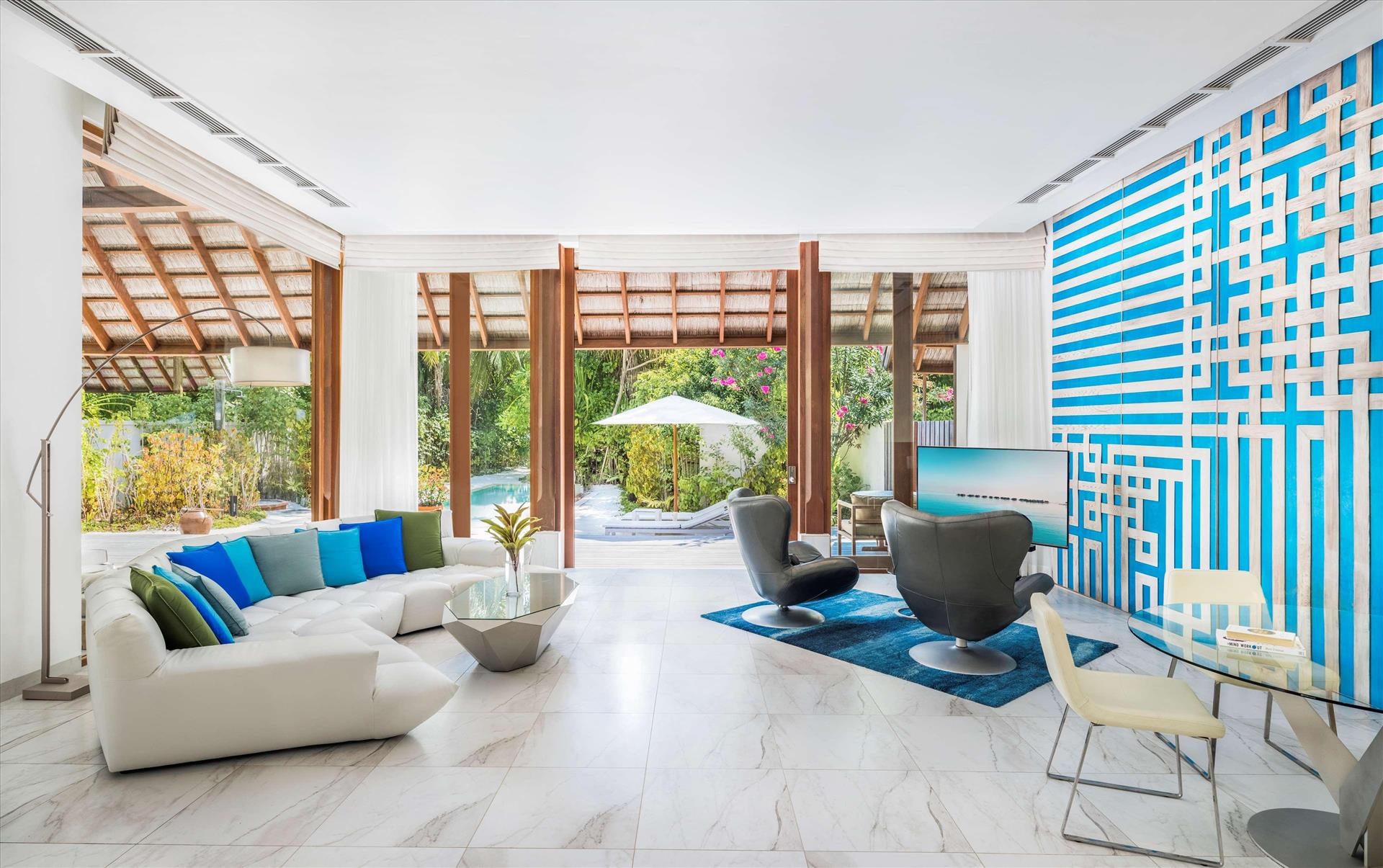
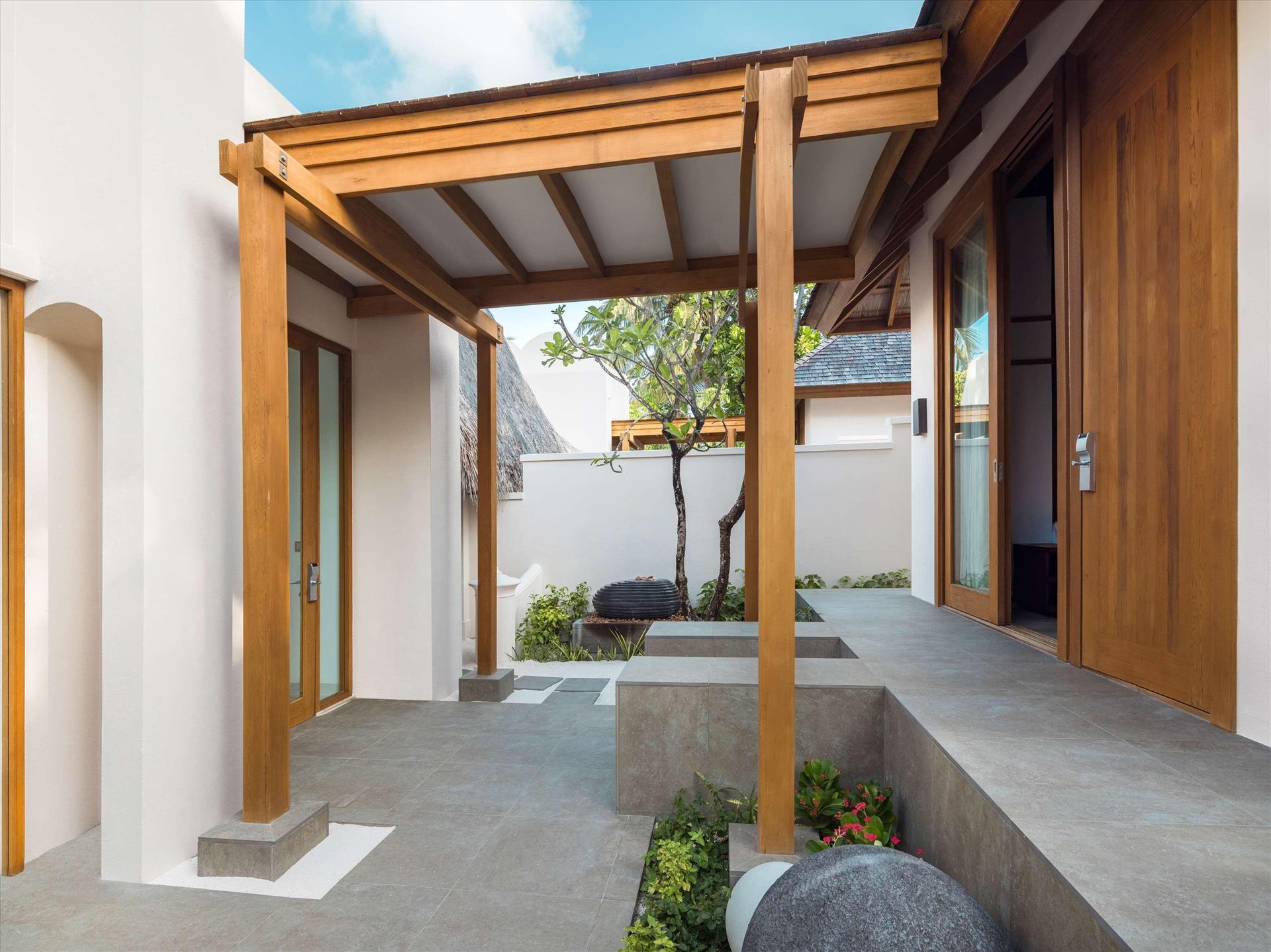
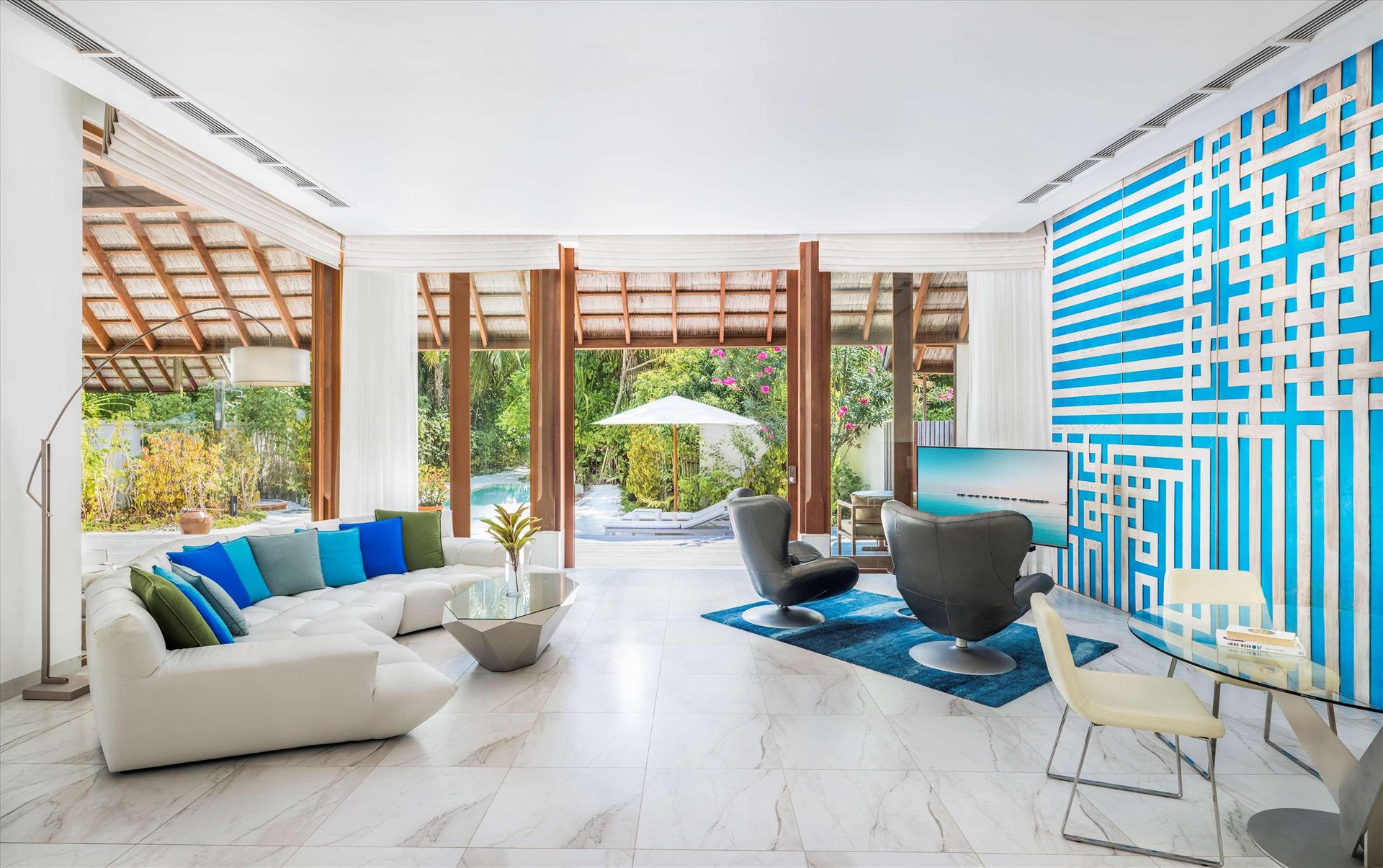
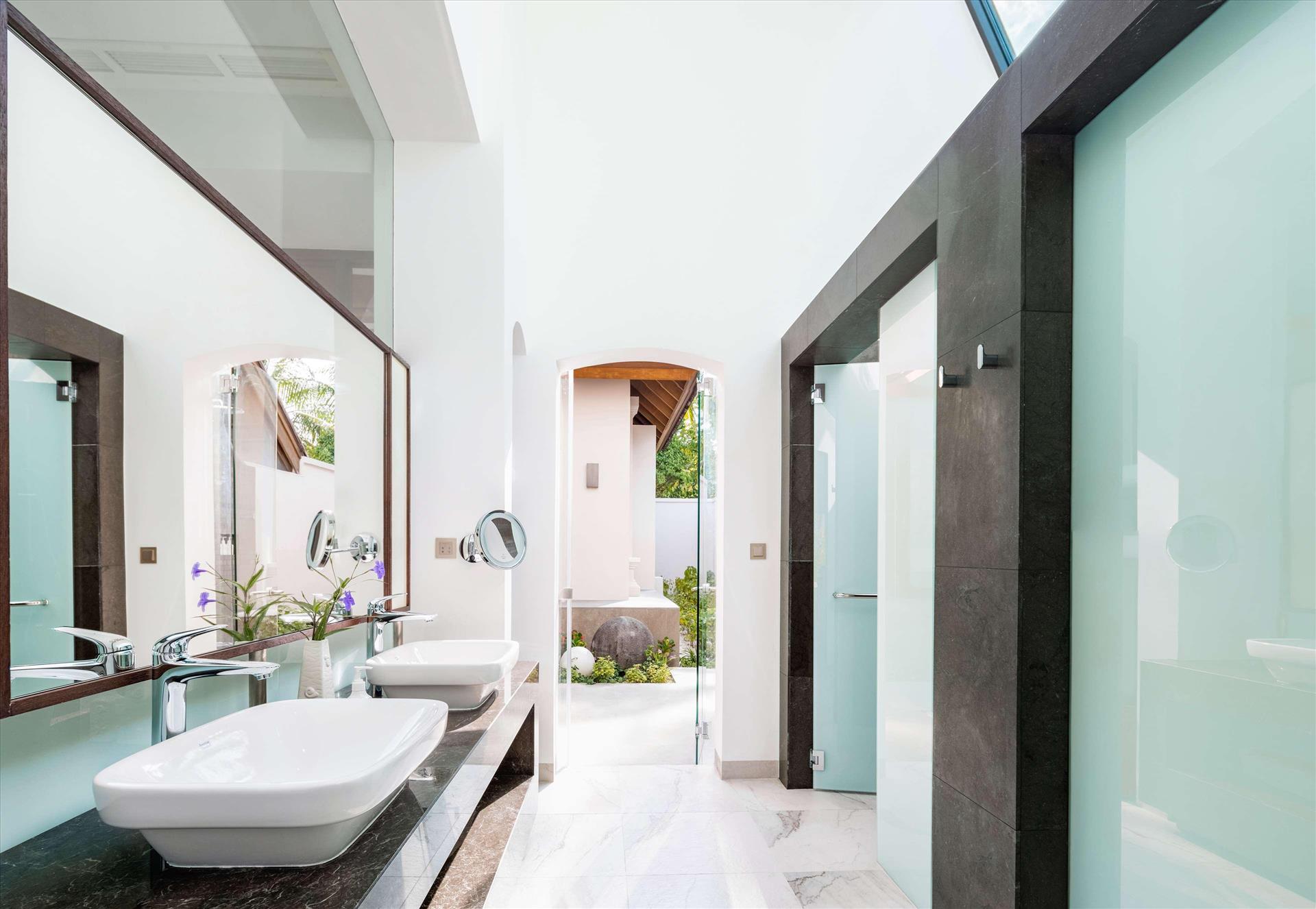
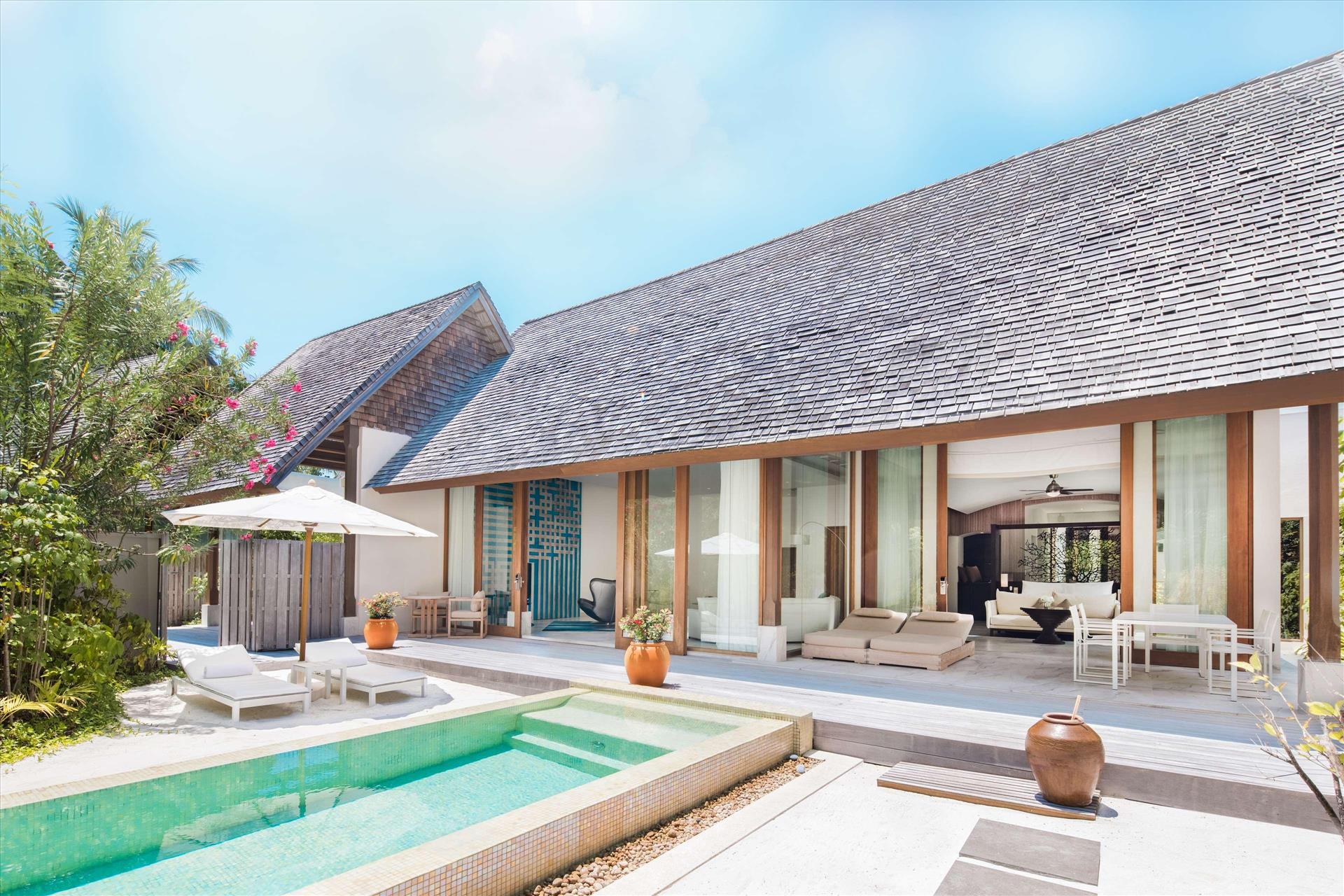
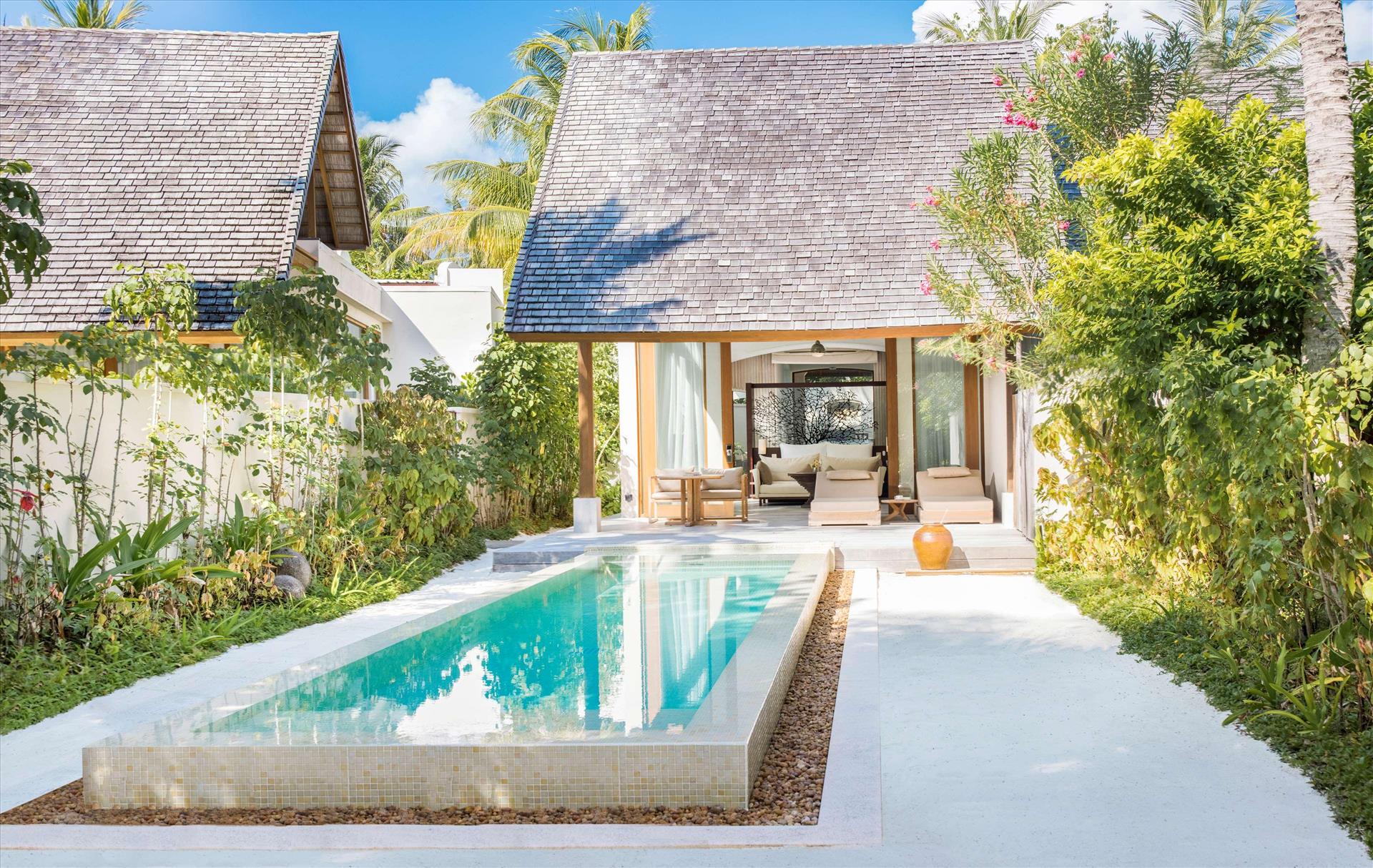
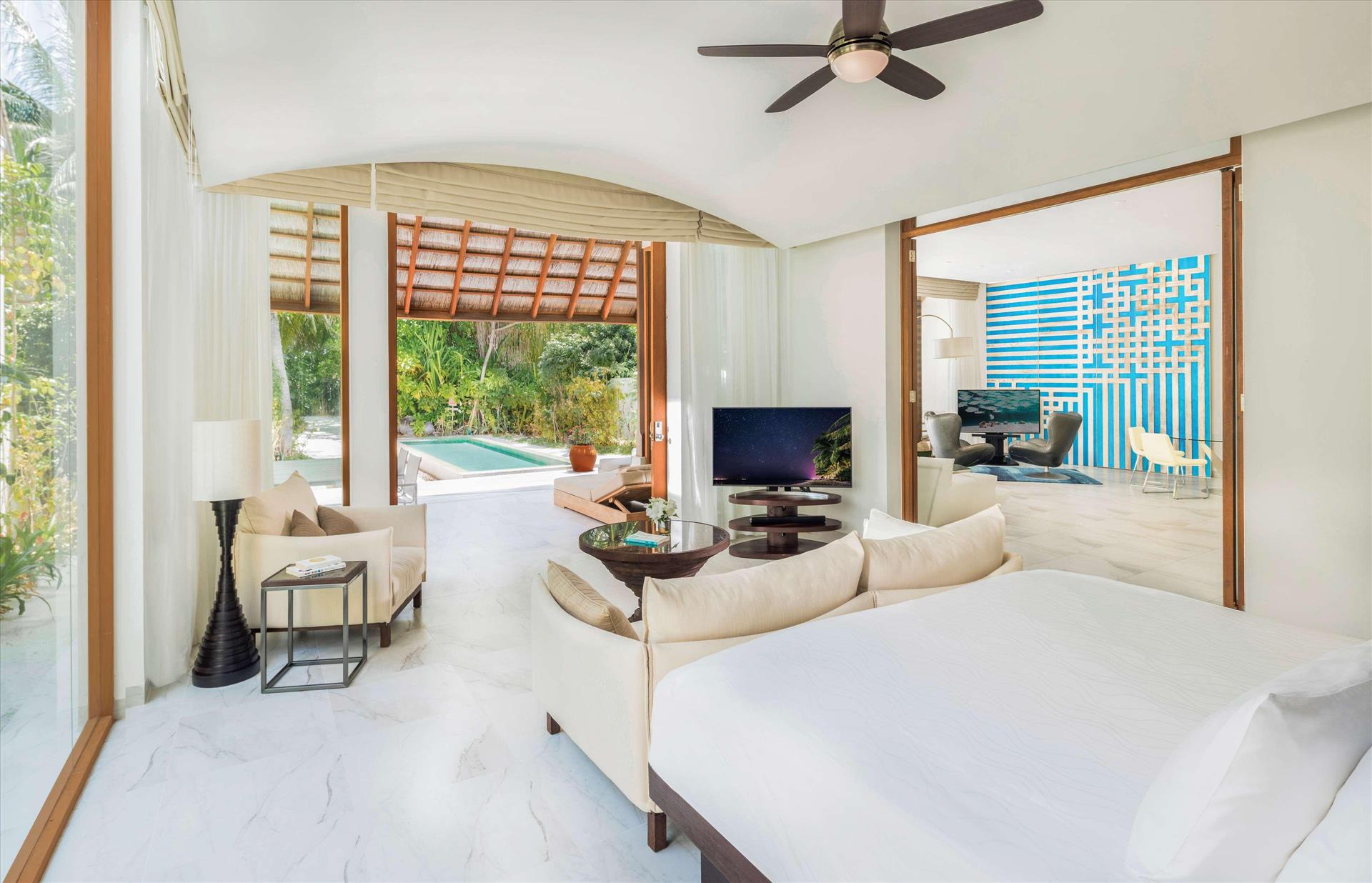
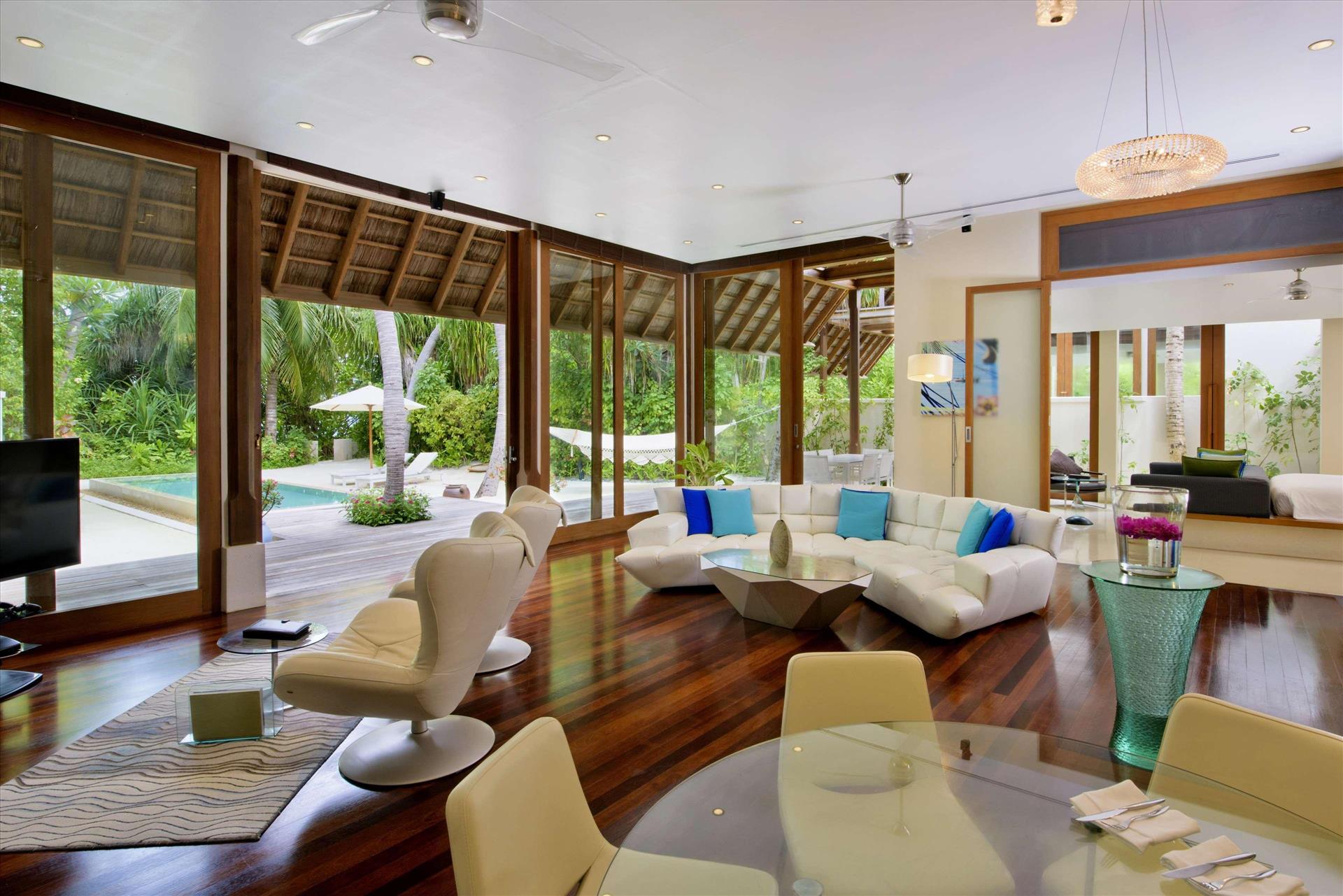
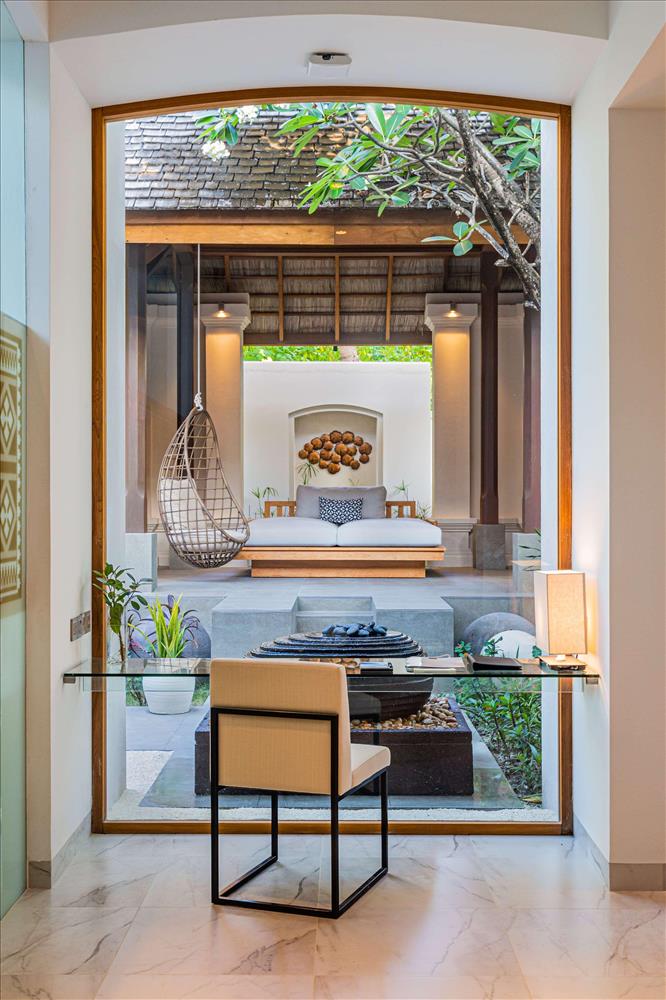
Suite 3 Bedroom Beach Suite With Pool
Facilities
- Room size (sqm) : 668
- Number of bedrooms : 1
- Bathroom
- Shower
- Bathtub
- Hairdryer
- Toiletries
- Bathrobes
- Slippers
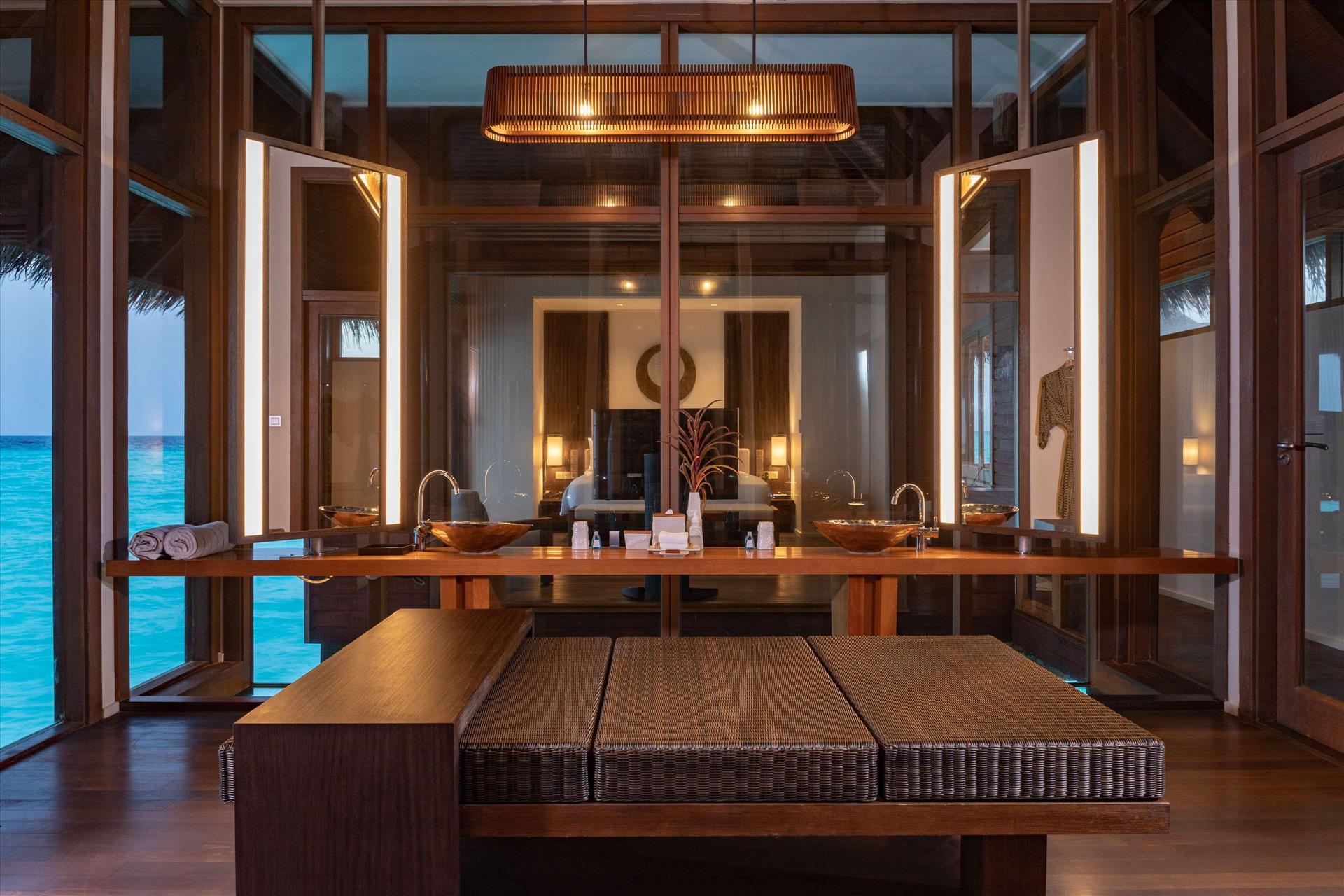
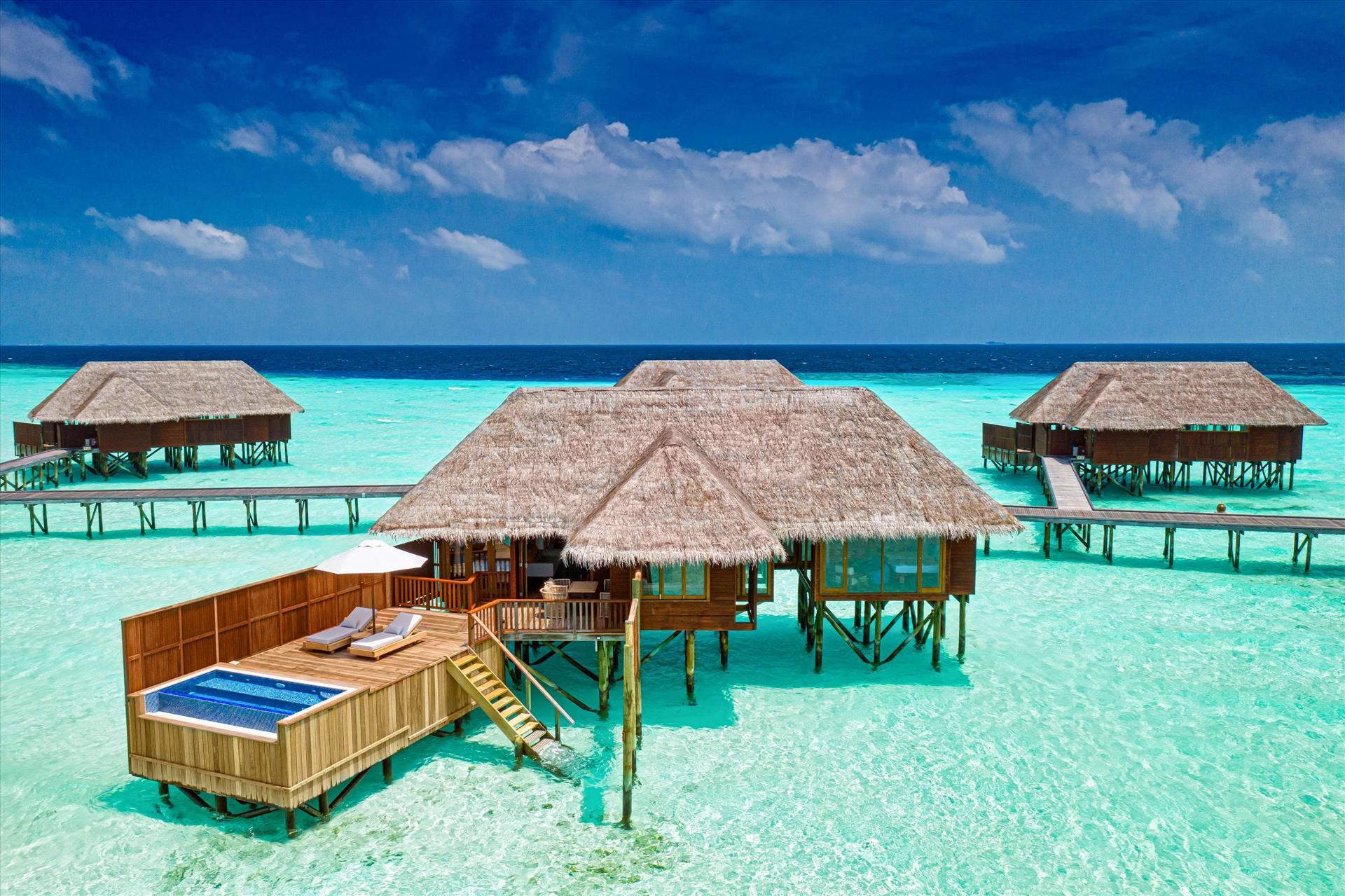
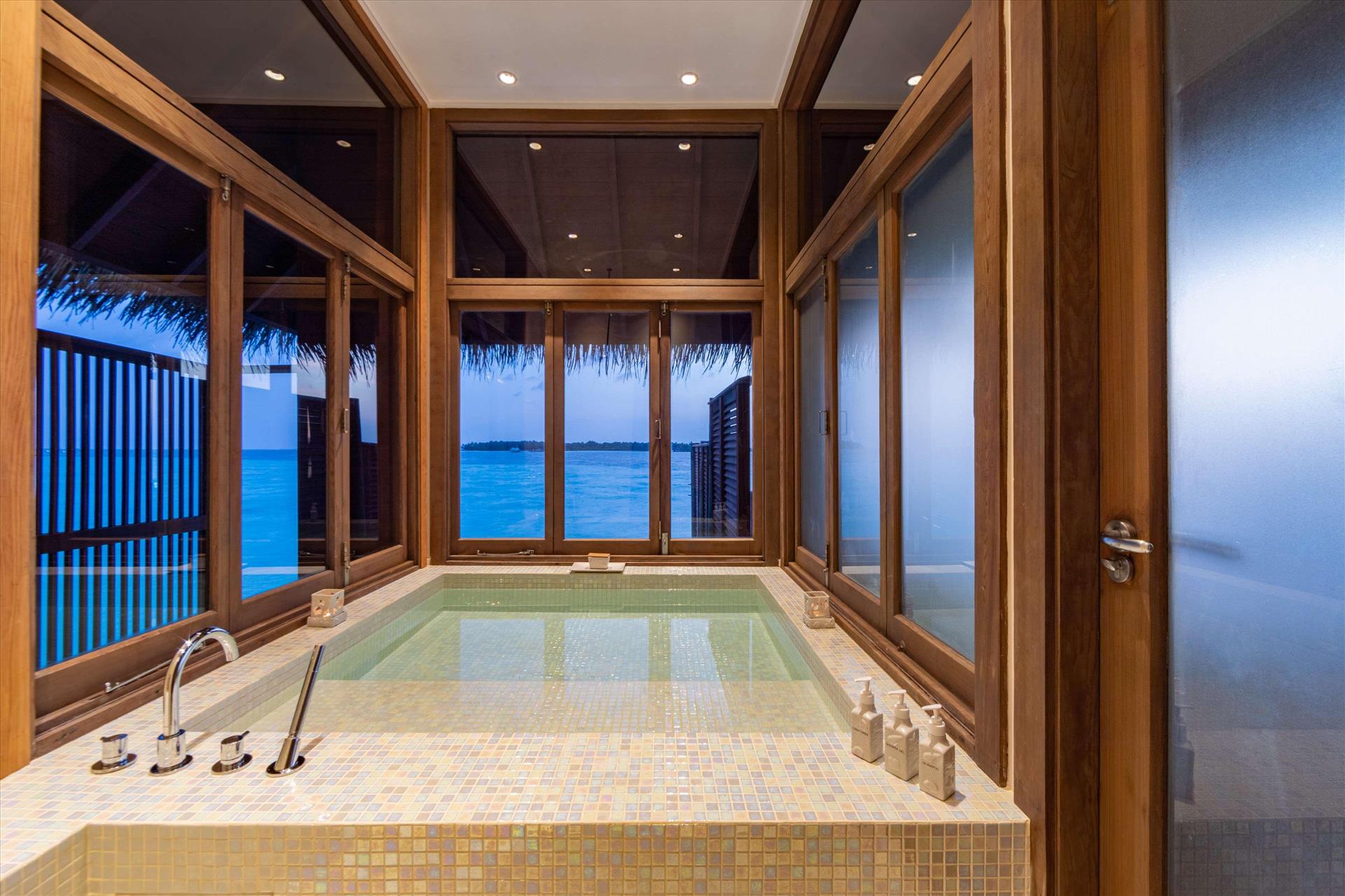
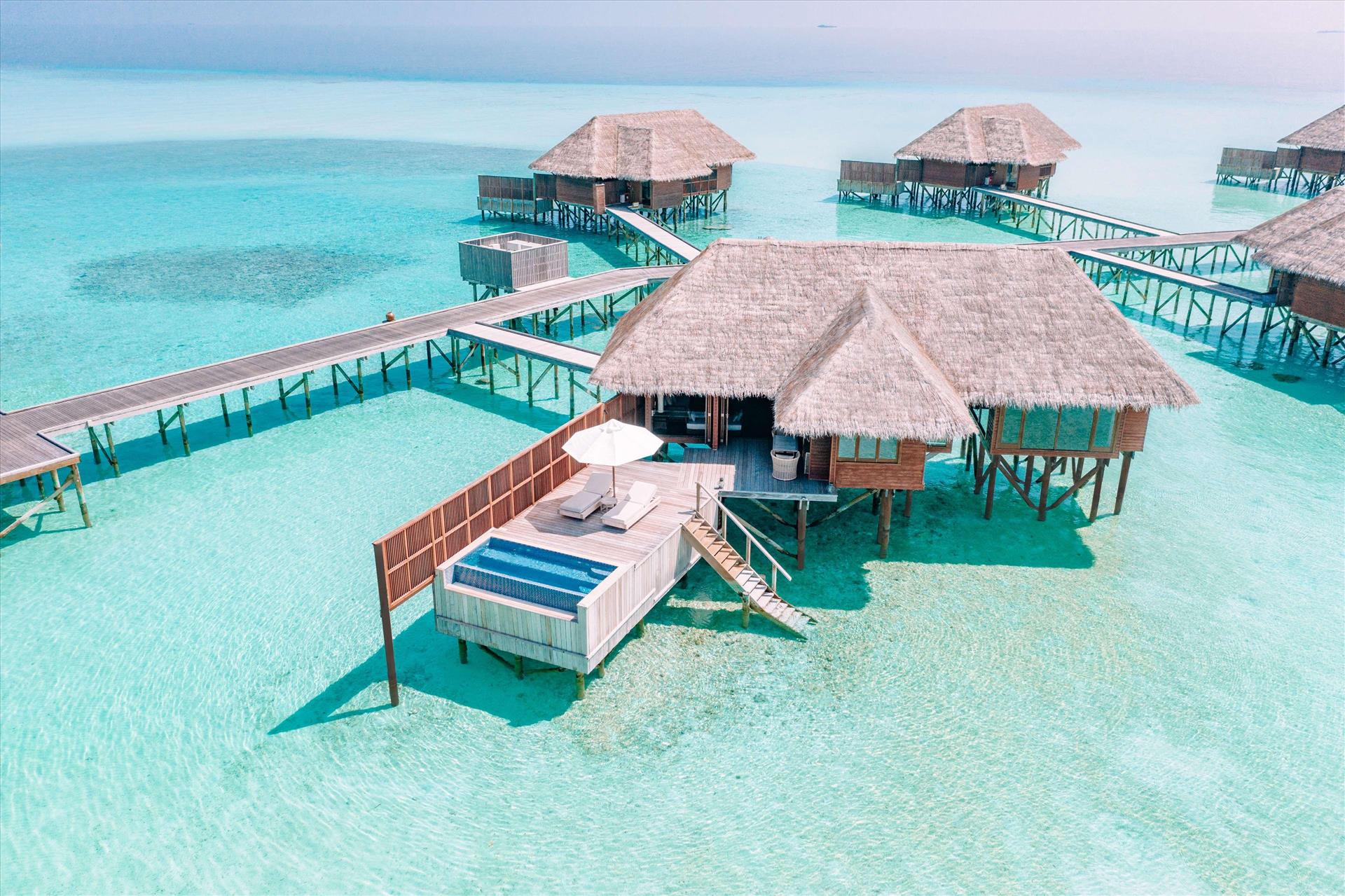
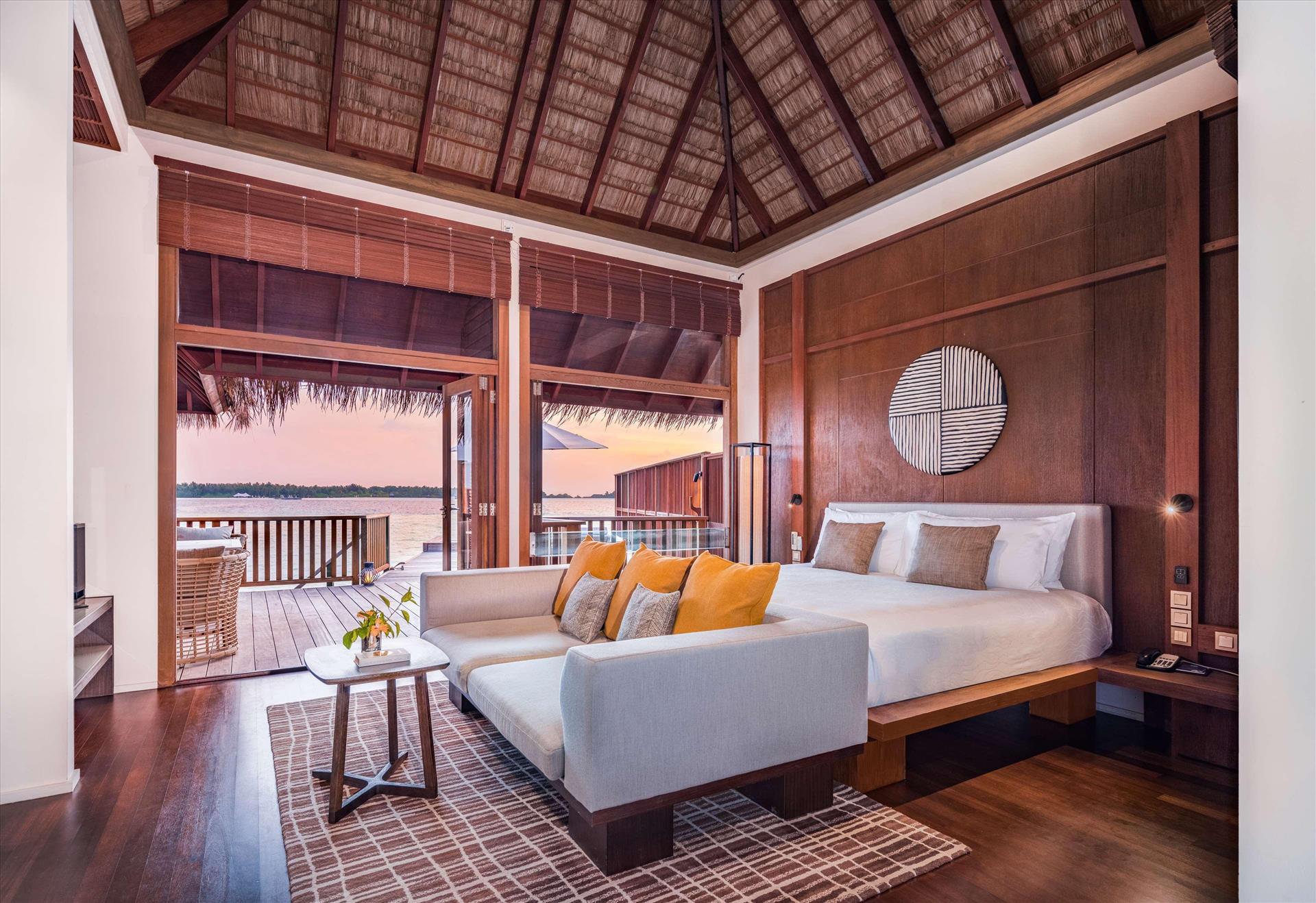
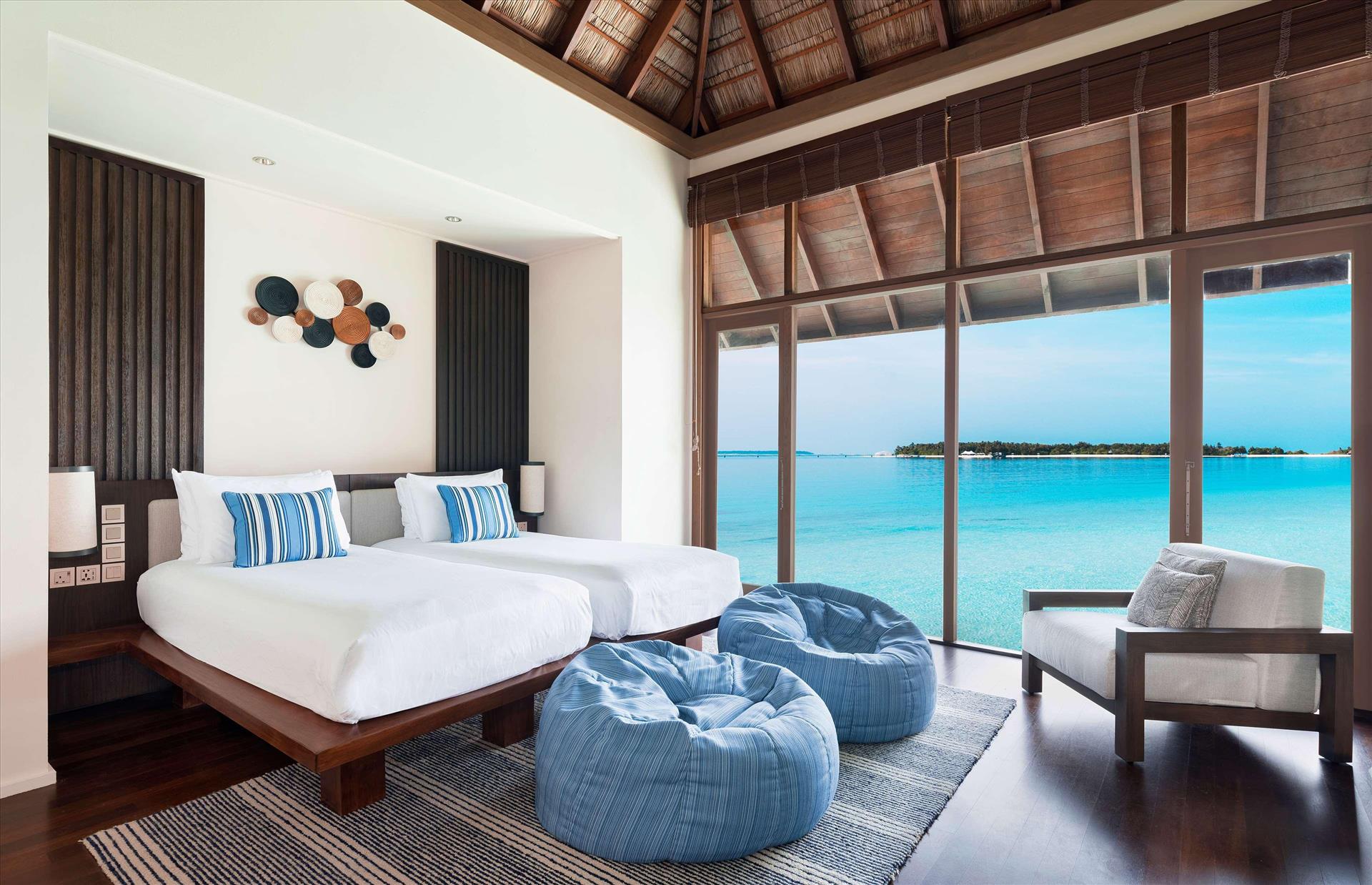
House 2 Bedroom Grand Water Villa With Pool
Facilities
- Number of bedrooms : 1
- Bathroom
- Shower
- Bathtub
- Hairdryer
- Toiletries
- Bathrobes
- Slippers
- Make-up mirror
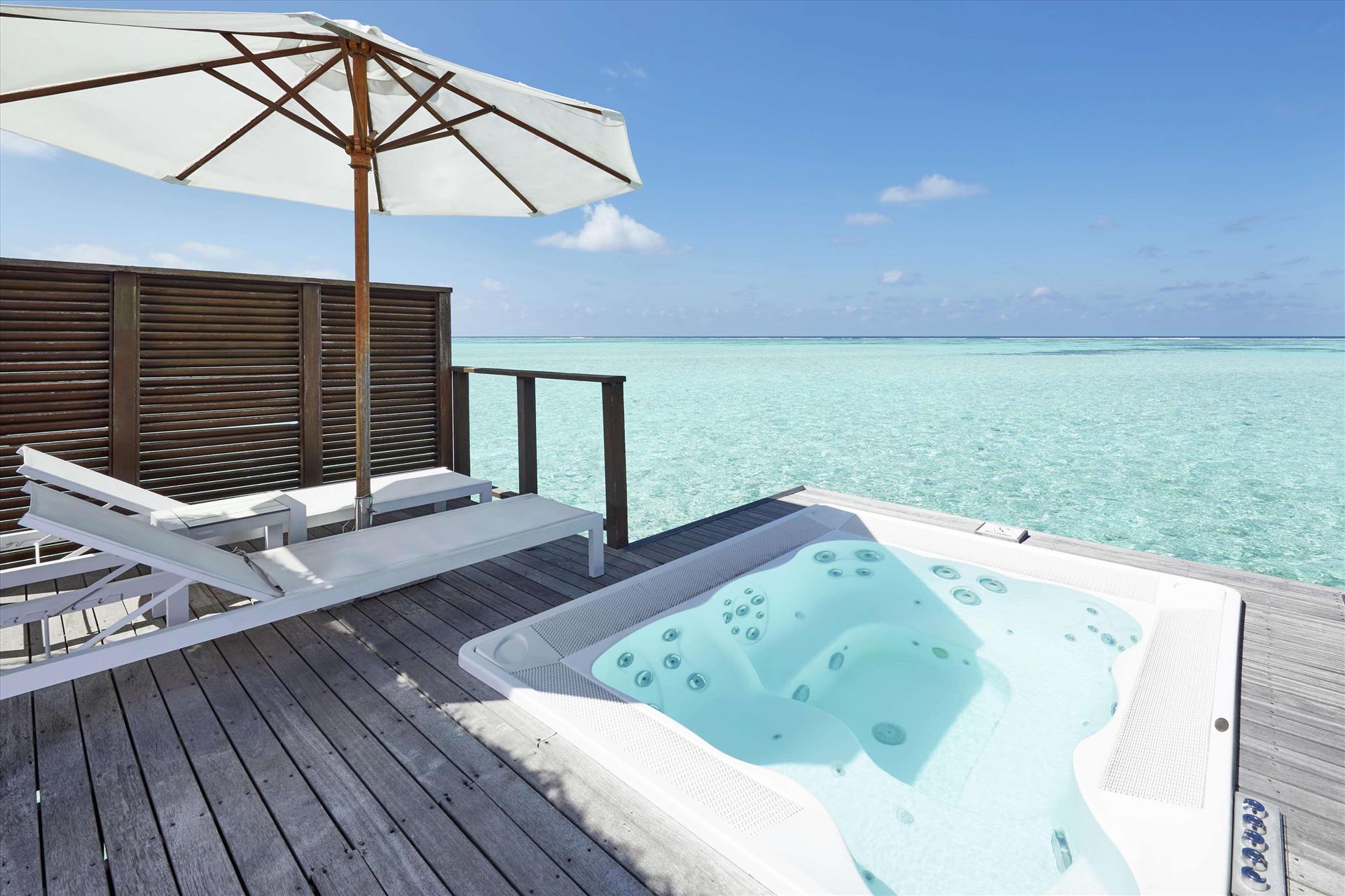
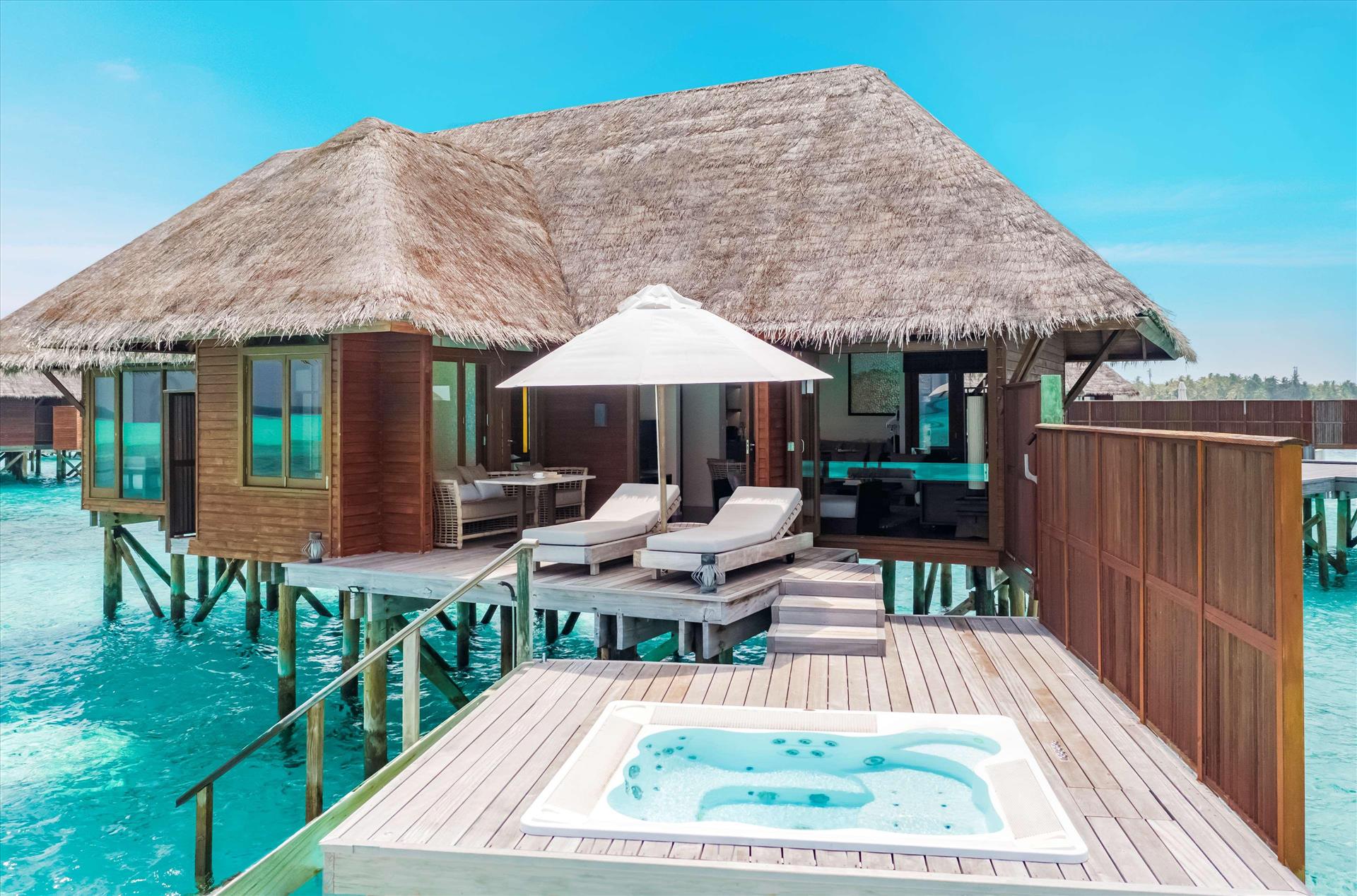
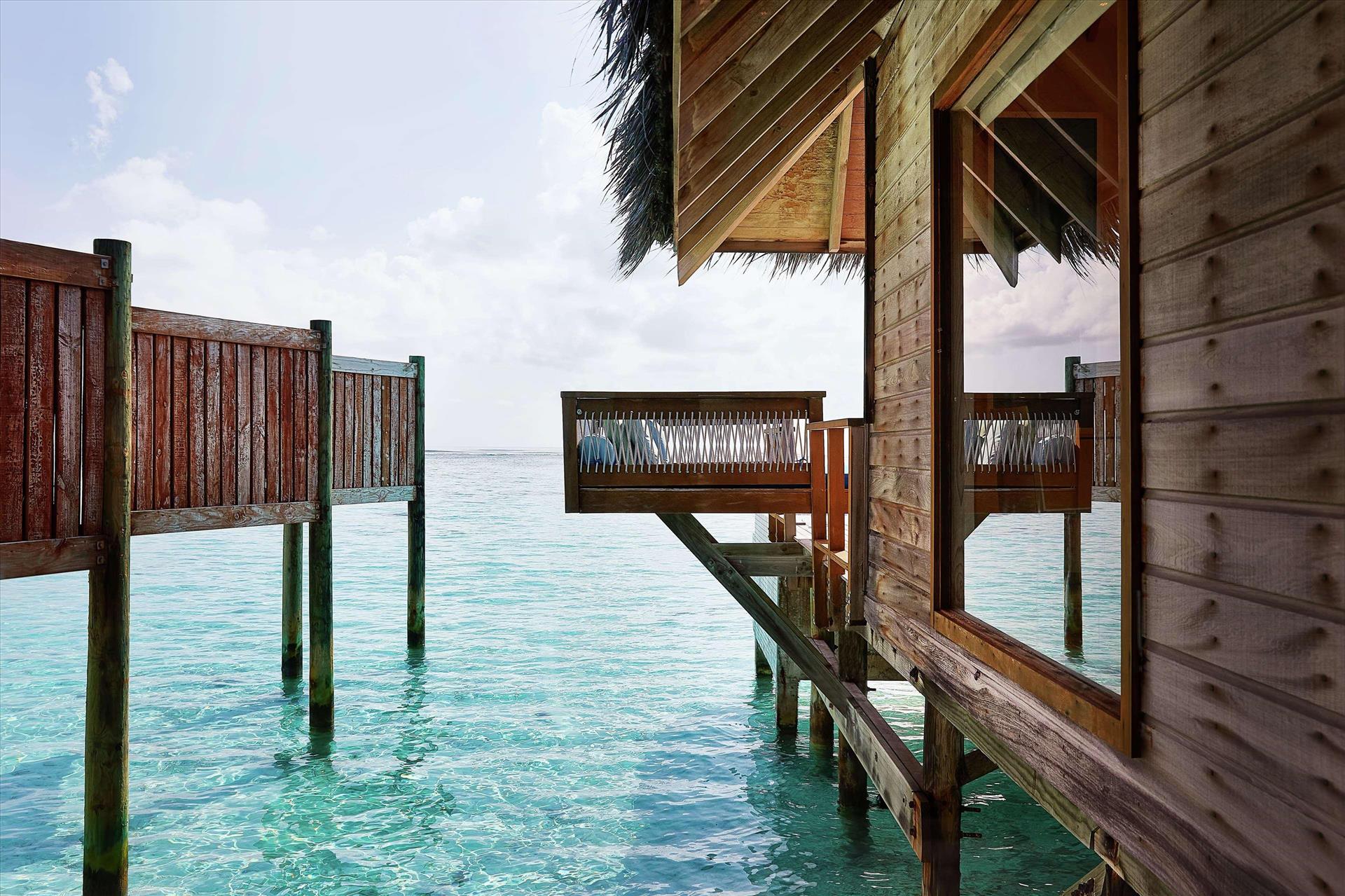
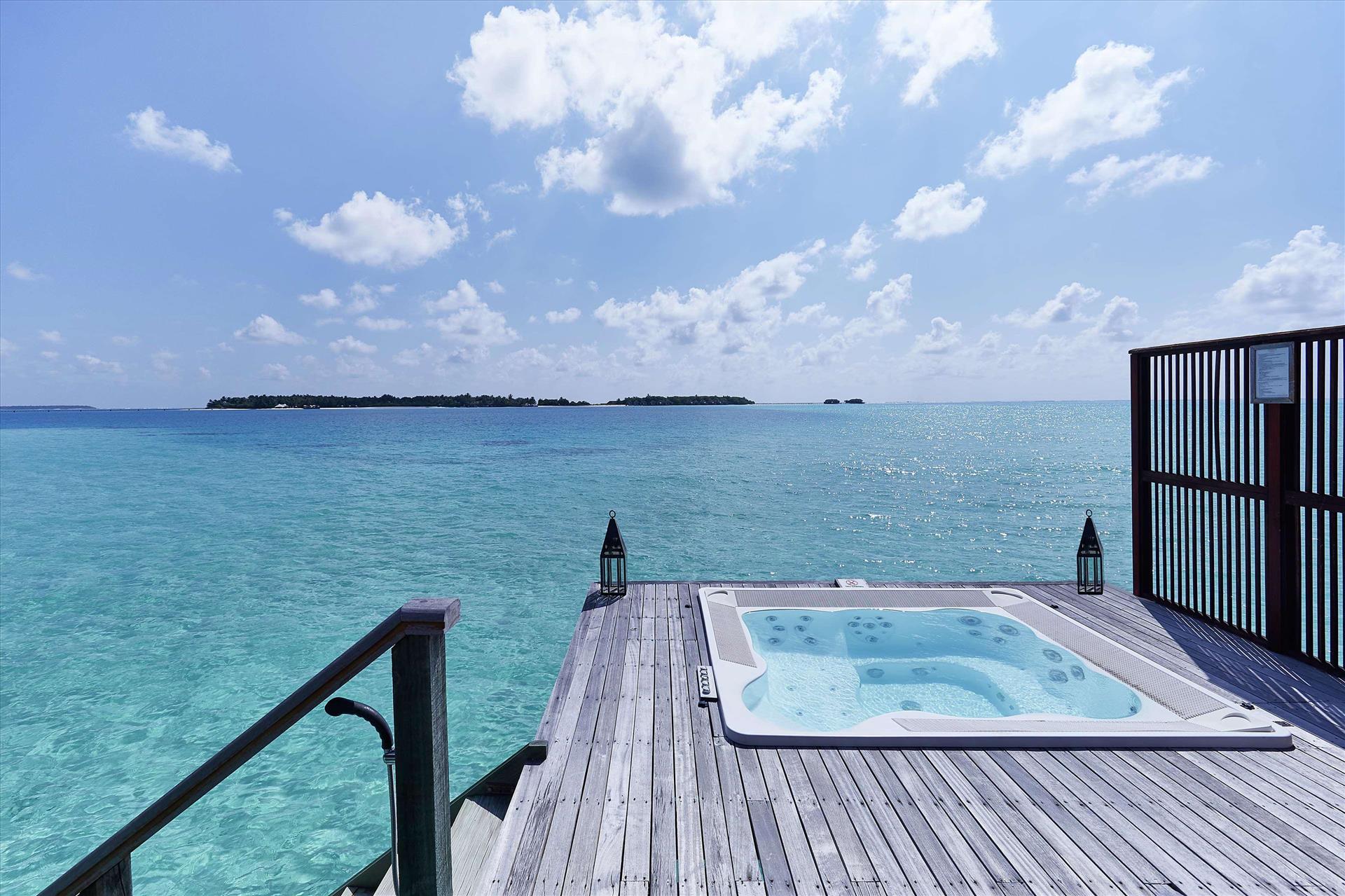
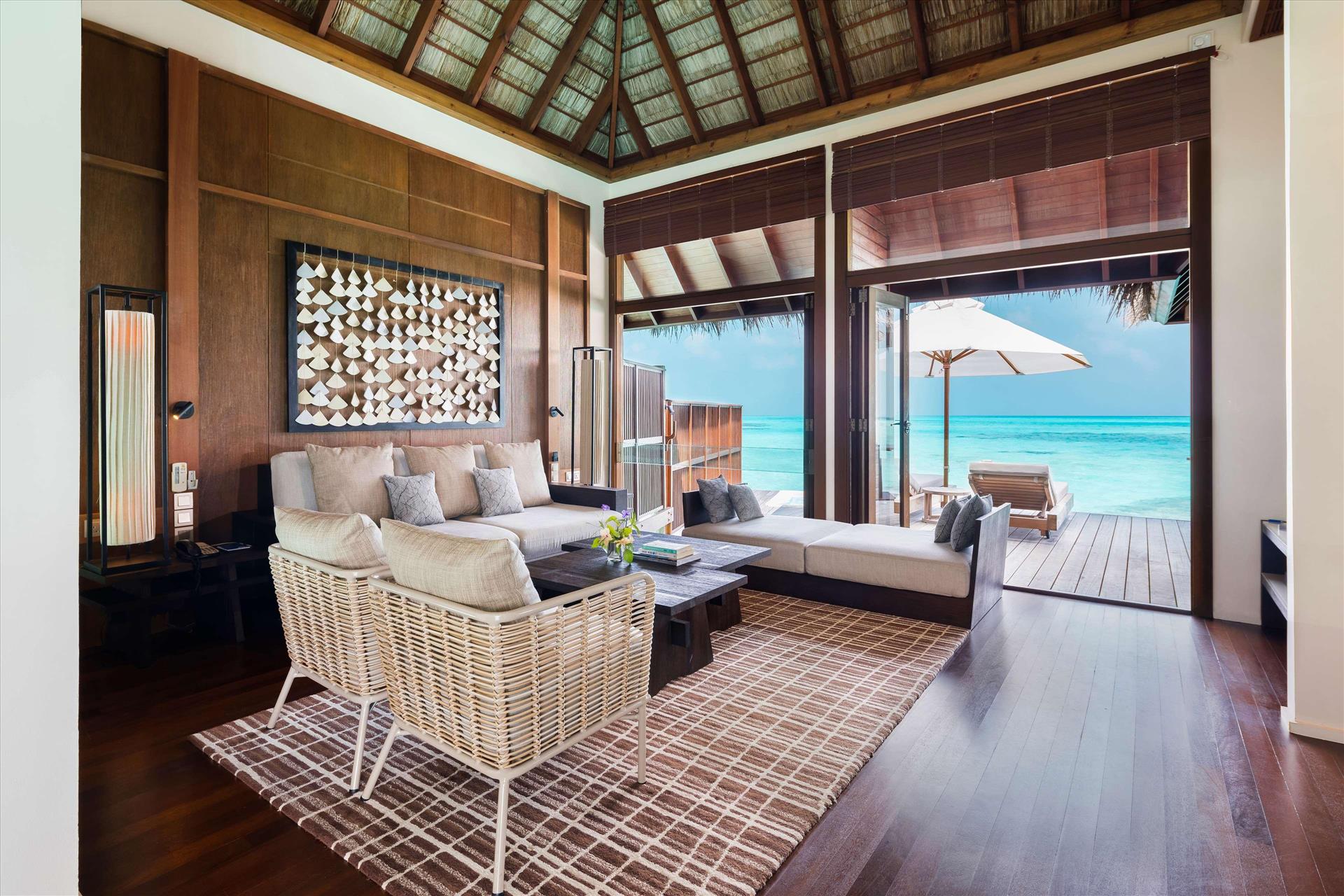
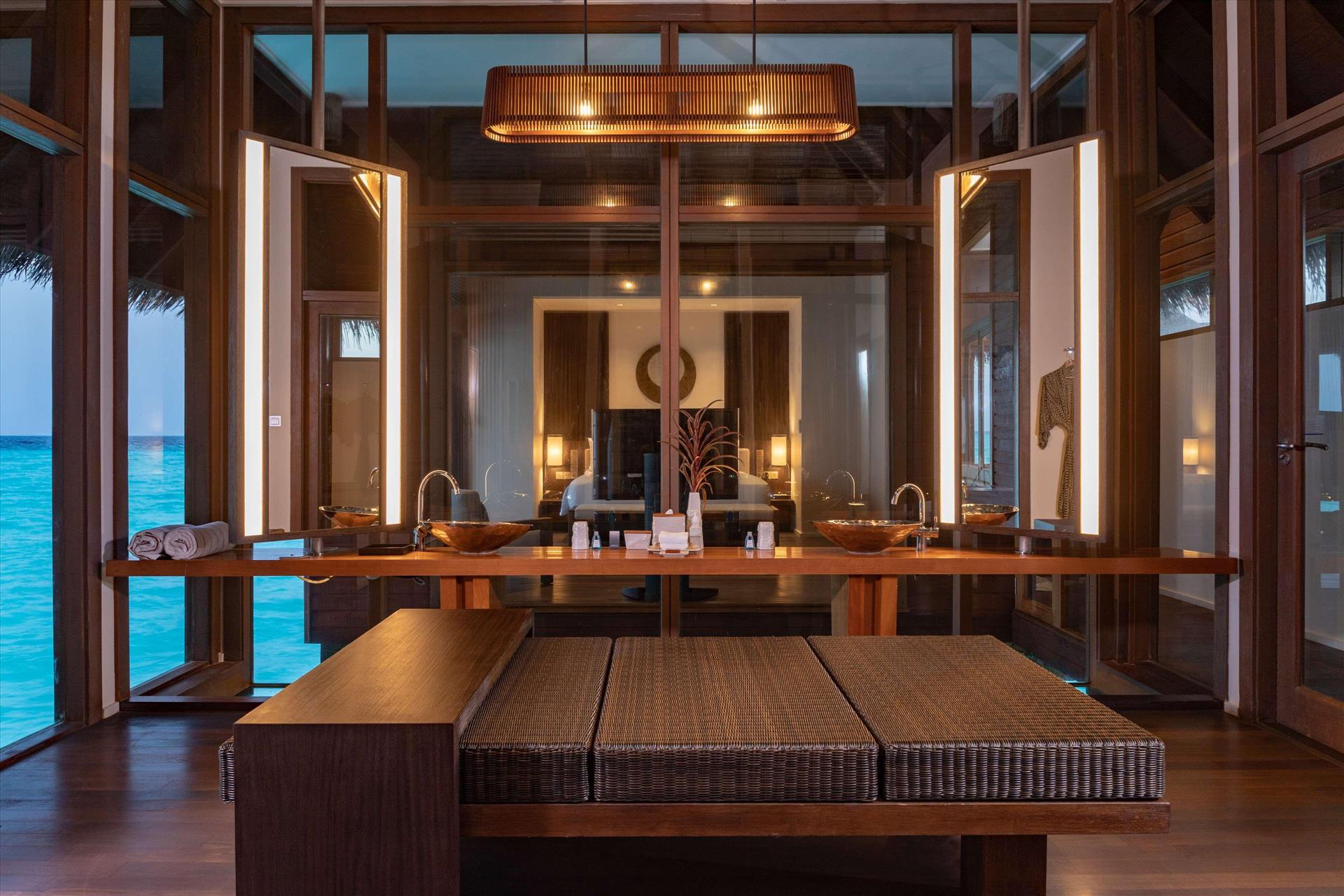
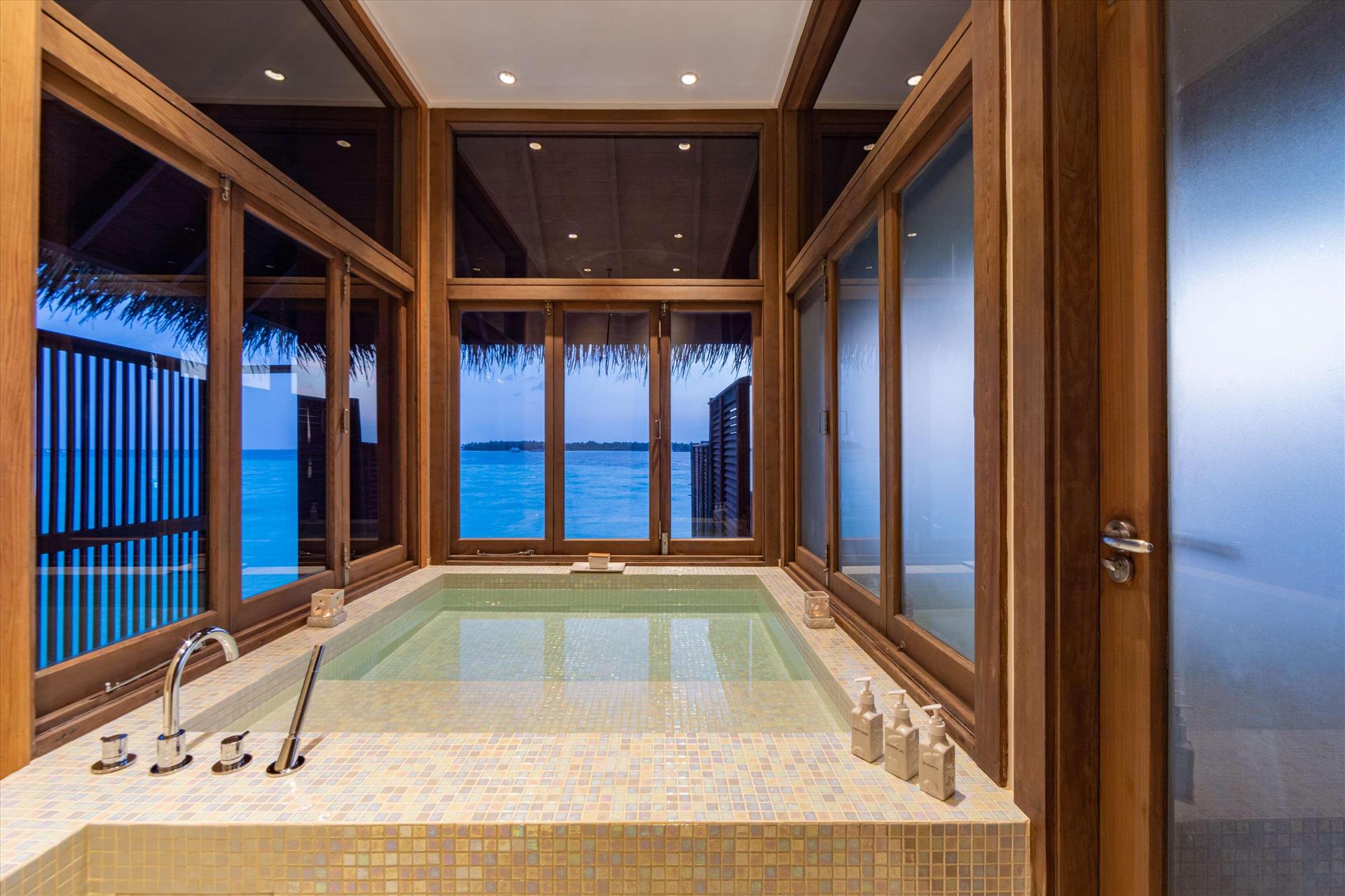
Villa Grand Water Villa
Facilities
- Room size (sqm) : 150
- Number of bedrooms : 1
- Bathroom
- Shower
- Bathtub
- Hairdryer
- Toiletries
- Bathrobes
- Slippers

Villa Pool View King Bed
Facilities
- Number of bedrooms : 1
- Bathroom
- Shower
- Bathtub
- Hairdryer
- Toiletries
- Bathrobes
- Slippers
- Make-up mirror

Suite King Size Bed
Facilities
- Number of bedrooms : 1
- Bathroom
- Shower
- Bathtub
- Hairdryer
- Toiletries
- Bathrobes
- Slippers
- Make-up mirror

Villa Deluxe Two Bedroom
Facilities
- Number of bedrooms : 1
- Bathroom
- Shower
- Bathtub
- Hairdryer
- Toiletries
- Bathrobes
- Slippers
- Make-up mirror

Villa King Size Bed
Facilities
- Number of bedrooms : 1
- Bathroom
- Shower
- Bathtub
- Hairdryer
- Toiletries
- Bathrobes
- Slippers
- Make-up mirror

Villa Two Bedrooms With Private Pool
Facilities
- Number of bedrooms : 1
- Bathroom
- Shower
- Bathtub
- Hairdryer
- Toiletries
- Bathrobes
- Slippers
- Make-up mirror

Villa Grand Deluxe
Facilities
- Number of bedrooms : 1
- Bathroom
- Shower
- Bathtub
- Hairdryer
- Toiletries
- Bathrobes
- Slippers
- Make-up mirror

Villa King Bed Non Smoking
Facilities
- Number of bedrooms : 1
- Bathroom
- Shower
- Bathtub
- Hairdryer
- Toiletries
- Bathrobes
- Slippers
- Make-up mirror

Villa Deluxe King Bed
Facilities
- Number of bedrooms : 1
- Bathroom
- Shower
- Bathtub
- Hairdryer
- Toiletries
- Bathrobes
- Slippers
- Make-up mirror

Villa Superior King Bed
Facilities
- Number of bedrooms : 1
- Bathroom
- Shower
- Bathtub
- Hairdryer
- Toiletries
- Bathrobes
- Slippers
- Make-up mirror
Statistics & Profile
- Year of construction : 1997
- Year of most recent renovation : 2005
- Total number of rooms : 151
- Number of floors (main building) : 1
- Double rooms : 43
- Suites : 50
- Villas : 150
Conrad Maldives Rangali Island is booked in hotel categories: Business hotels, Hotels with charm, Green Hotel, Hotels with spa, Sport hotels and Family hotels.
Facilities
Most popular facilities
- Banana boating
- Waterskiing
- Jet ski
- Diving
- Windsurfing
- Sailing
- Canoeing
- Pedal boating
- Table tennis
- Fitness
- Billiards
- Golf
- Tennis
- Safari
- Sauna
- Steam bath
- Hot tub
- Massage
Amenities and services
- Wheelchair-accessible
- Car park*
- 24-hour reception
- Check-in hour from 14:00:00 to 00:00:00
- Check-out hour from 12:00:00 to 12:00:00
- Late Check-out*
- Mobile phone coverage
- Wired Internet
- Wi-fi*
- Local and international calls
- Transfer service*
- Valet parking*
- Airport Shuttle*
- Room service
- Laundry service*
- Launderette*
- Medical service*
- Day-care centre*
- Babysitting service*
- Multilingual staff
- 24-hour security
- Bellboy service
- Air conditioning in public areas
- Hotel safe
- Currency exchange facilities
- Lift access*
- Newspaper stand
- Shop
- Garden
- Terrace
- Concierge
- Sun terrace
- Gym
- Newspapers
- Luggage room*
- Dining area
- Clothes dryer
- BBQ facilities
- Private beach area
- Library
- Electric kettle
Activities
- Banana boating*
- Waterskiing*
- Jet ski*
- Diving*
- Windsurfing*
- Sailing*
- Canoeing*
- Pedal boating*
- Table tennis*
- Fitness
- Billiards*
- Golf*
- Tennis
- Safari*
Health and beauty
- Sauna*
- Steam bath*
- Hot tub
- Massage*
- Spa treatments*
- Hairdressing salon*
- Spa centre*
Business
- Conference room
- Meeting room
- Printer*
- Business centre
- Fax*
Restaurant service
- Café
- Bar
- Restaurant : 8
- Non-smoking area
- Smoking area
- Highchairs
- Poolside snack bar
- Show cooking
- Breakfast room
Entertainment
- Indoor freshwater pool : 1
- Outdoor freshwater pool : 2
- Children’s swimming area : 1
- Sun loungers
- Parasols
- Children playground*
- Kids’ club*
- Entertainment programme for adults*
- Entertainment programme for children*
- TV lounge
- Game room
- Nightclub*
Popular Room facilities
- Bathroom
- Shower
- Bathtub
- Hairdryer
- Toiletries
- Bathrobes
- Slippers
- Make-up mirror
- Wi-fi
- Direct dial telephone
- TV
- Satellite TV
- 220V power supply
- DVD player
- Alarm clock
- Plug adaptor
- Tea and coffee making facilities
- Ironing set
- Individually adjustable air conditioning
- Safe
- Terrace
- Wake-up service
- Pillow menu
- Turndown service
- Desk
- Welcome pack
- Smoke detector
- Housekeeping
Meals
- Breakfast
- Breakfast buffet
- Breakfast served to the table
- Continental breakfast
- Hot breakfast
- Early bird breakfast
- Late riser breakfast
- À la carte dinner
- Breakfast and dinner
- Breakfast and lunch
- Half Board
- Half board without drinks
- Full board
- Full board without drinks
- Special dietary options
- Vegetarian meal
- Snacks
Tripadvisor Reviews
Tripadvisor traveller rating

3468 reviews
Traveller rating
Rating summary






Recent Tripadvisor reviews
teodoravuckovic
We 💗 Conrad Rangali
 31 Dec 2025
31 Dec 2025
X6724TUwilliamh
Ocean Paradise
 31 Dec 2025
31 Dec 2025
manisha22
Woking, Surrey, England
Sylvia - incredible massage
 31 Dec 2025
31 Dec 2025
N1269AXaa
Best holiday ever
 31 Dec 2025
31 Dec 2025

willerd757
Nashville, Davidson County, Tennessee
A Dream Honeymoon at Conrad Rangali
 31 Dec 2025
31 Dec 2025
Tripadvisor Overview
Conrad Maldives Rangali Island is a haven of unpretentious luxury and environmental harmony. Immerse yourself in authentic experiences, rare marine life, and vast, untouched landscapes. Discover our world of serene luxury and adventure.
More Hotel Information
To take into account
- Flight information required
- Non-smoking establishment*
Cards accepted
- American Express
- MasterCard
- Visa






















































